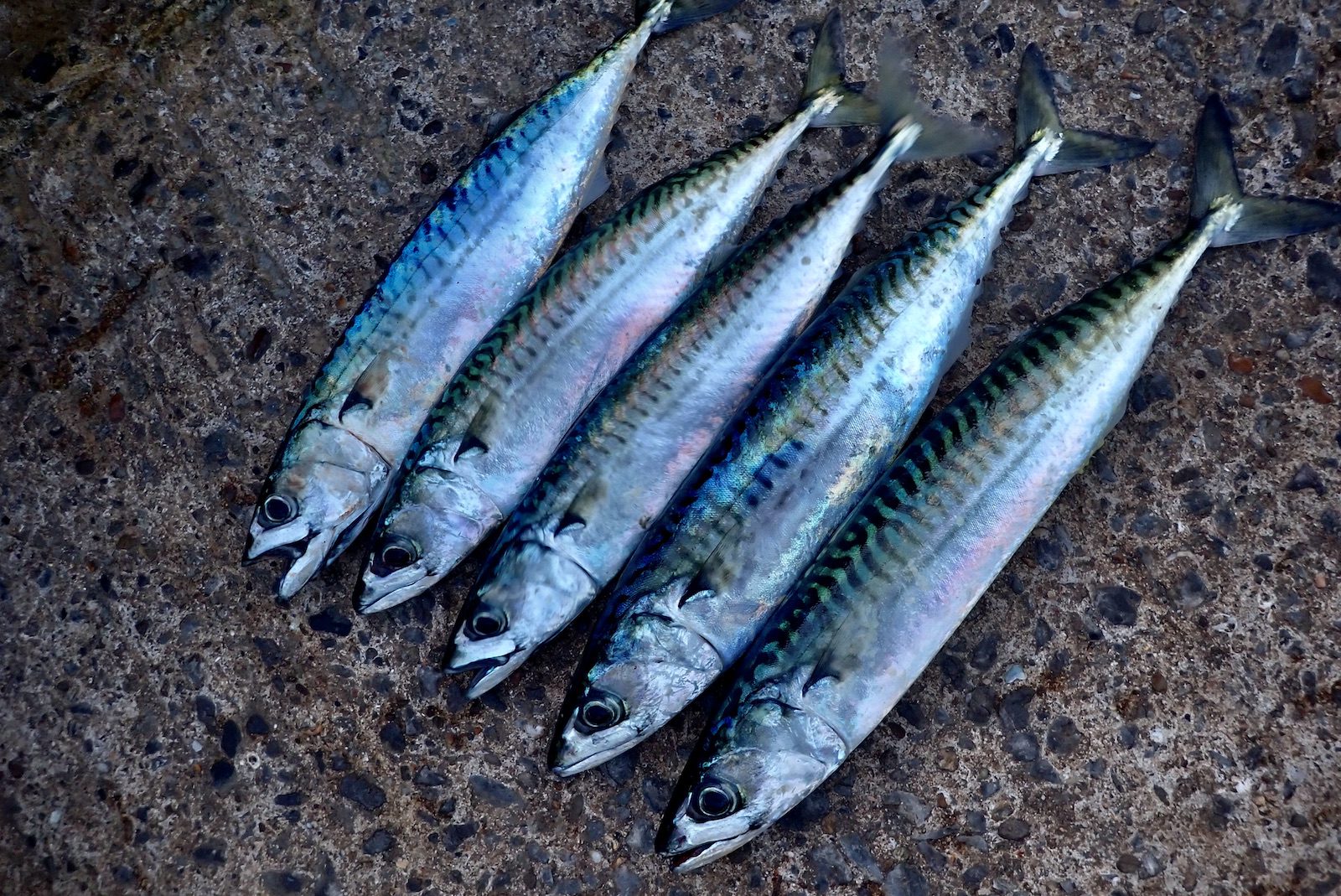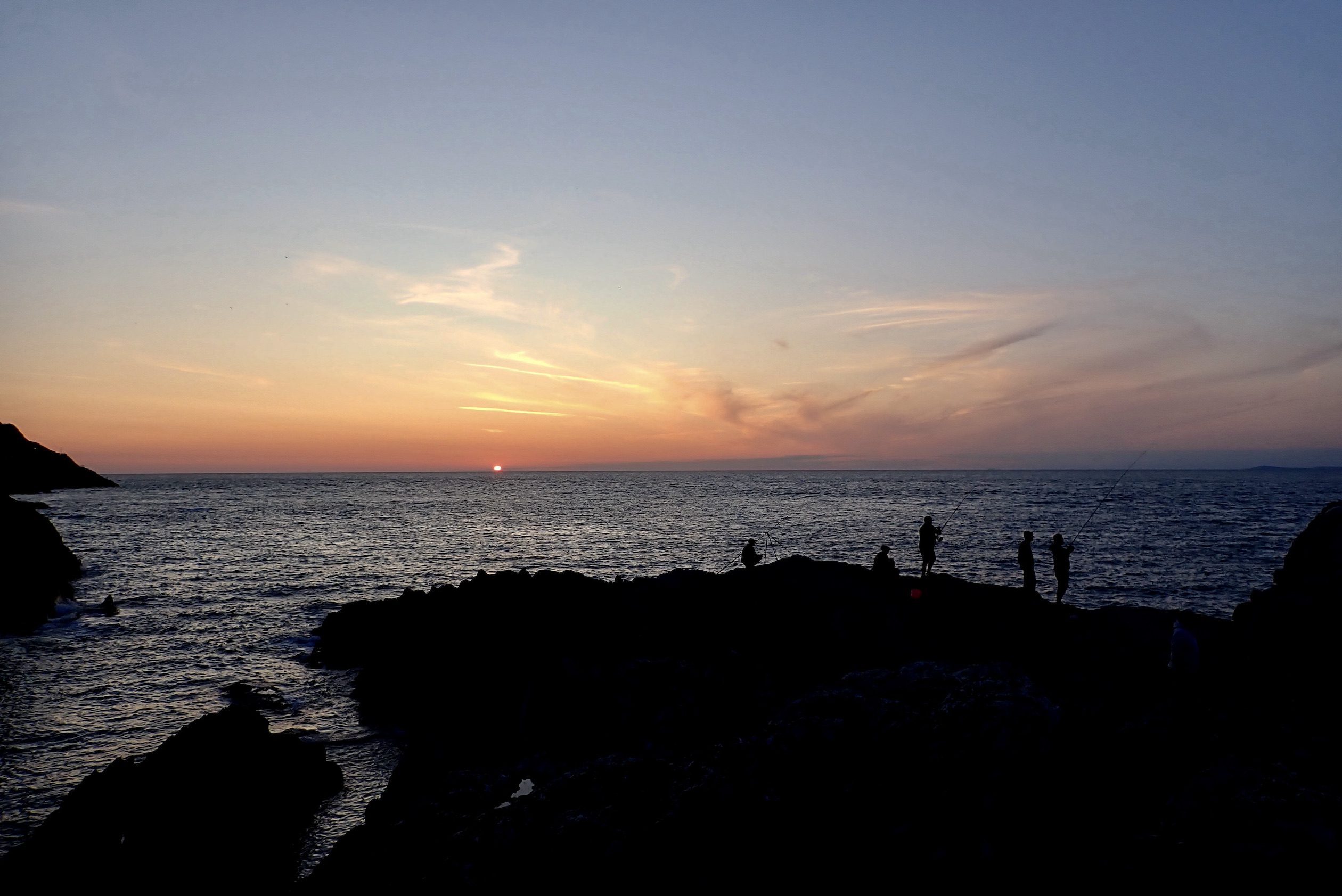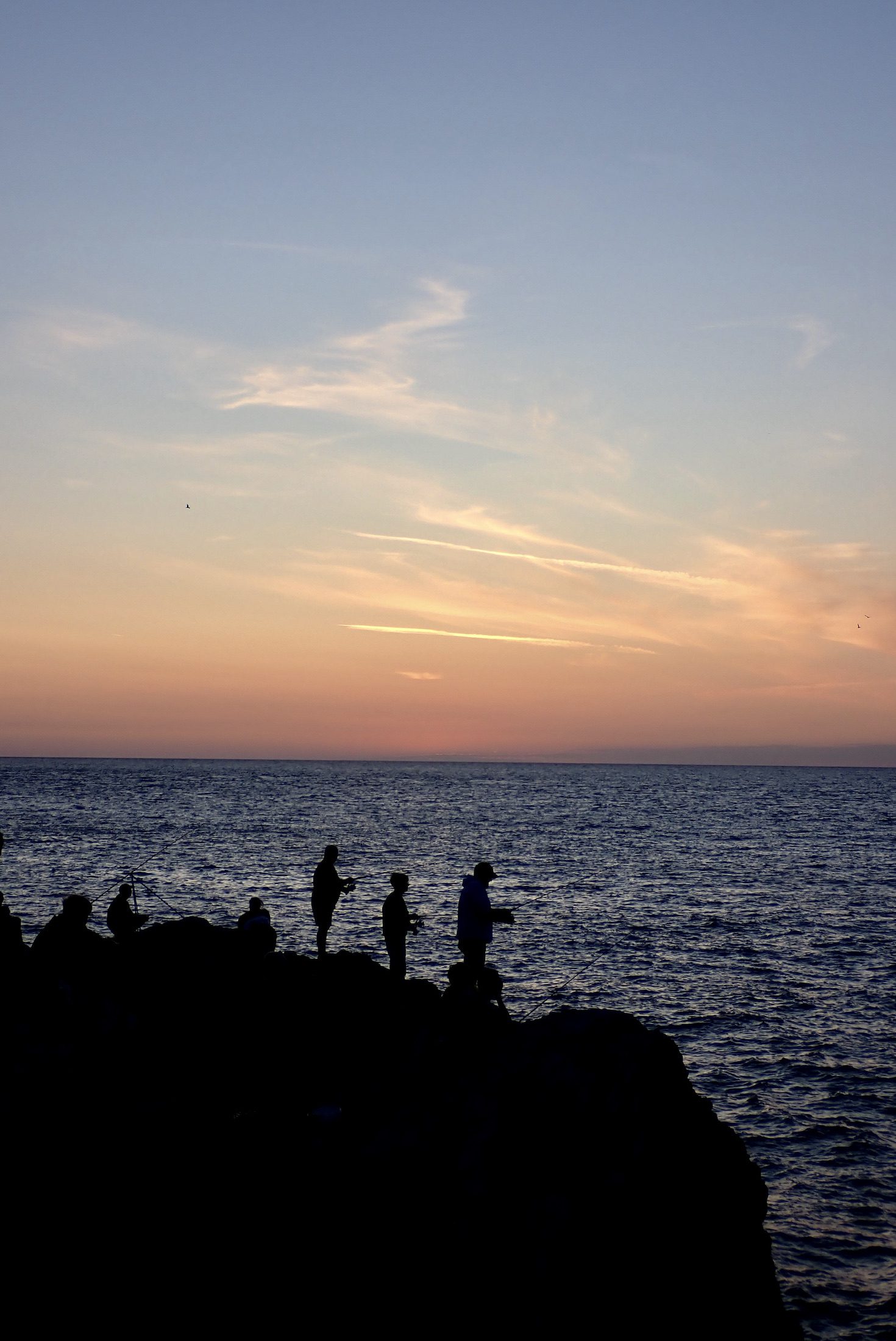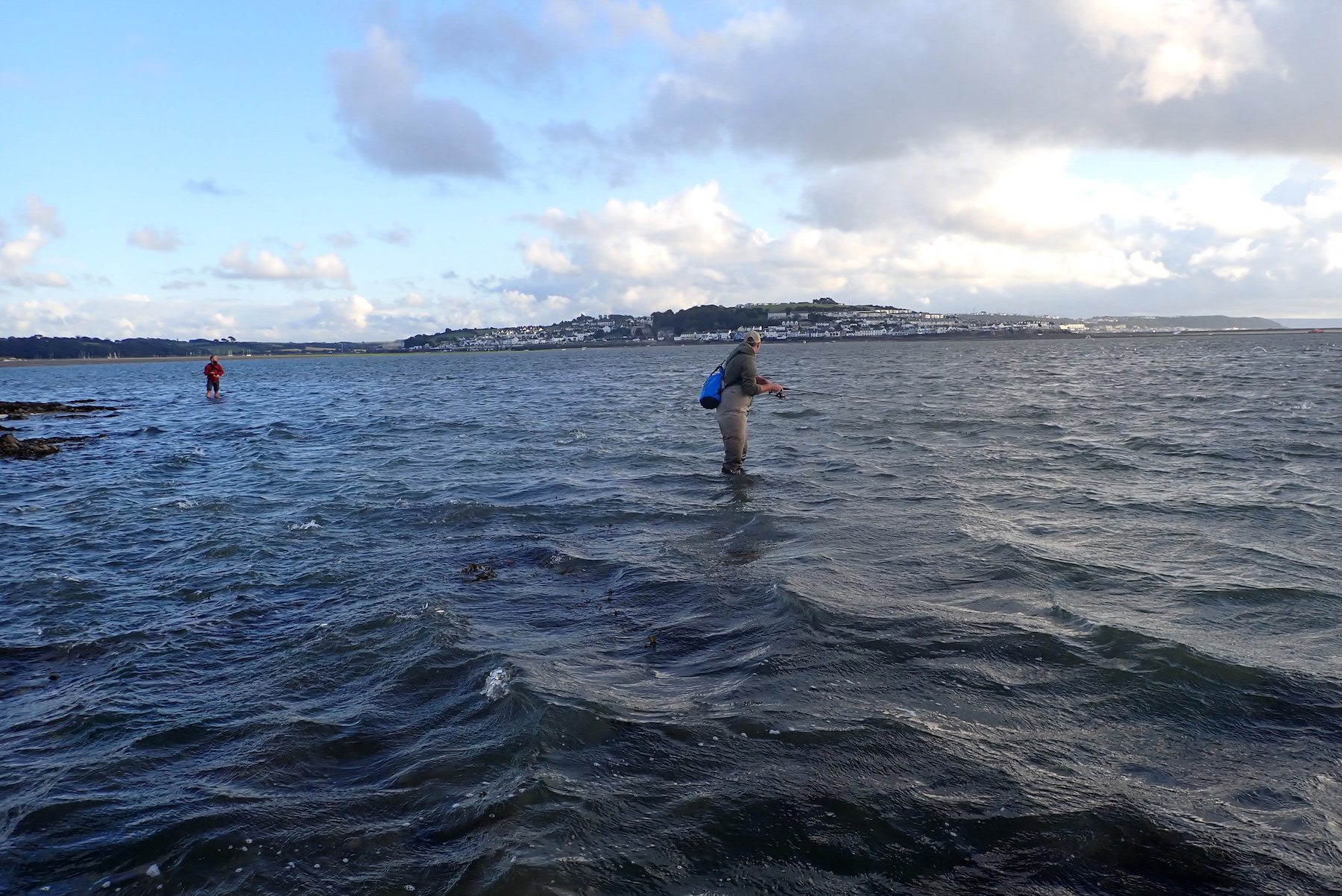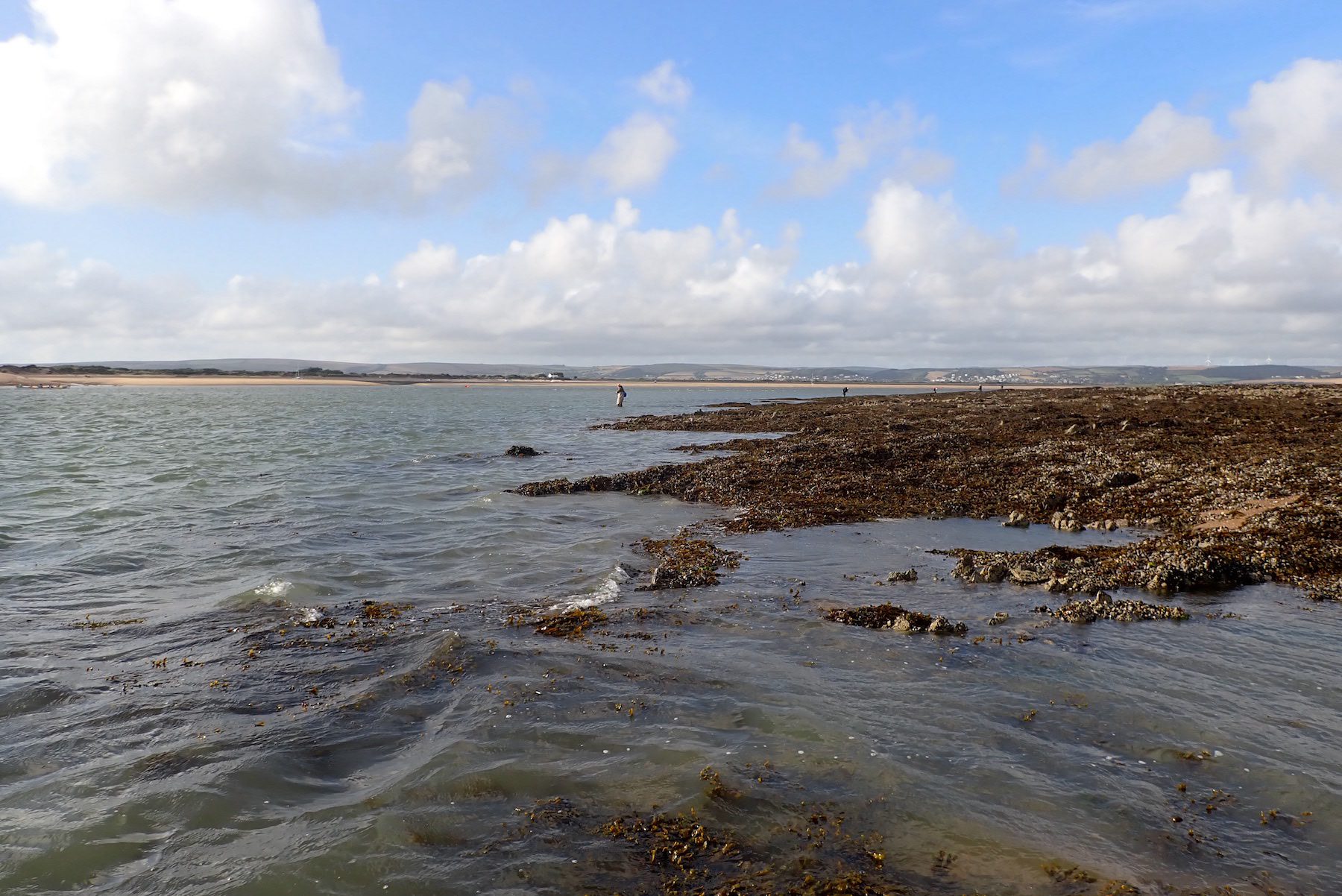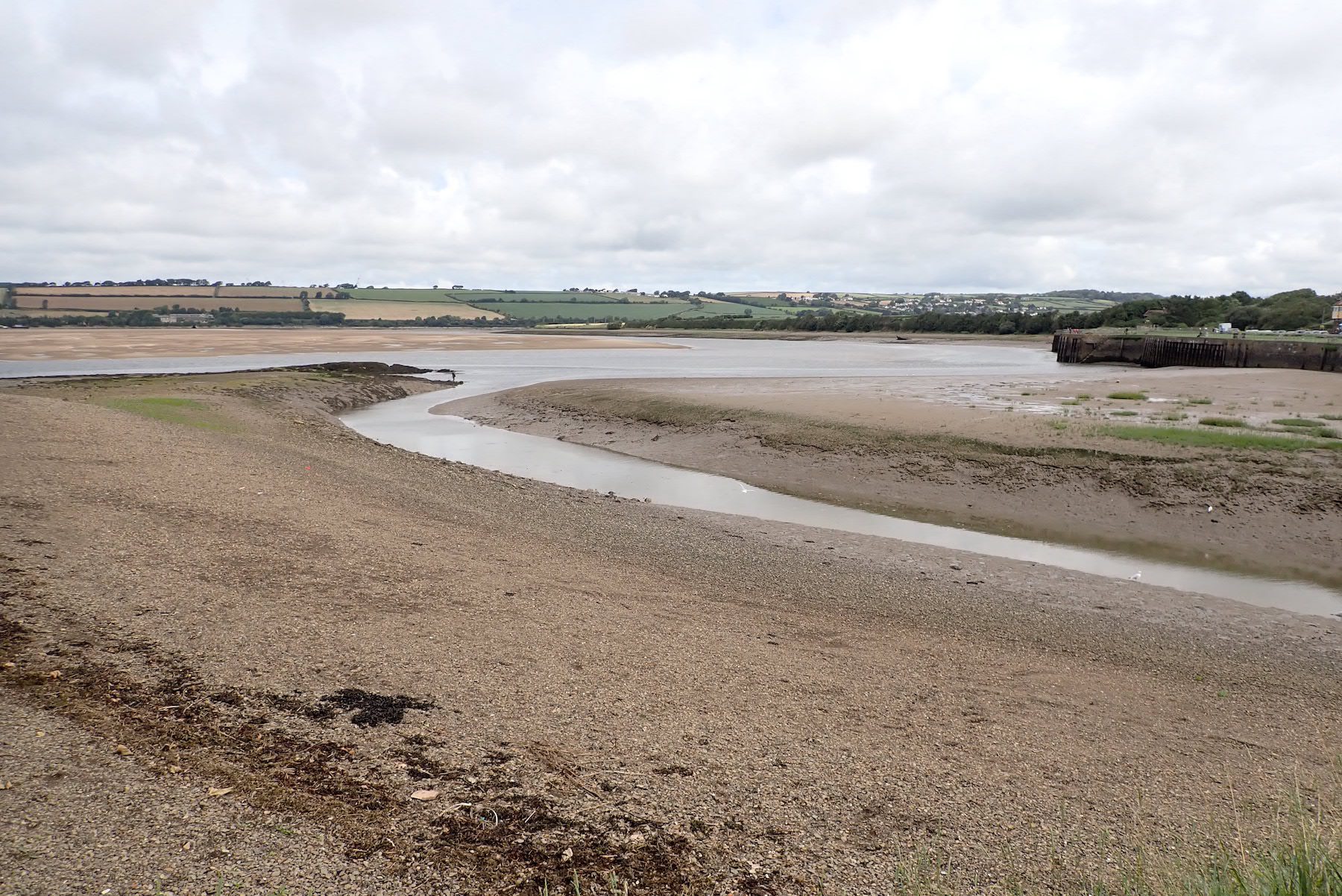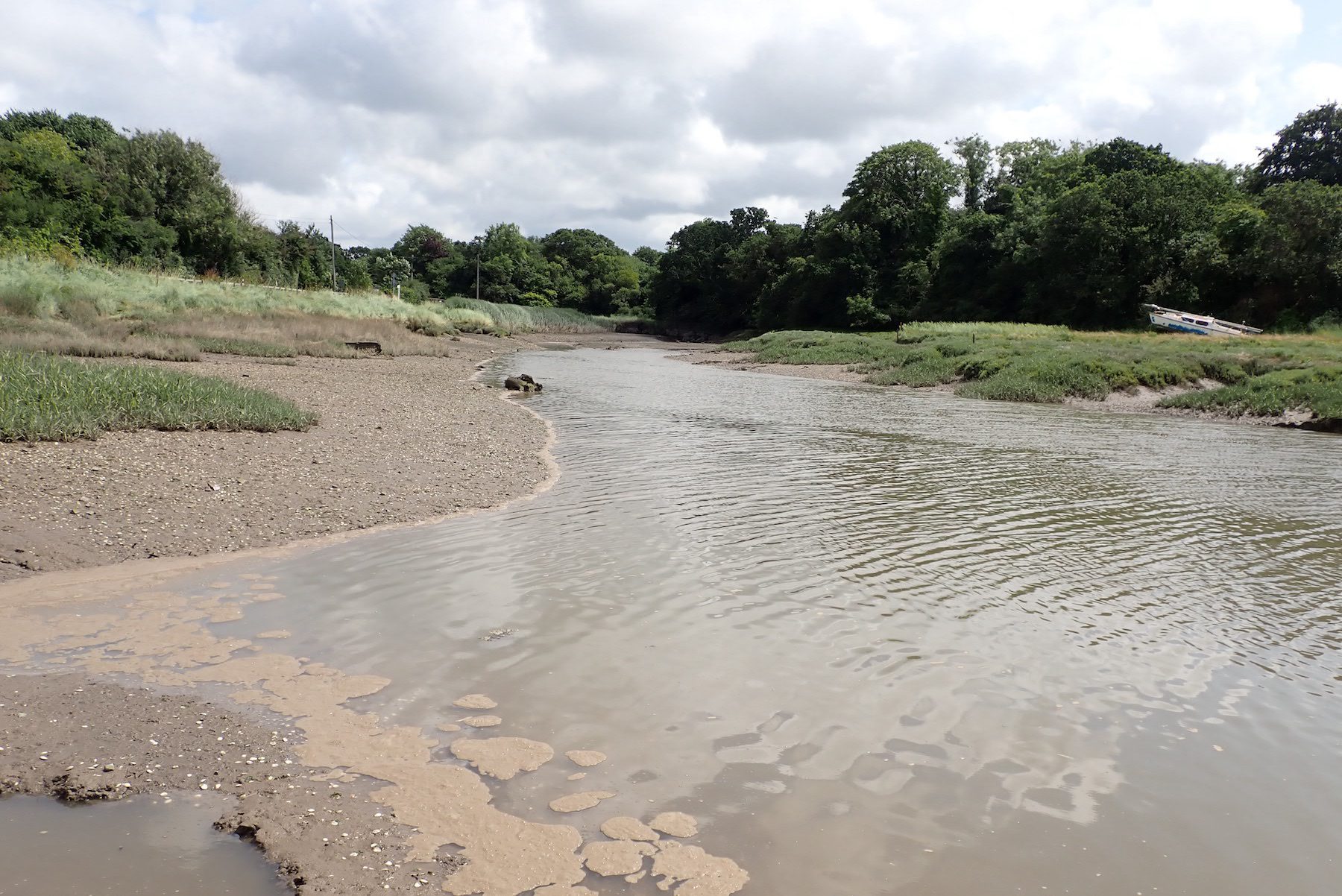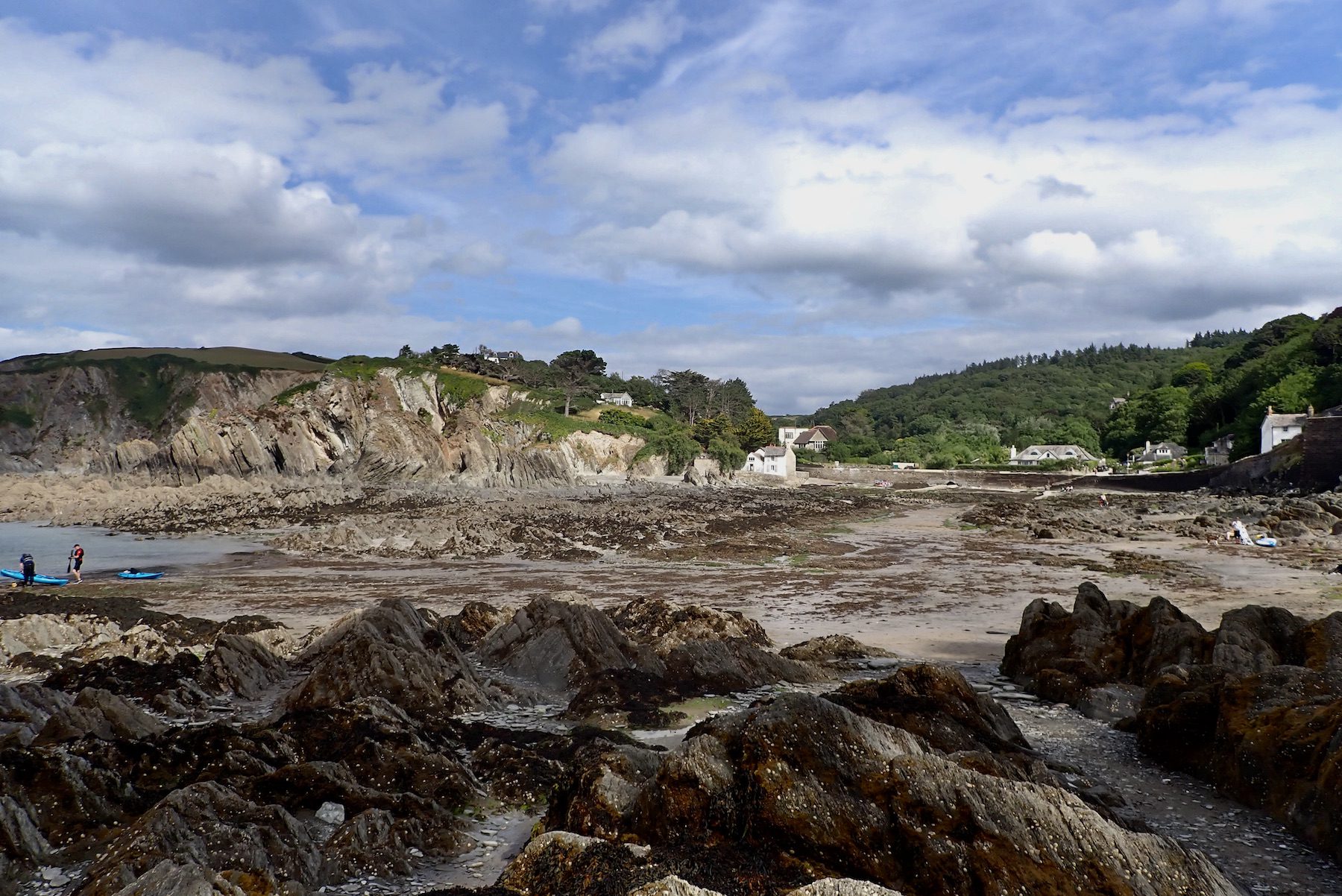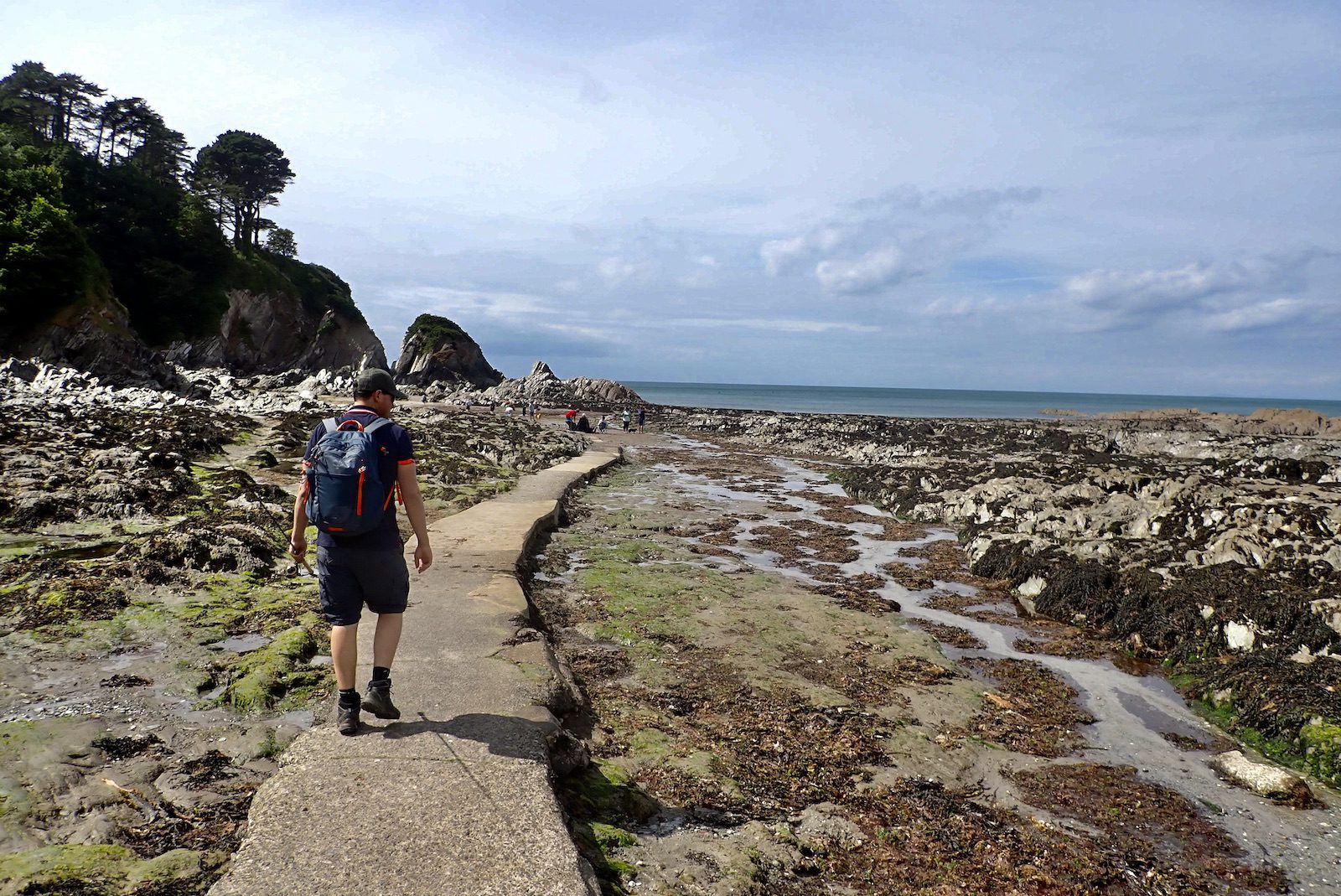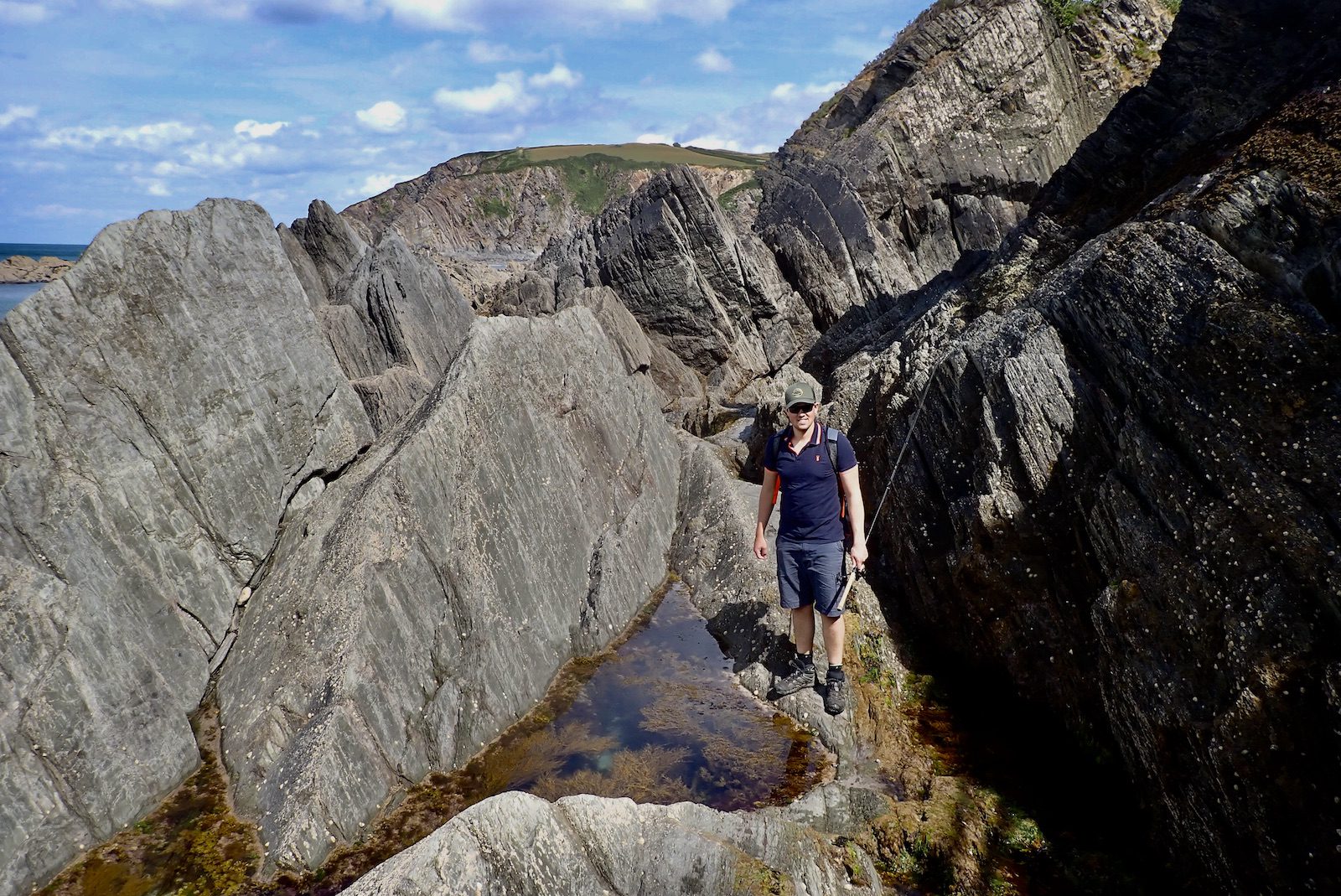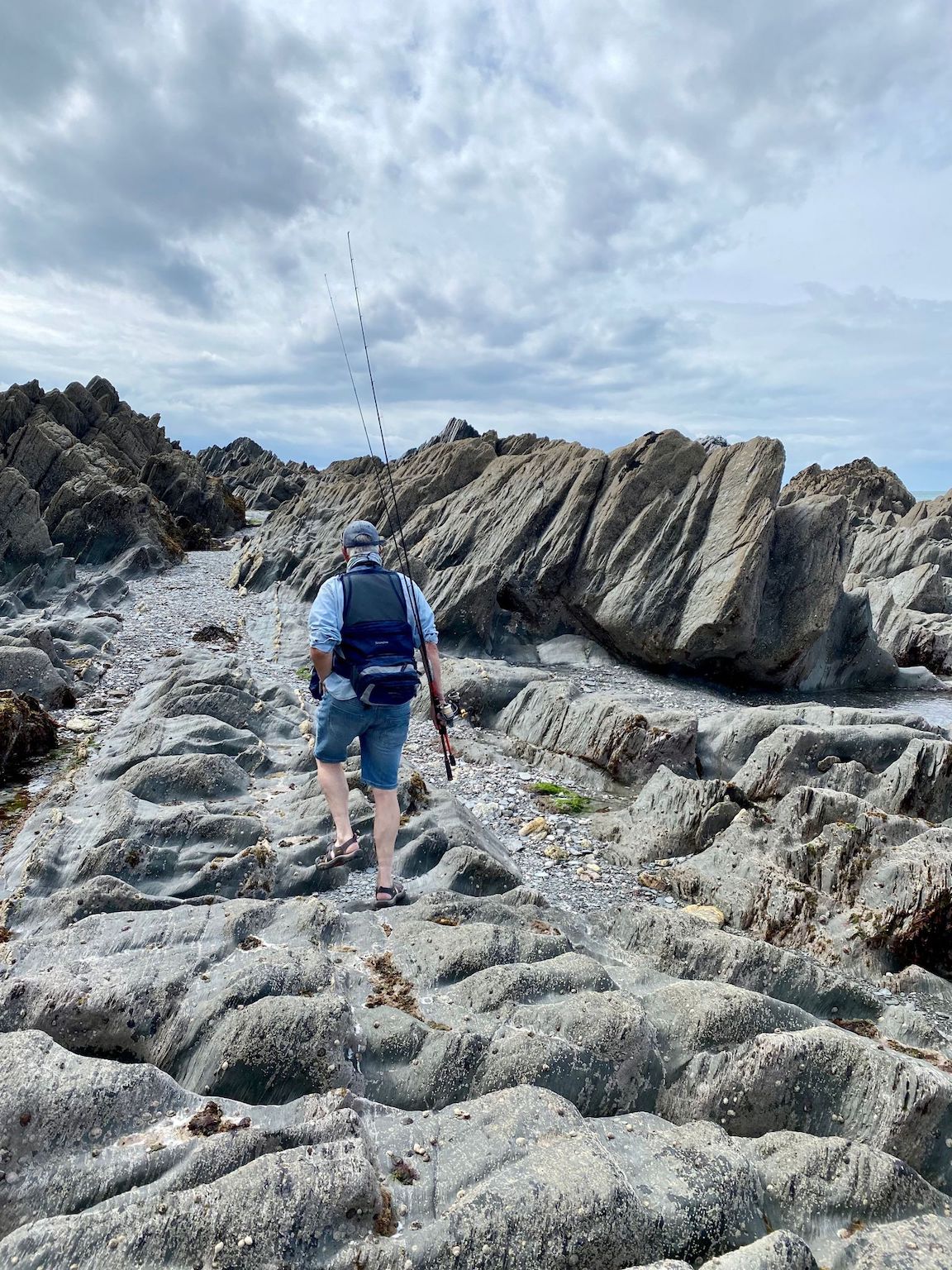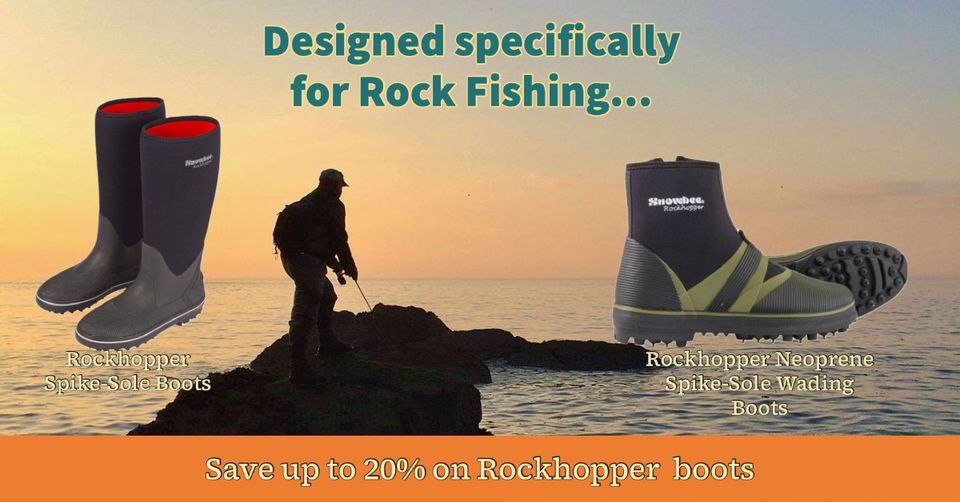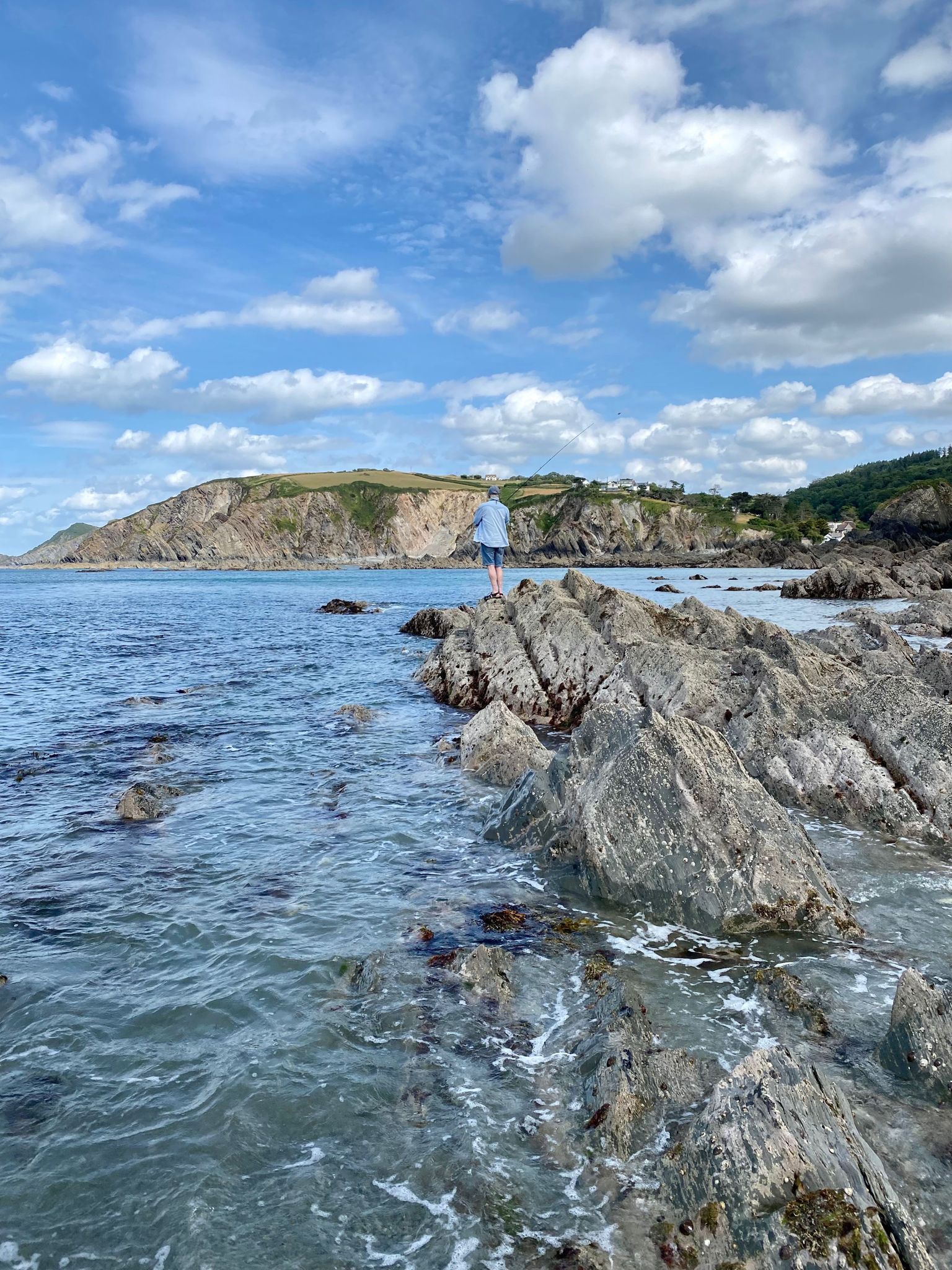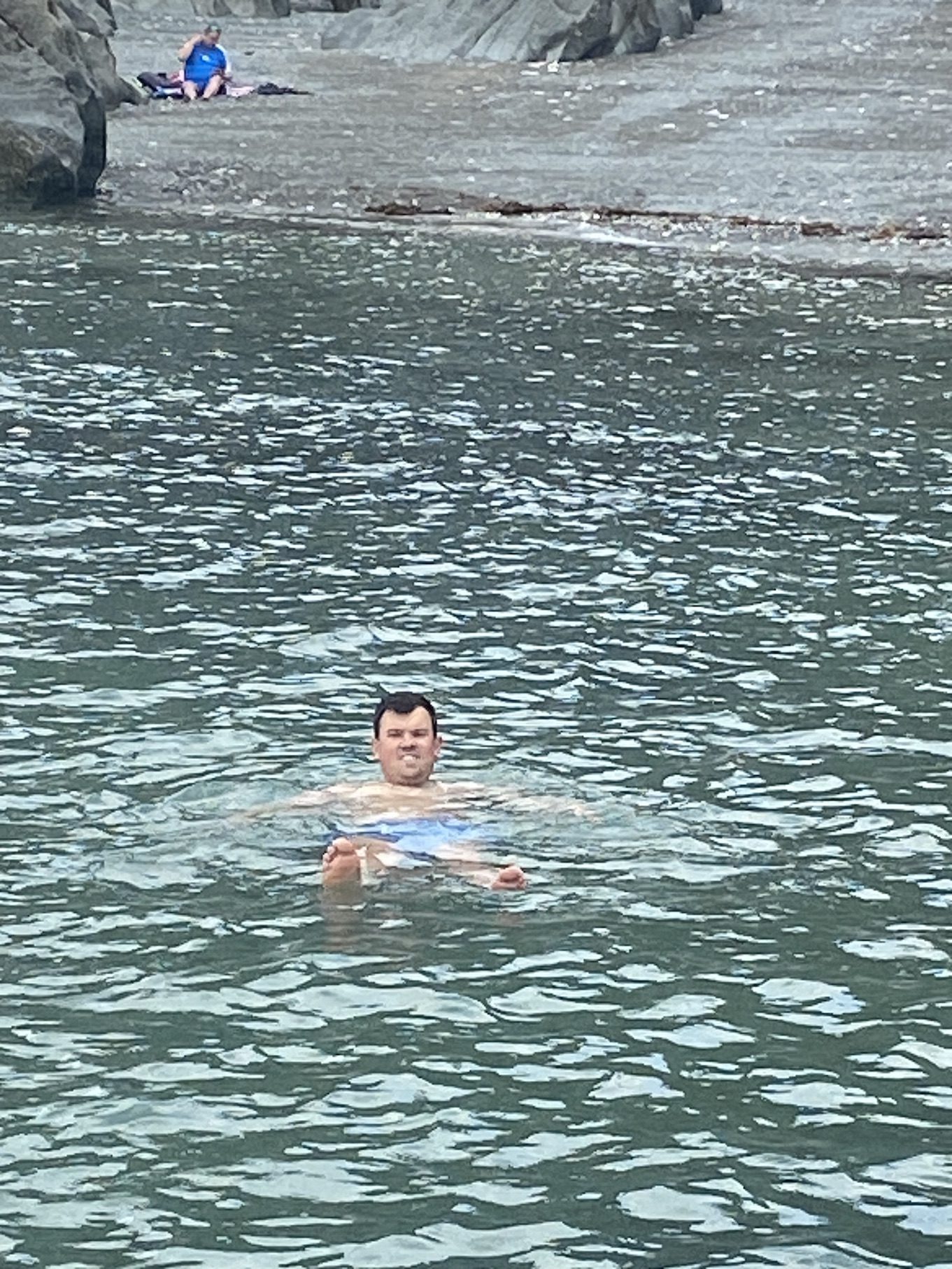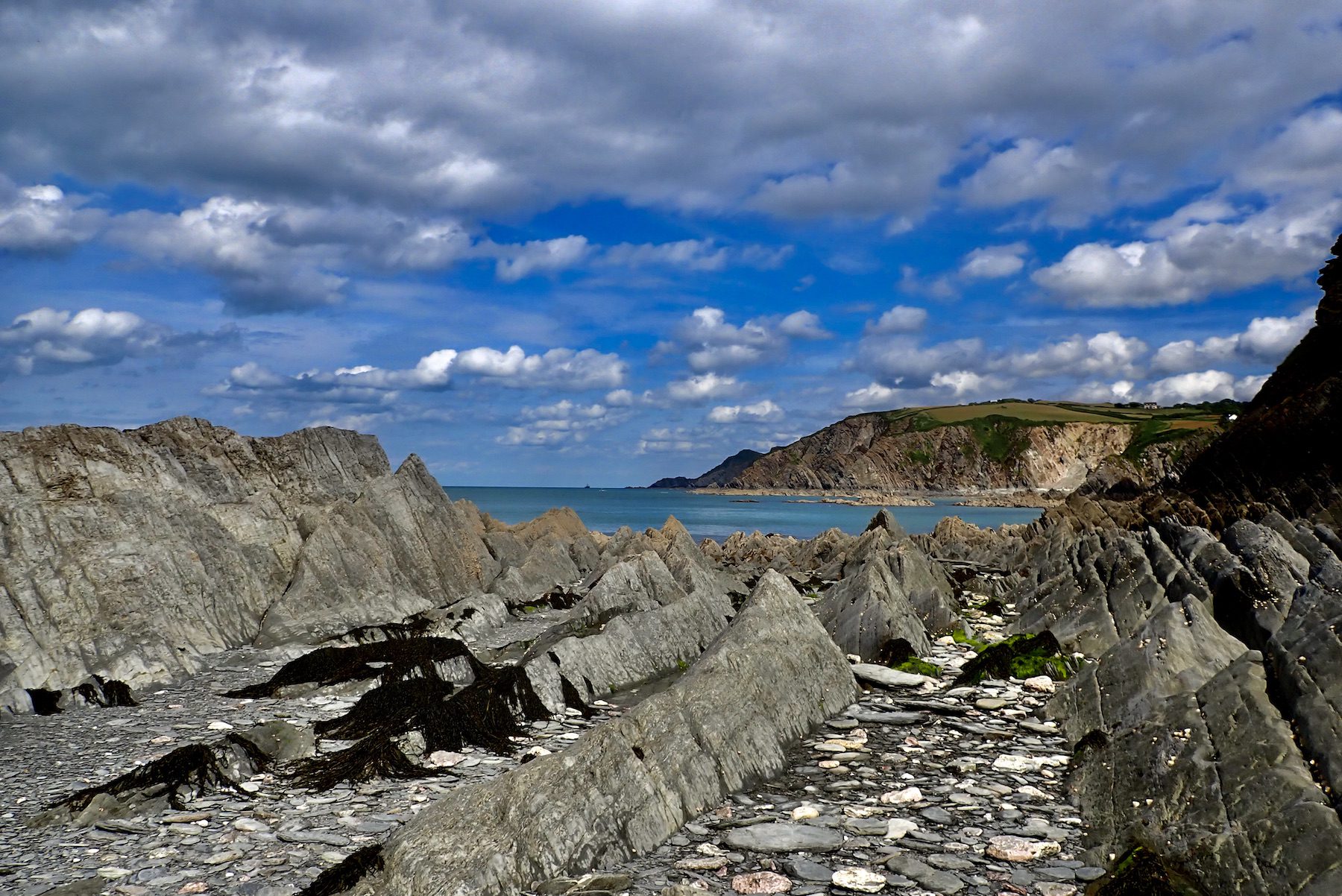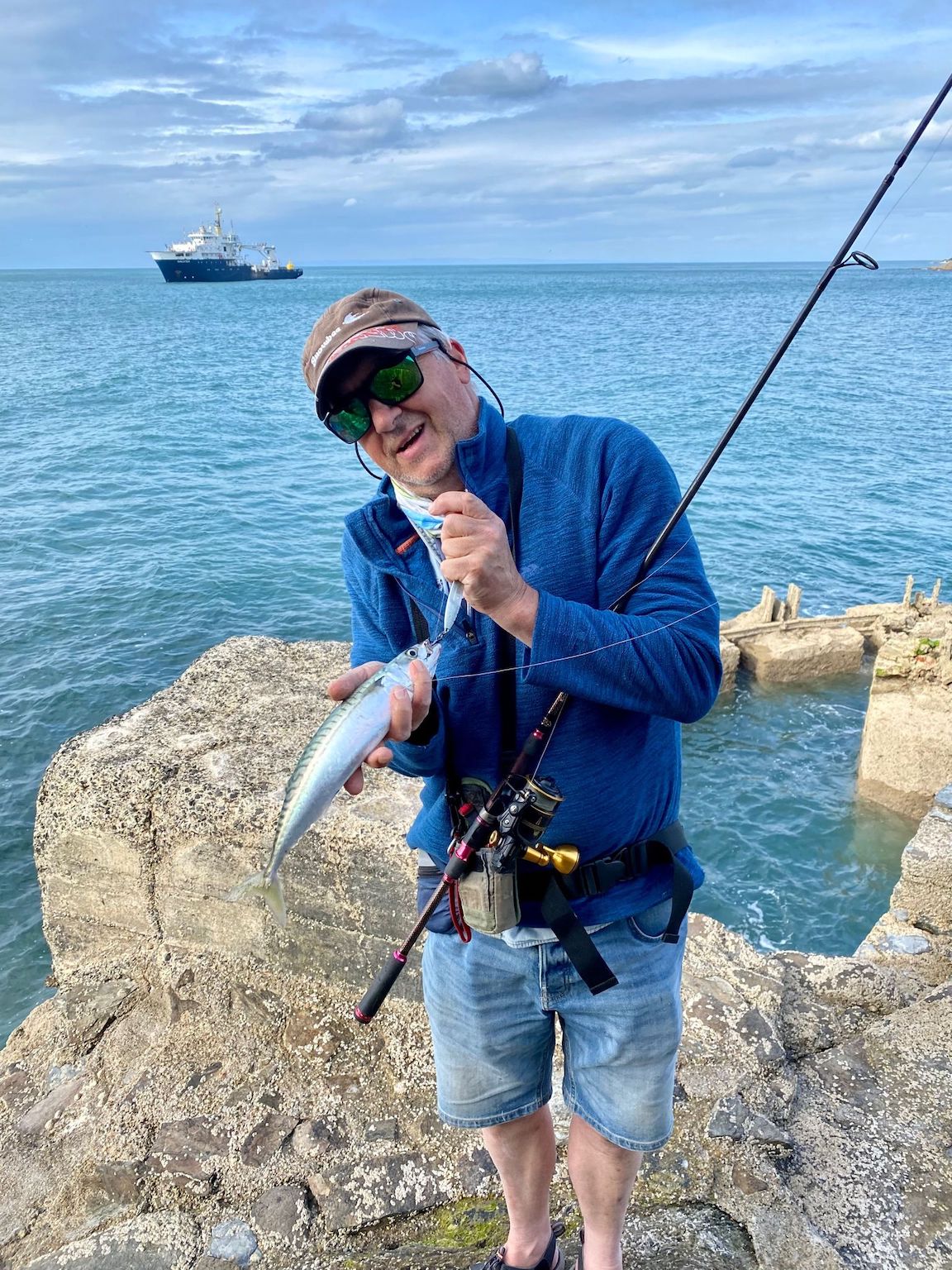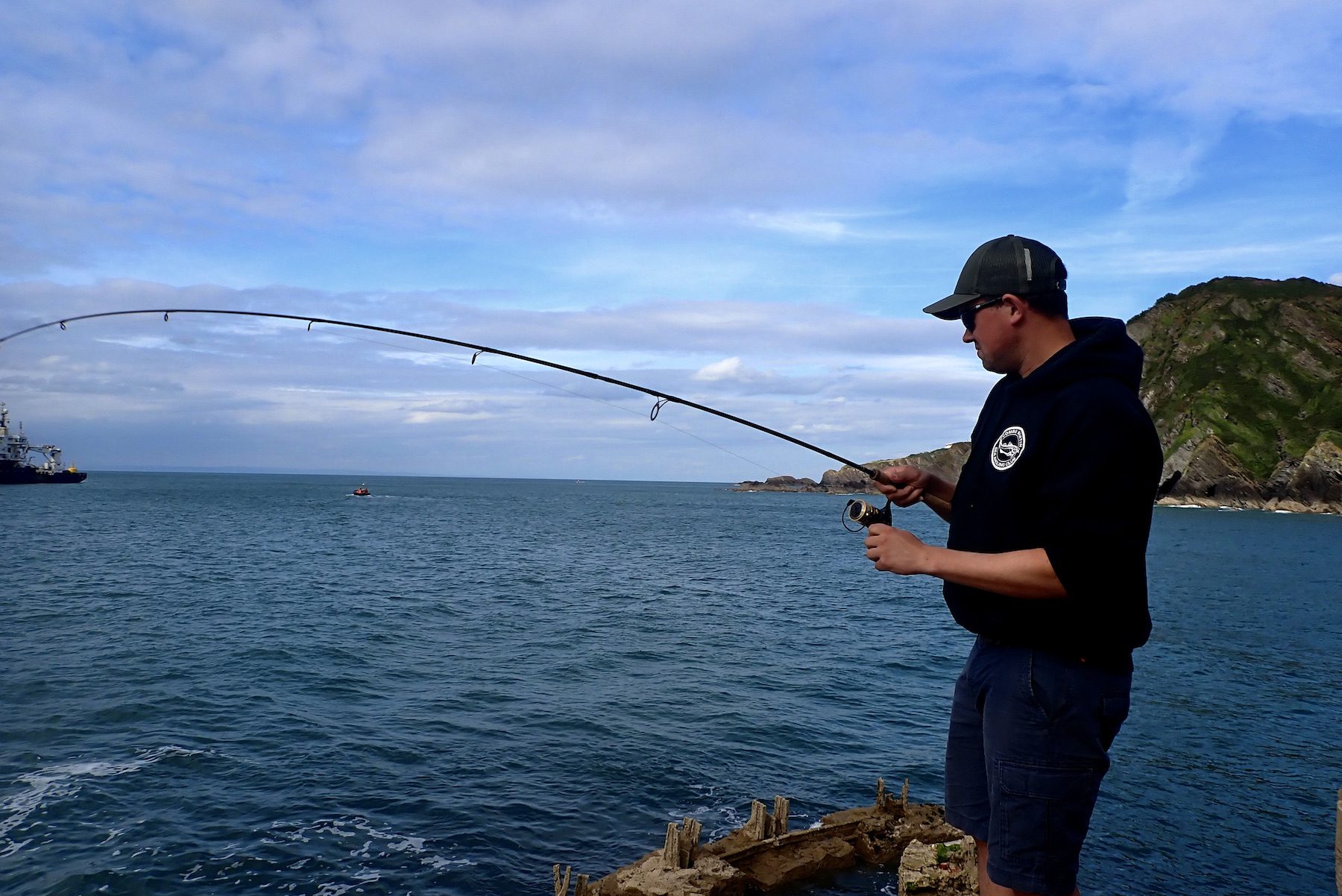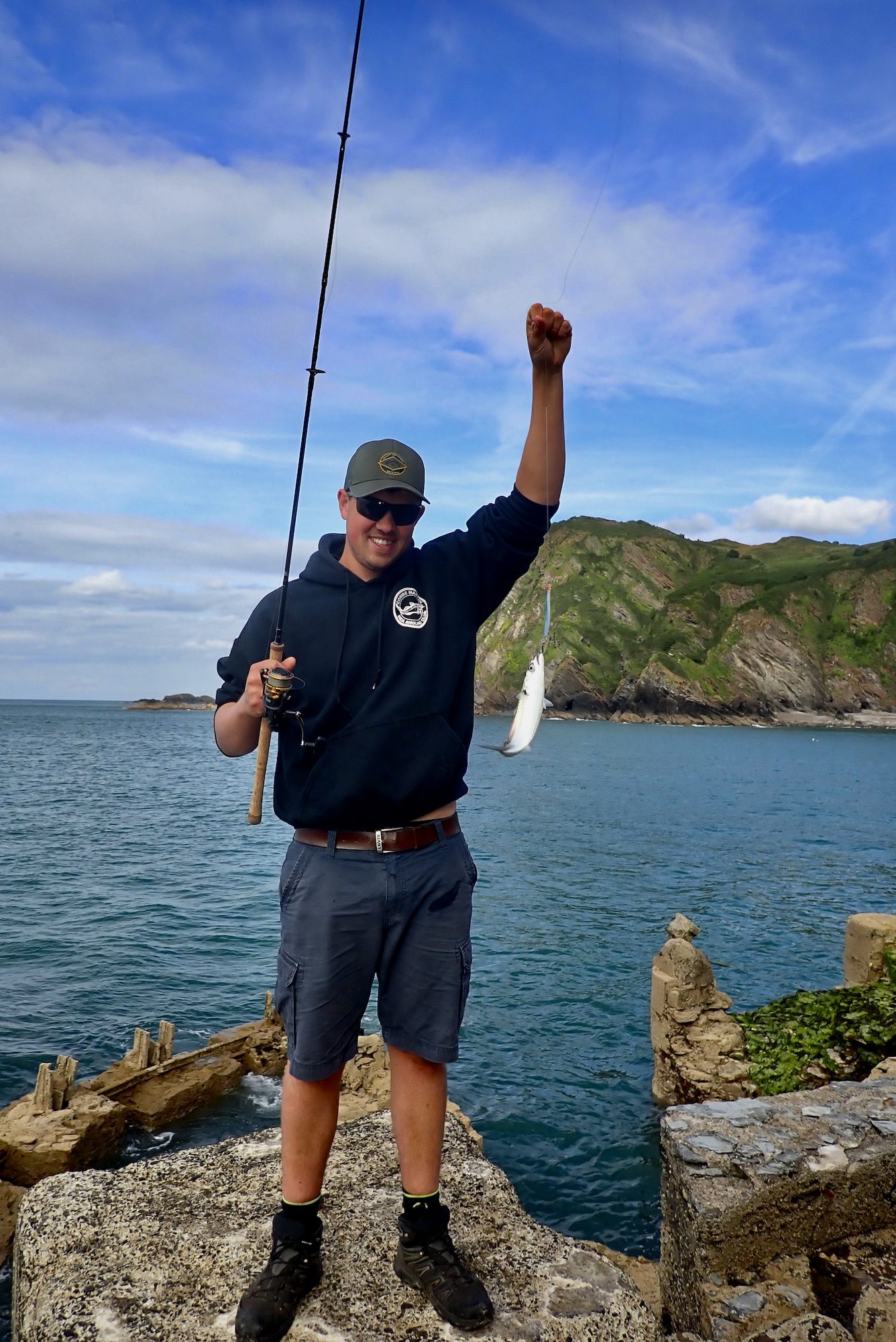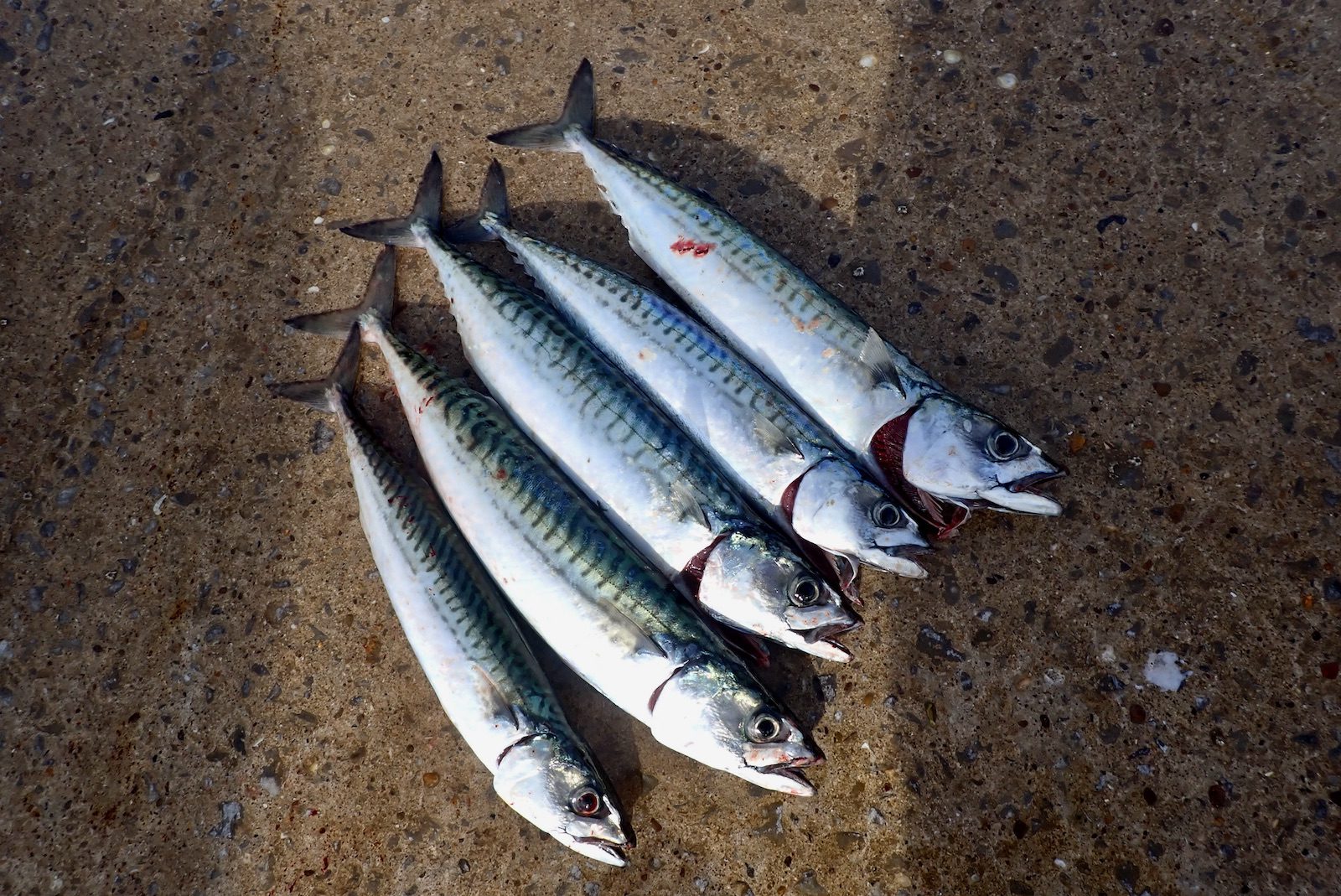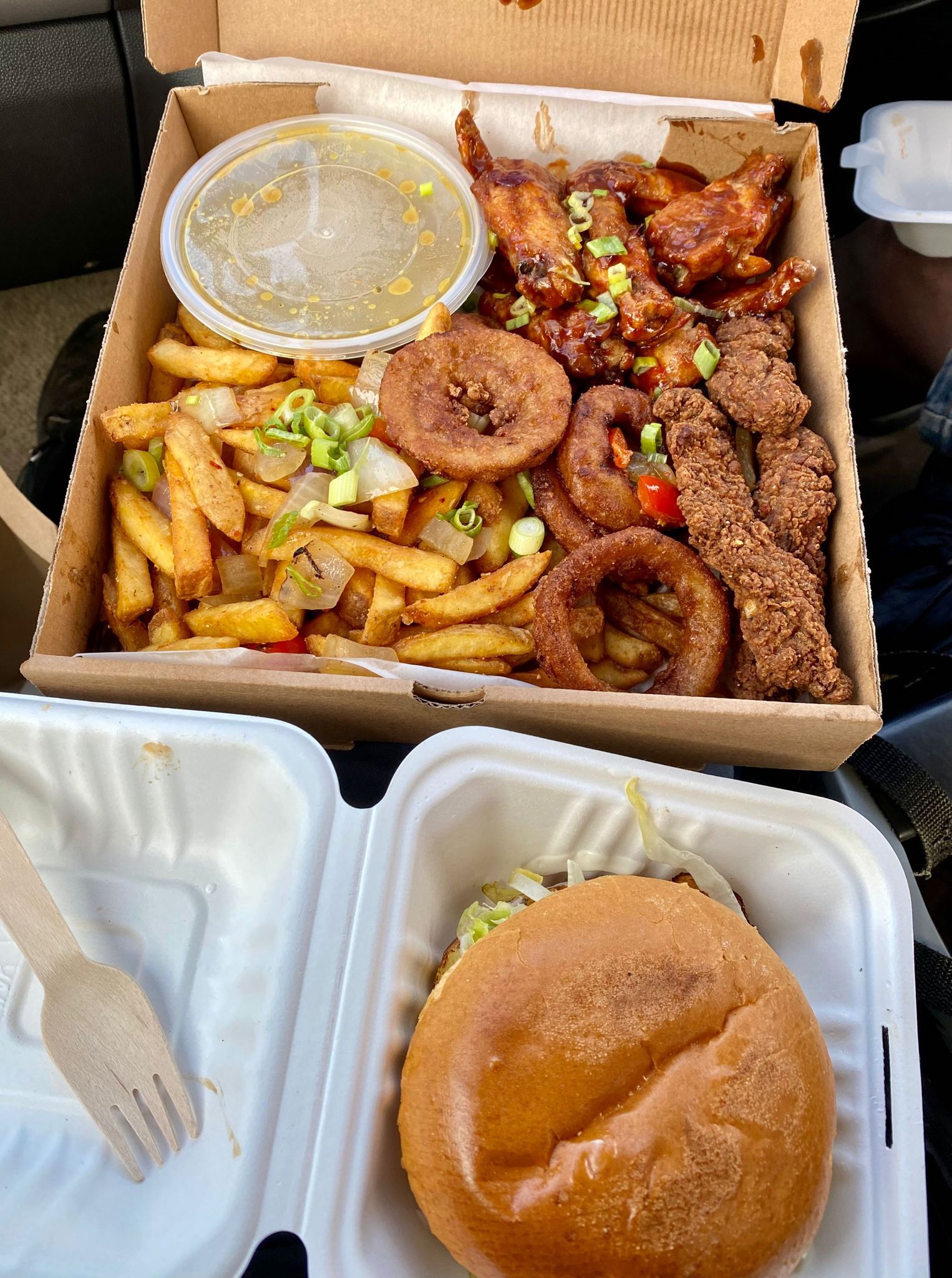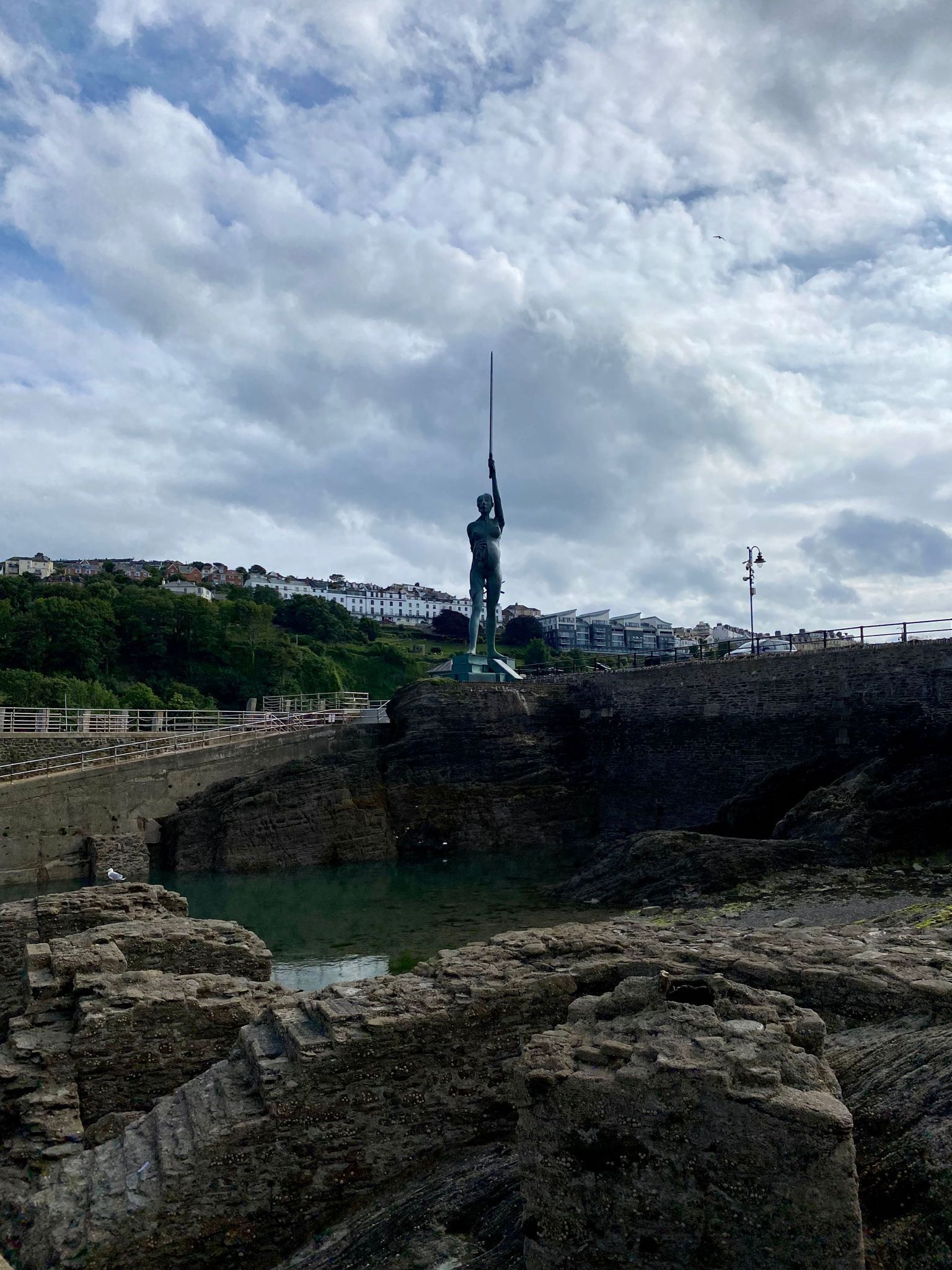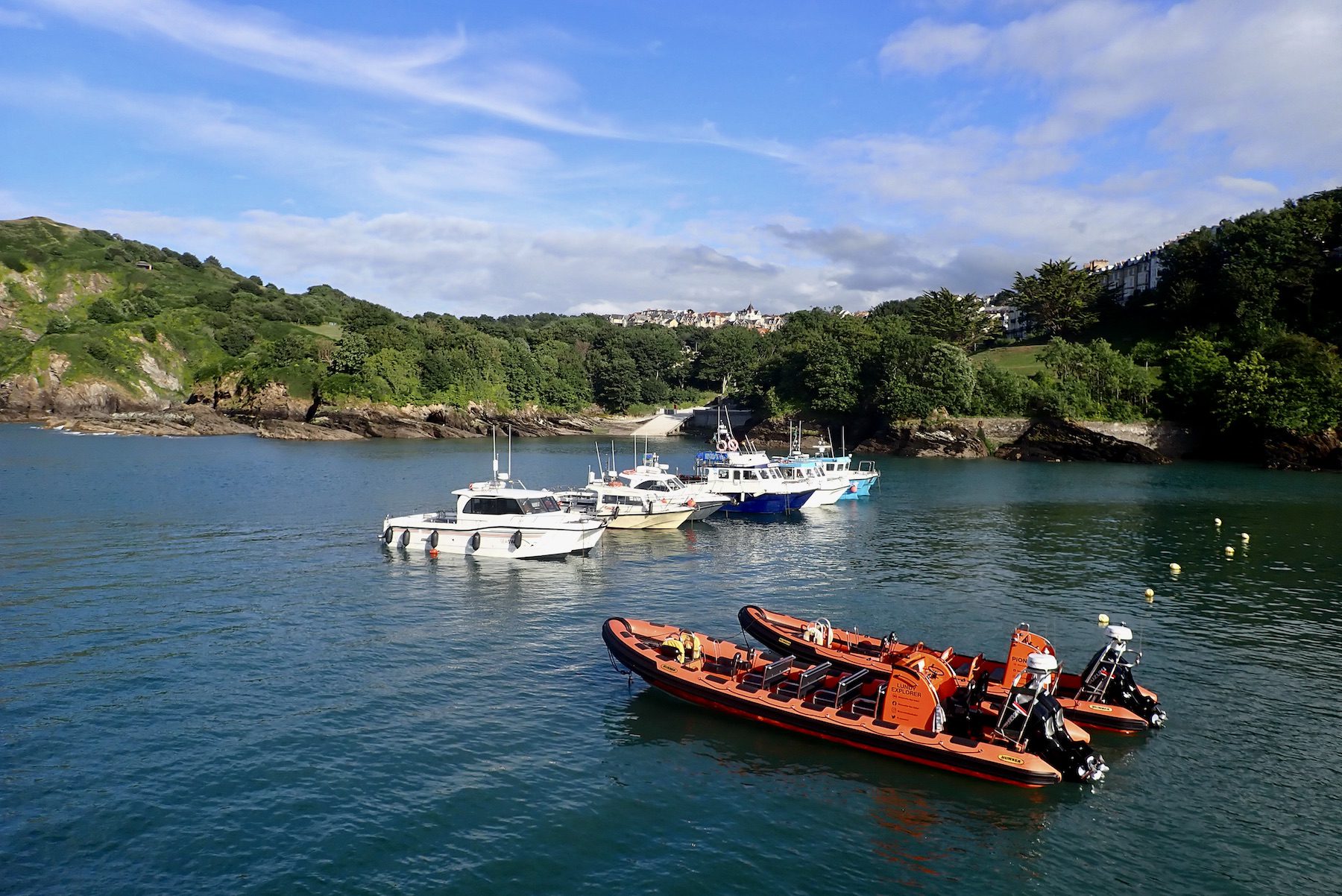On October 6th North Devon Angling News will be hosting a screening of Riverwoods supported by the National Trust and Adrian Bryant from Braunton’s Countrywise Centre . The film is an evocative documentary highlighting the decline of salmon and how this catastrophic collapse of natural ecosystems can be prevented.
The film will be followed by short presentations from National Trust Wetlands Ranger James Thomas and Wayne Thomas talking from the heart about salmon populations across the West Country. Refreshments will be provided to enjoy with discussion and debate around the issues raised.
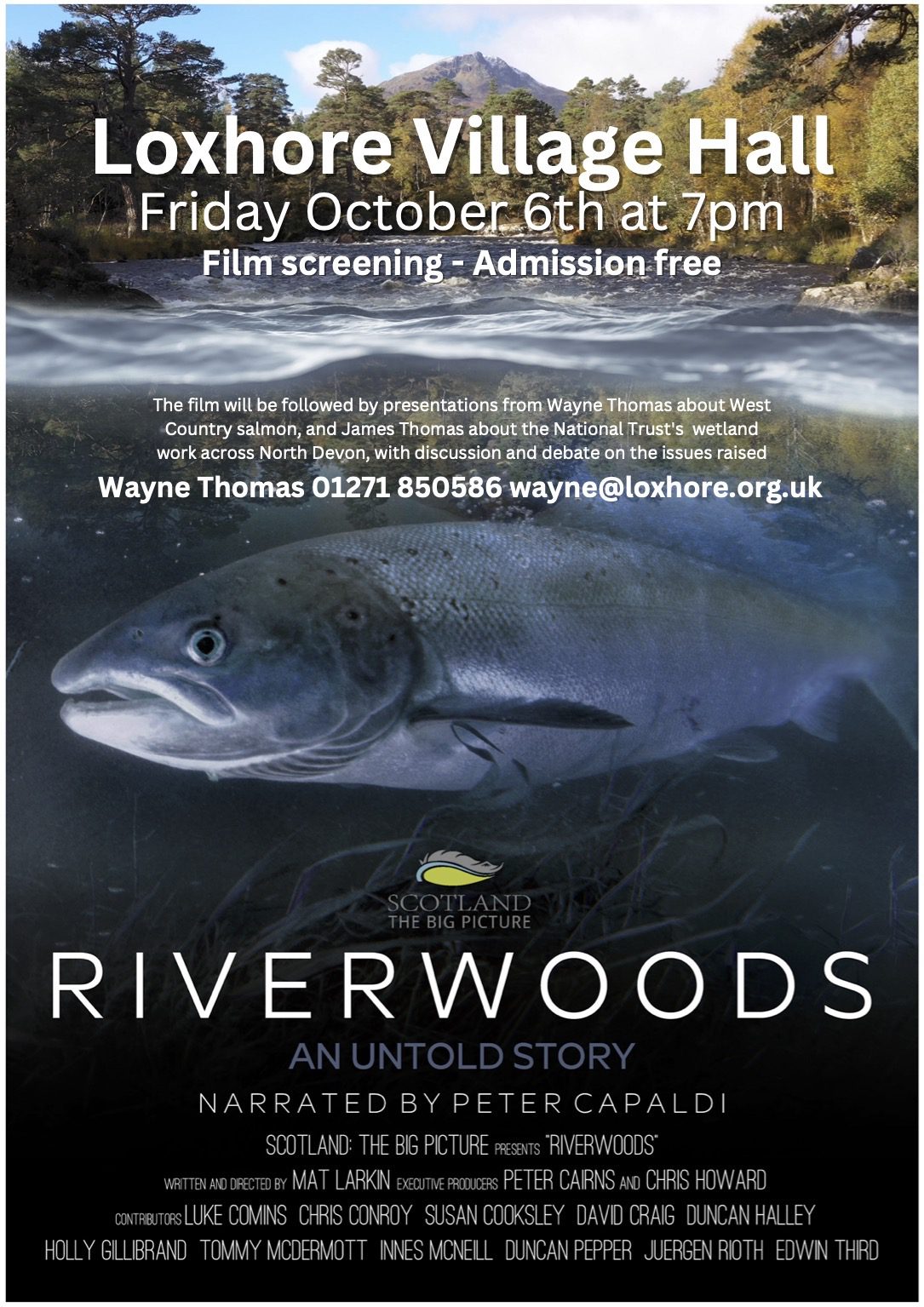 THE CHALLENGE – SALMON IN HOT WATER
THE CHALLENGE – SALMON IN HOT WATER
Over many centuries, the loss of natural woodlands alongside rivers has profoundly changed their ability to support the salmon runs that once flourished. Today, many of Scotland’s rivers run through bare, treeless glens, reflecting the ecological decline that we have come to accept as normal.
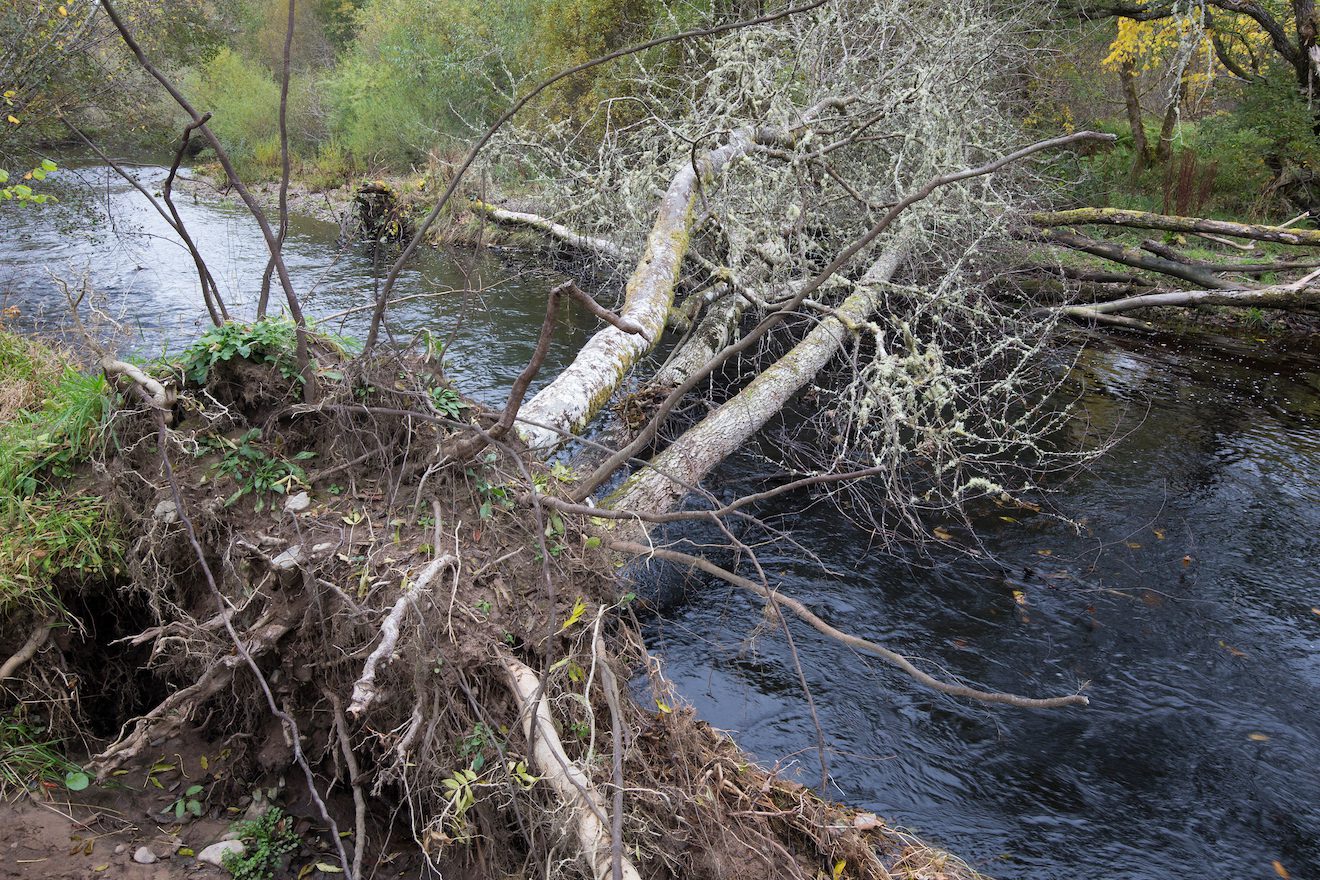
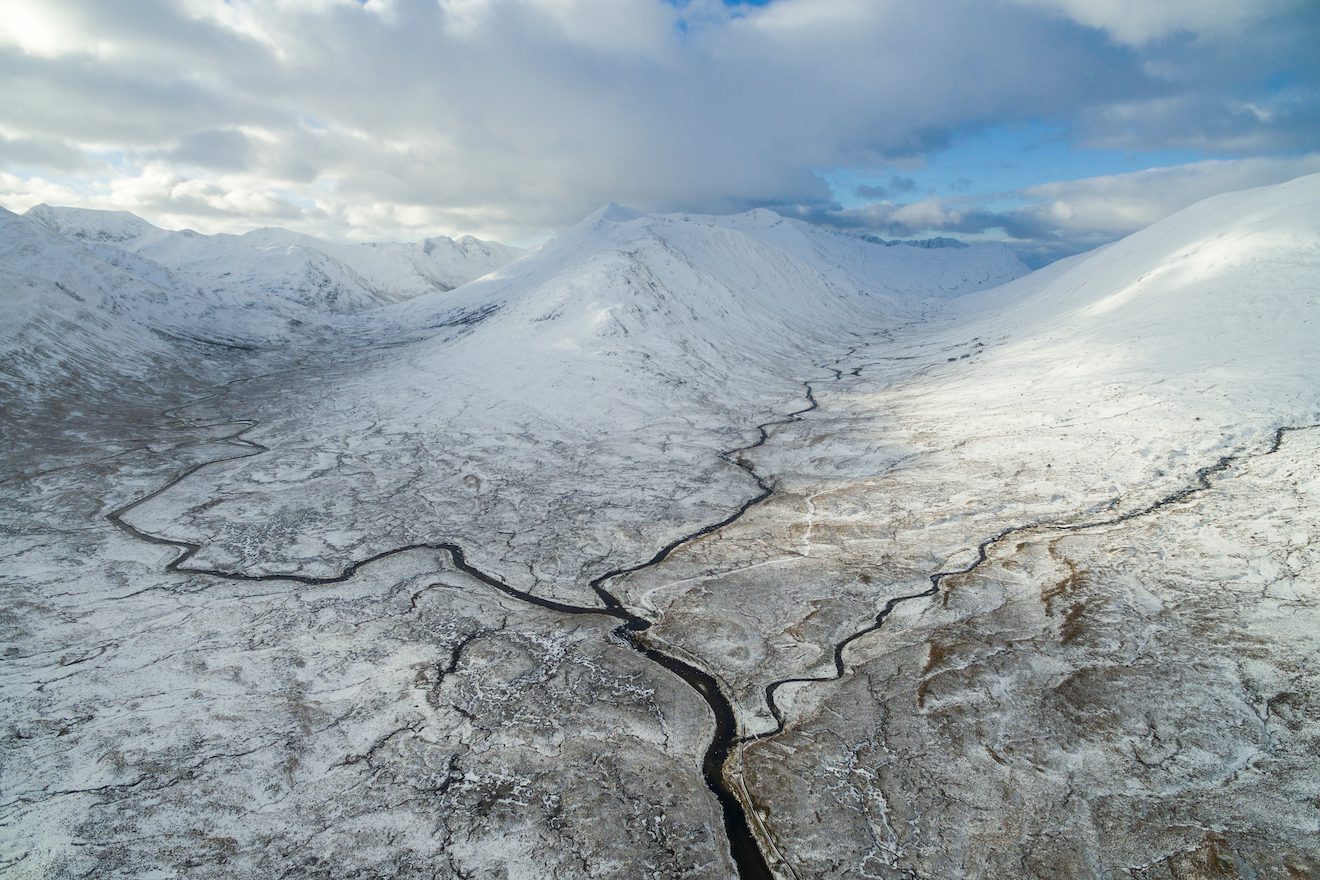
Within those rivers, the King of Fish is in crisis. Atlantic salmon rely on cold, clean water and are susceptible to pollution, abstraction and rising river temperatures due in part, to a lack of river woodlands that would once have shaded and nourished our rivers.
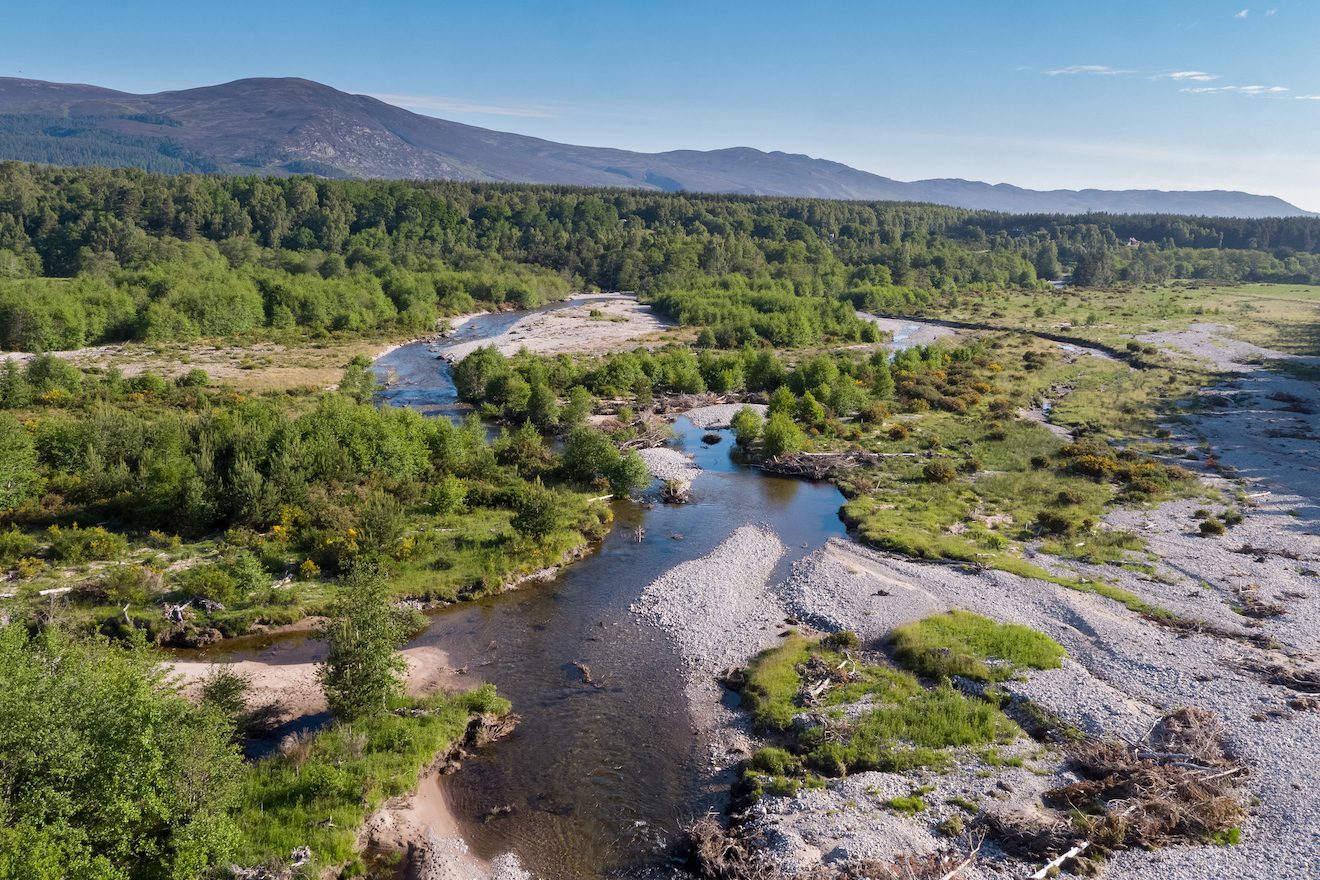
Restoring a rich mosaic of woodland habitats to Scotland’s river catchments is a vital step in providing food and sanctuary to young salmon, giving them the best chance of migrating to sea before returning as titanic adults to their natal river to give life to the next generation.
Fast facts:
- Only 3% of Scotland’s native woodland remains.
- More than 90% of all living Atlantic salmon measure under 12cm, making young fish in particular, susceptible to rising river temperatures.
- Salmon eggs can survive water temperatures up to 16c. In a changing climate and without the shade afforded by trees, recorded water temperatures in some of Scotland’s rivers are exceeding the lethal limit for Atlantic salmon.
- At any given time, 90% of the world’s salmon exist in rivers, placing an emphasis on restoring their freshwater habitat.
- In the 1960s, 30% of adult salmon returned from the sea to spawn; today that figure is 3%.
RIVERWOODS – the initiative
Riverwoods is a broad partnership of organisations, focused on restoring a network of riparian woodland* and healthy river systems throughout Scotland, and increasing the ecological connectivity between land and rivers.
Learn more here: https://www.riverwoods.org.uk/
*Riparian woodland includes trees and woods within a river catchment, that influence river processes such as recycling nutrients, storing carbon and regulating water temperature, and flow. This includes instream woody structures, gorge and floodplain woodlands, wet and bog woodlands, and those far beyond the riverbank that still shape and govern river processes.

Why are river woodlands special?
Native trees and shrubs next to rivers, streams and lochs perform a range of vital functions. They provide shade, which helps regulate the temperature of the water; their roots stabilise riverbanks and offer vital shelter to young fish; leaves and insects falling into the water provide a valuable food source for a range of aquatic creatures, and a rich tapestry of vegetation locks away carbon, filters pollution and slows run-off.
RIVERWOODS – the film
The salmon need the forest. The forest needs the salmon. And Scotland needs them both.
Riverwoods is a spectacular and compelling story of Scotland’s Atlantic salmon – a fish that is the angler’s ultimate prize and a key building block in a complex forest ecosystem.
The feature-length documentary filmed and produced by rewilding charity SCOTLAND: The Big Picture,shows how Scotland’s rivers have been greatly diminished but crucially, how they could be reborn through a shared vision of restoration and recovery.
- Restoring river woodlands at a catchment scale is an effective nature-based solution to help secure the future for Atlantic salmon.
- River catchments with a mosaic of native woodland habitats, sequester carbon, reduce erosion, improve water quality and slow catchment run-off.
- The health of Scotland’s rivers and the life within them, is directly dependent on the health of the landscapes through which they flow.
- HOW YOU CAN HELP
- Tell your friends, family and work colleagues about the Riverwoods film and encourage them to attend one of the film screenings (it’s free!).
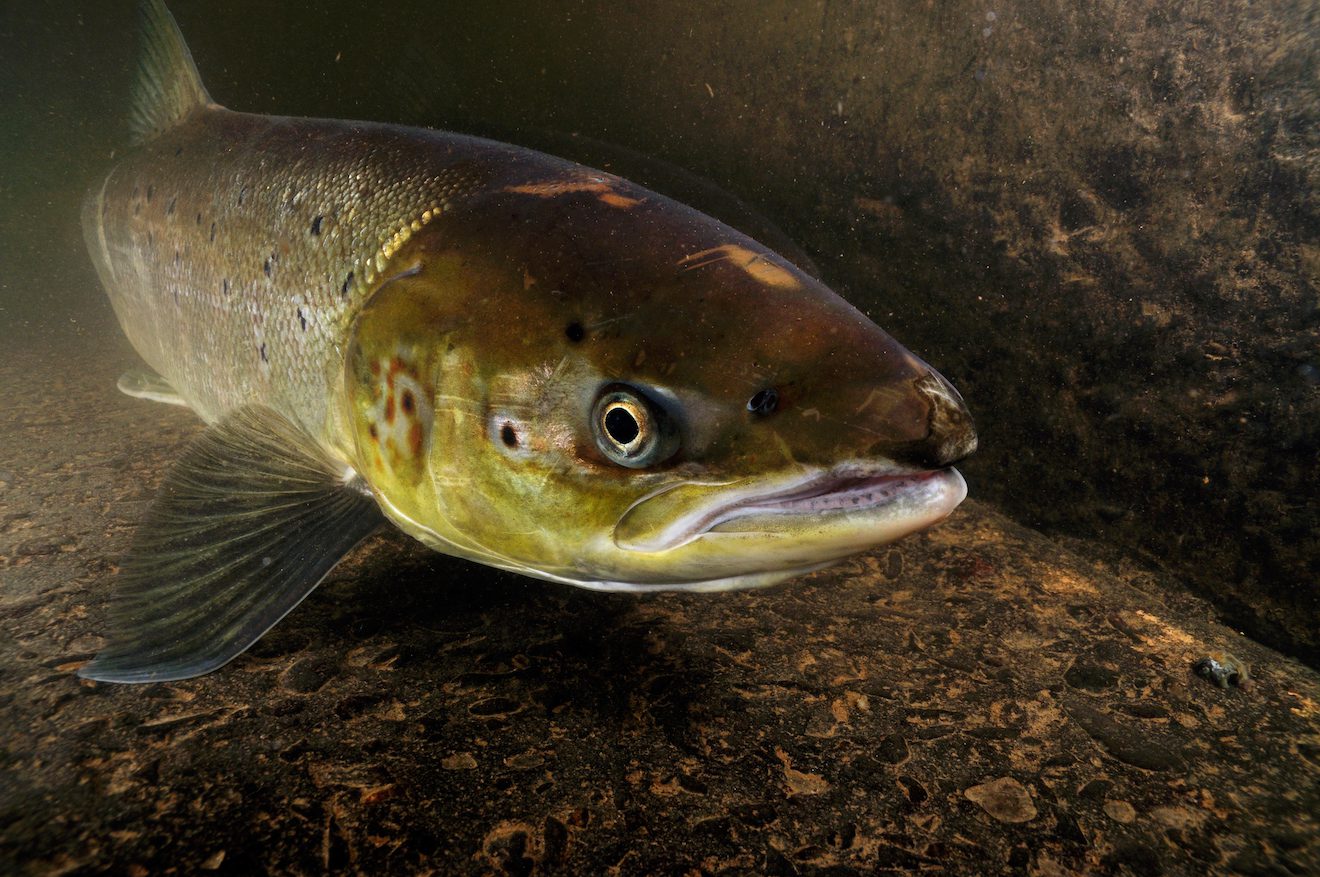
England: Cumbria, Carlisle, River Caldew, Holme Head weir, November

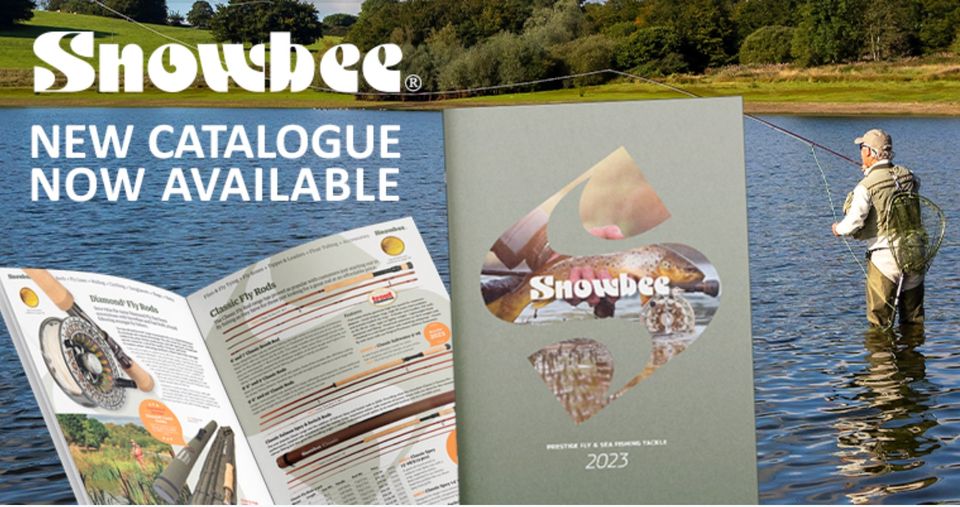
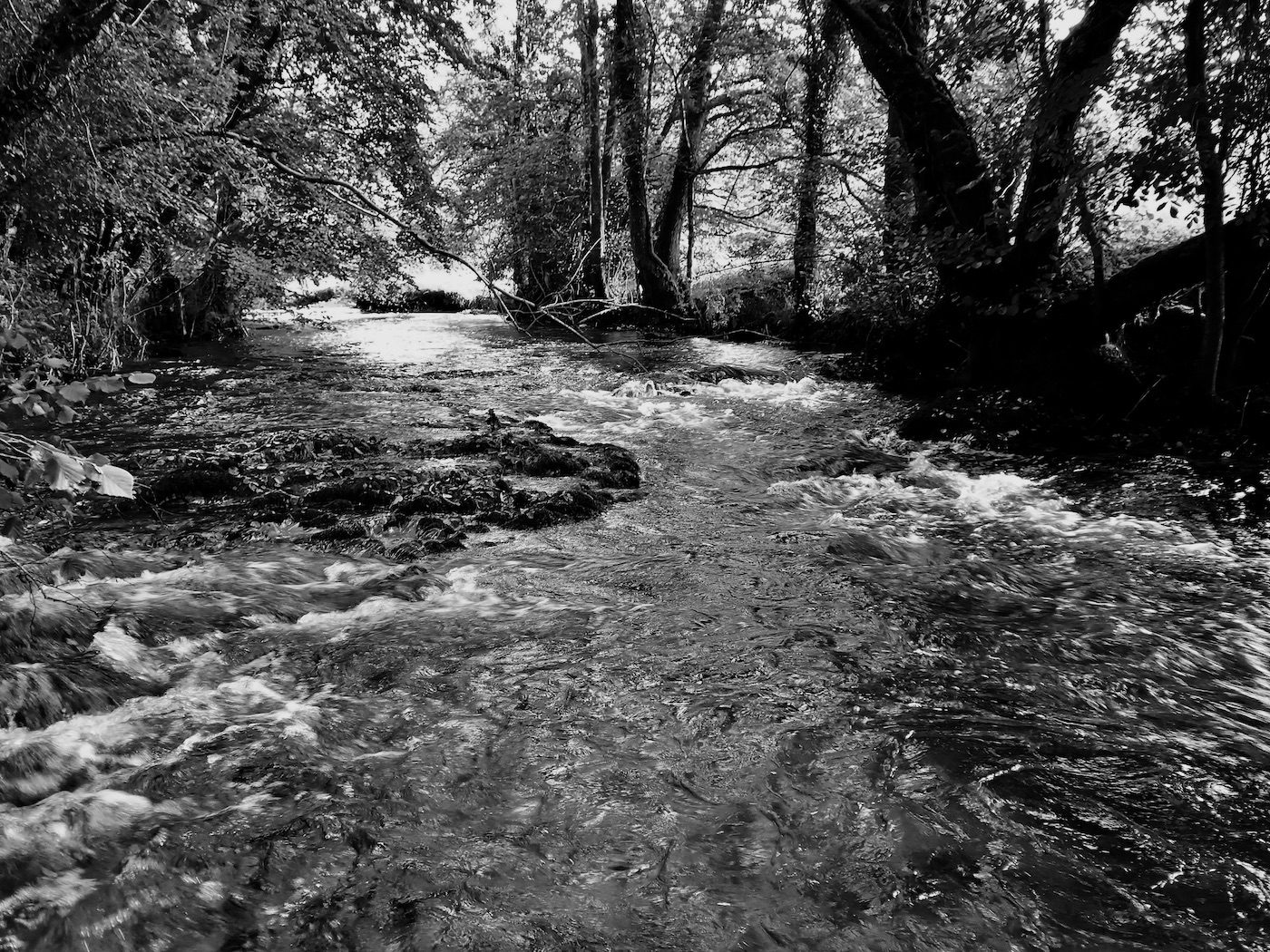
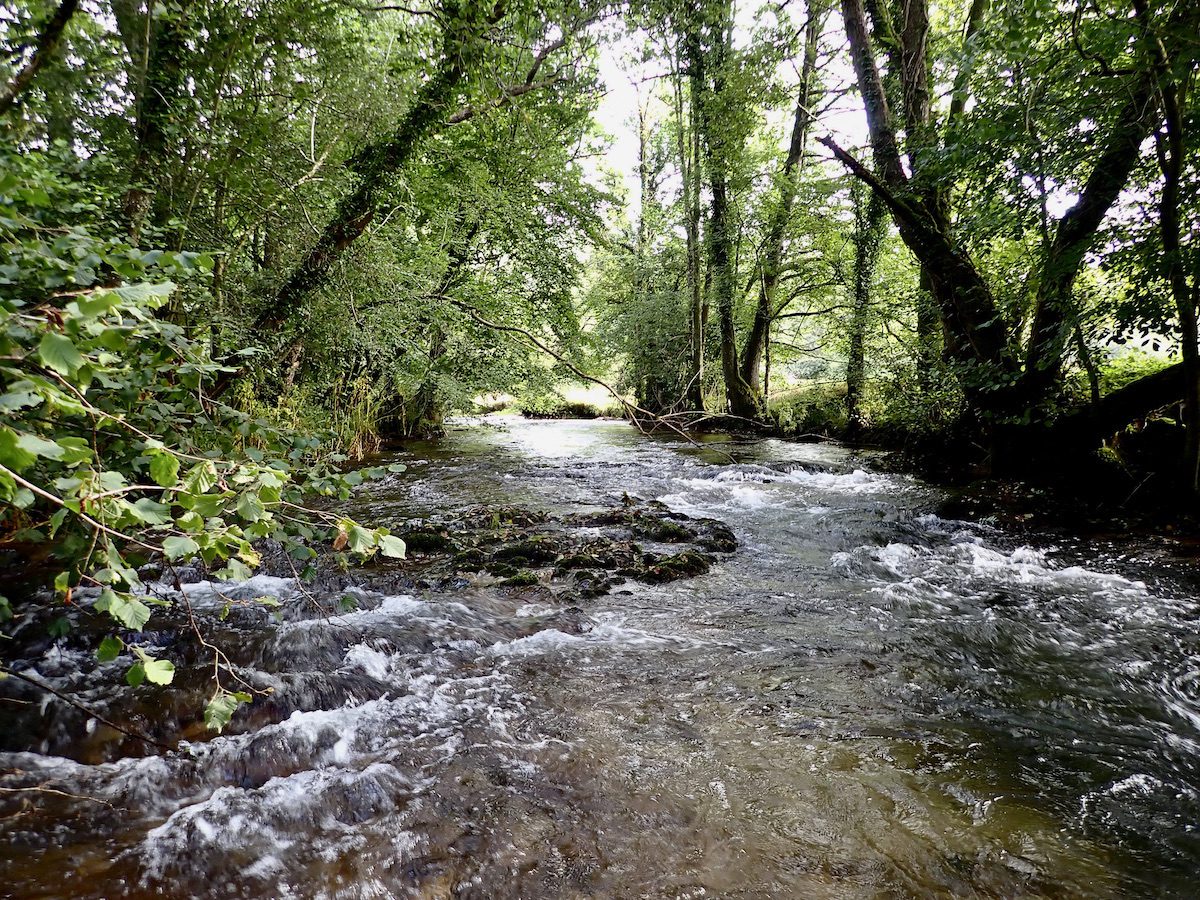
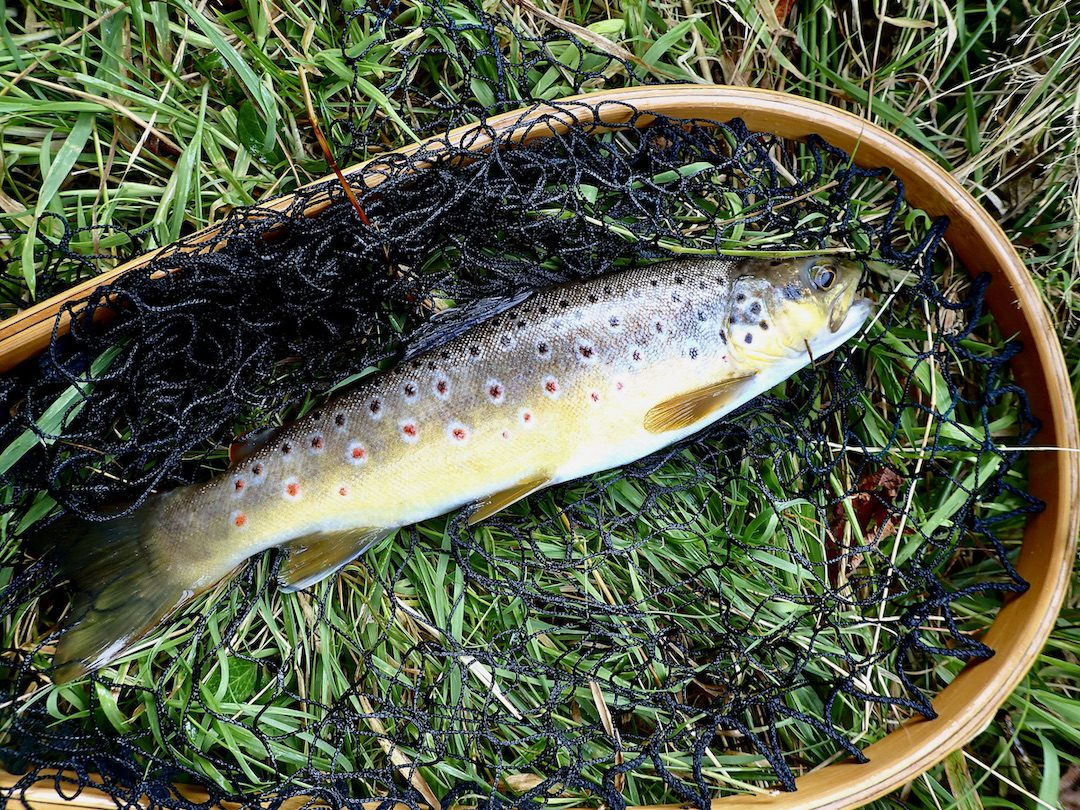
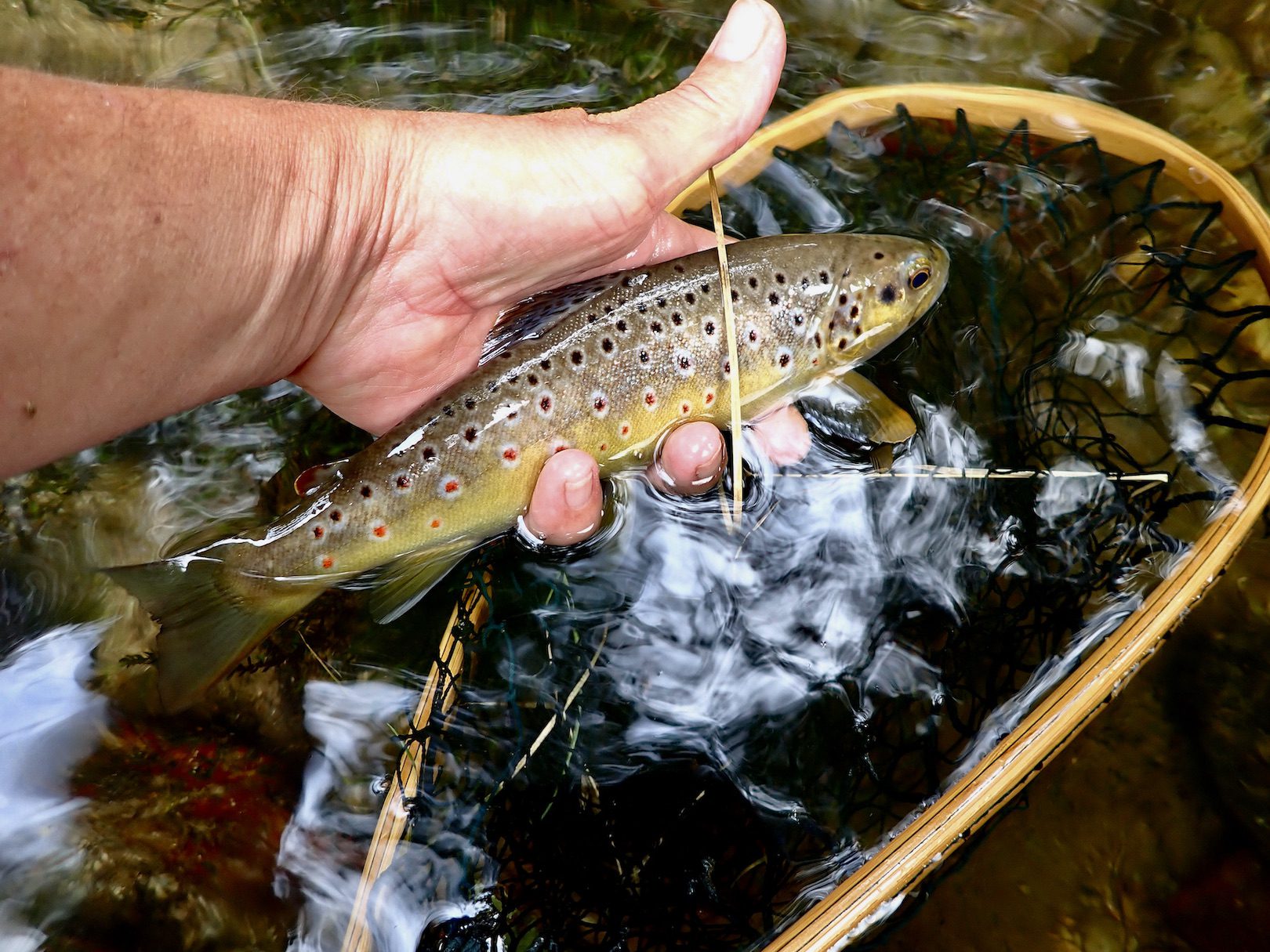
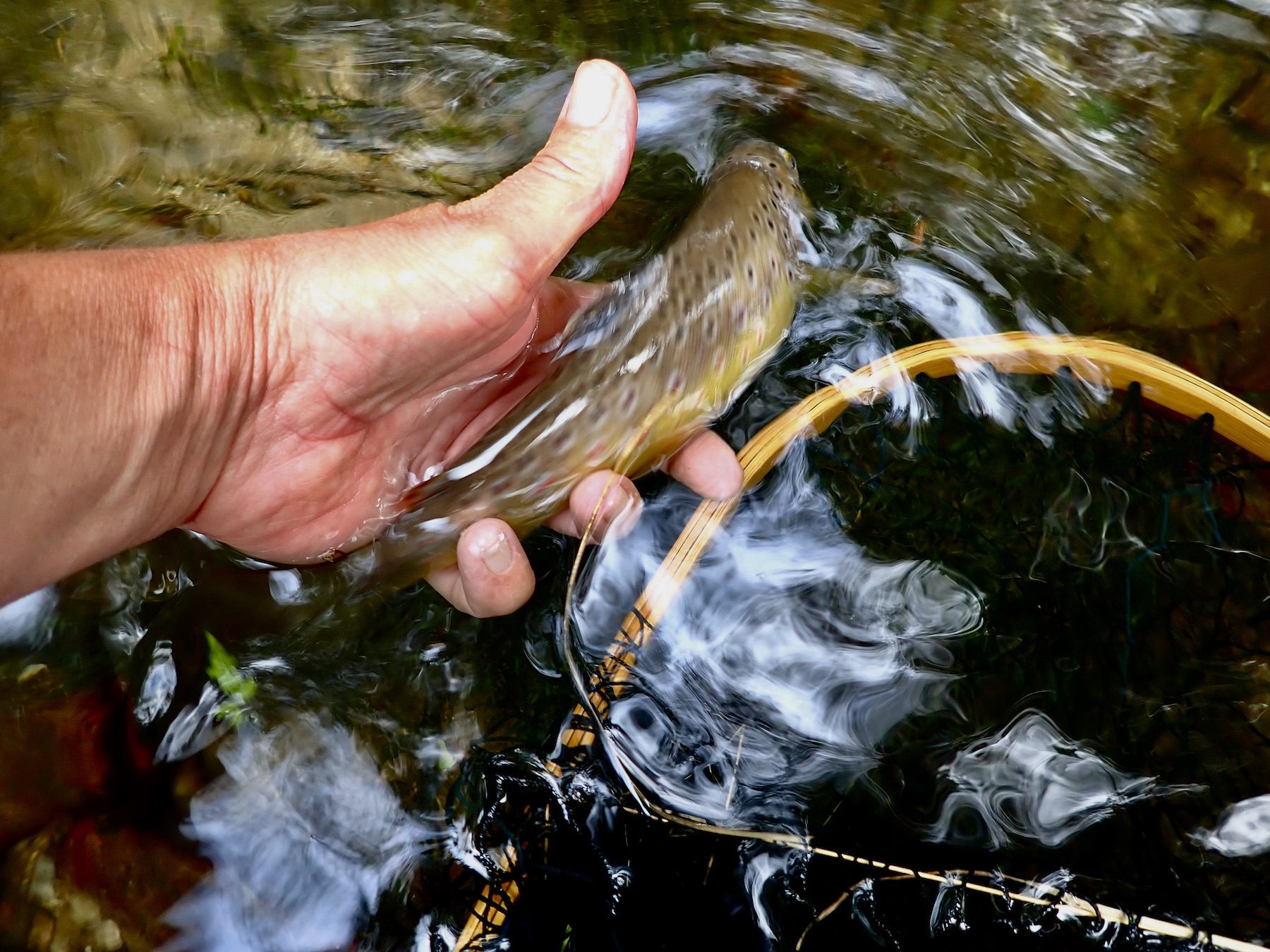
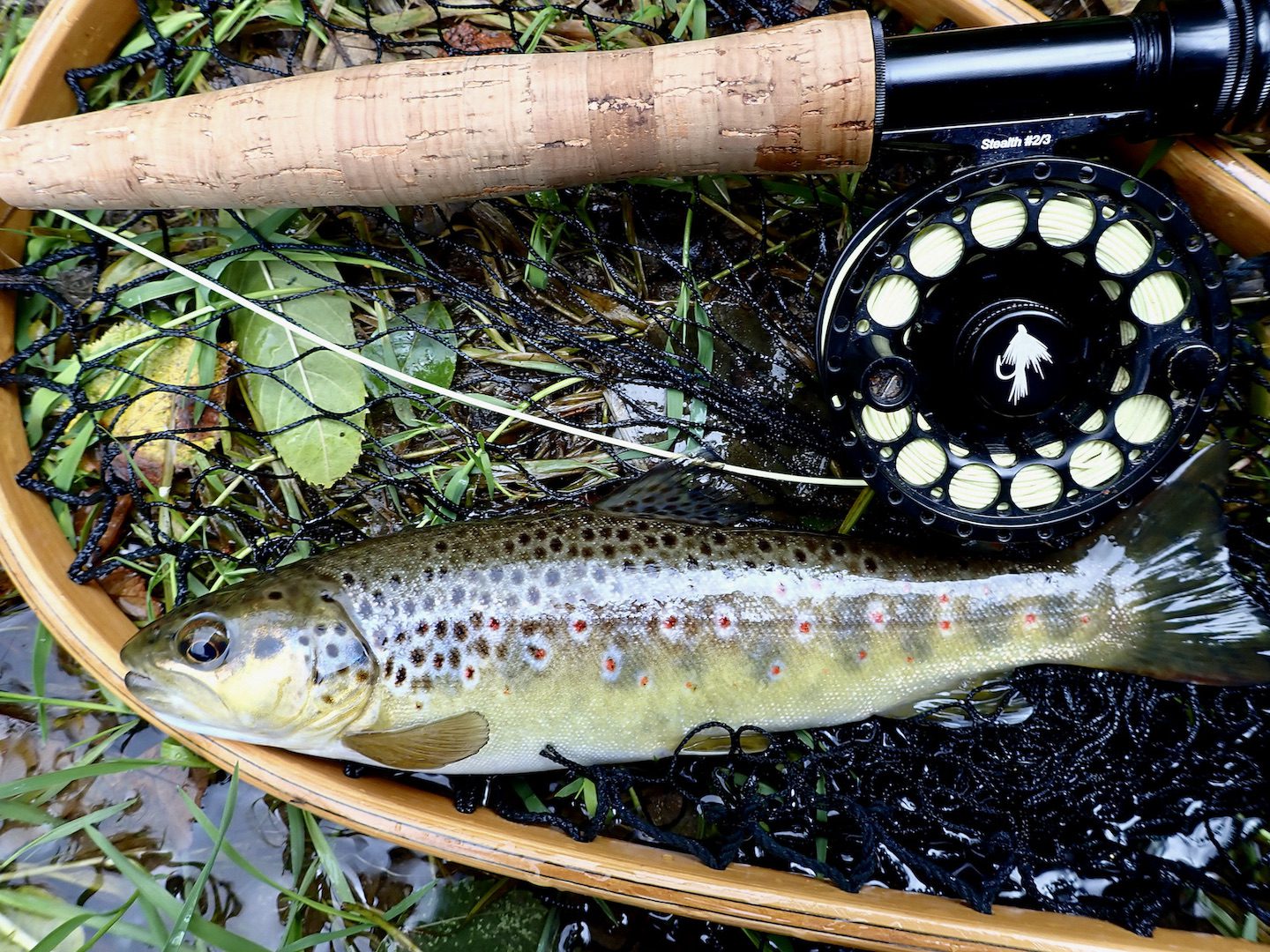

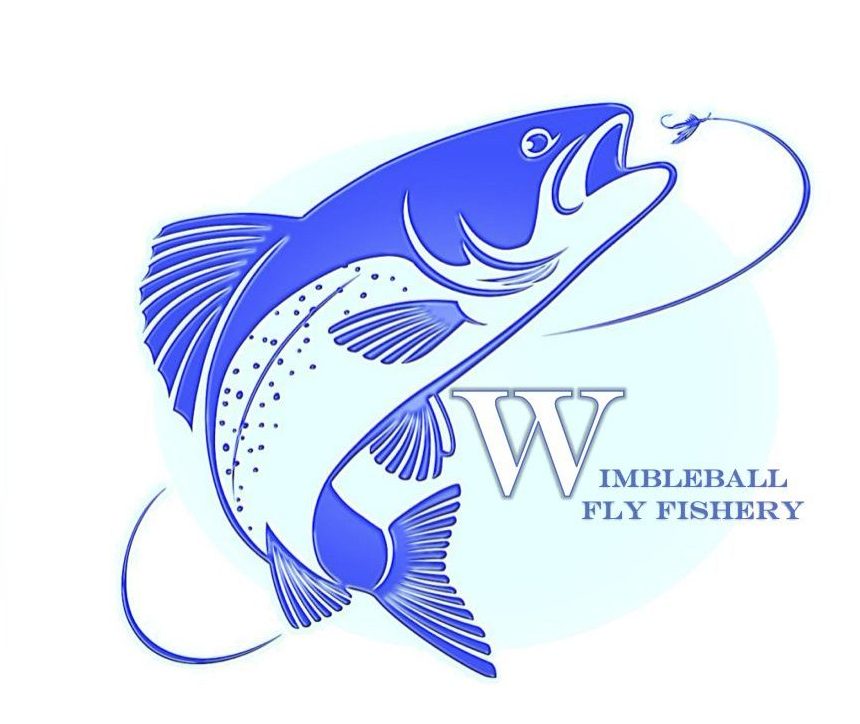
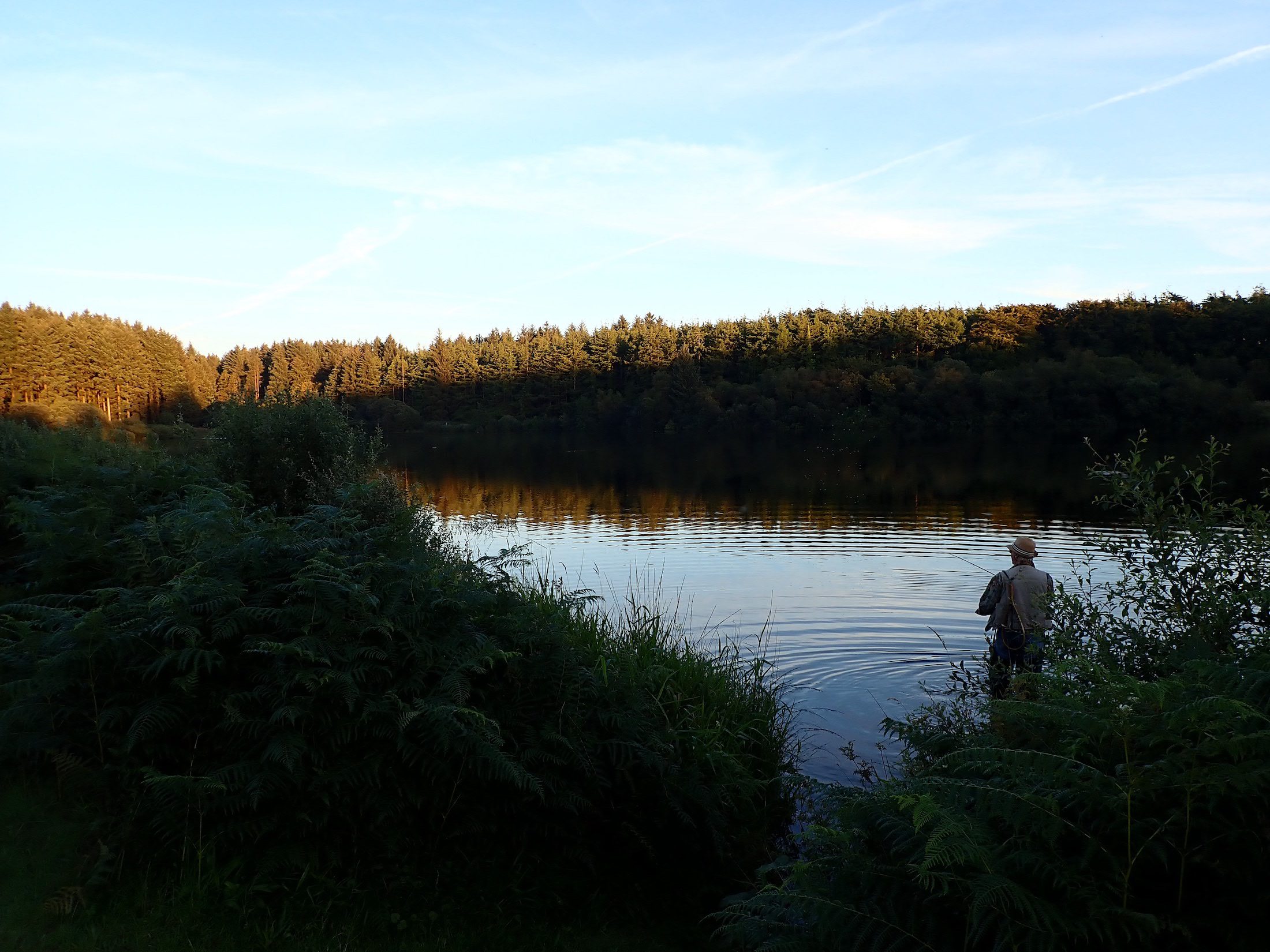


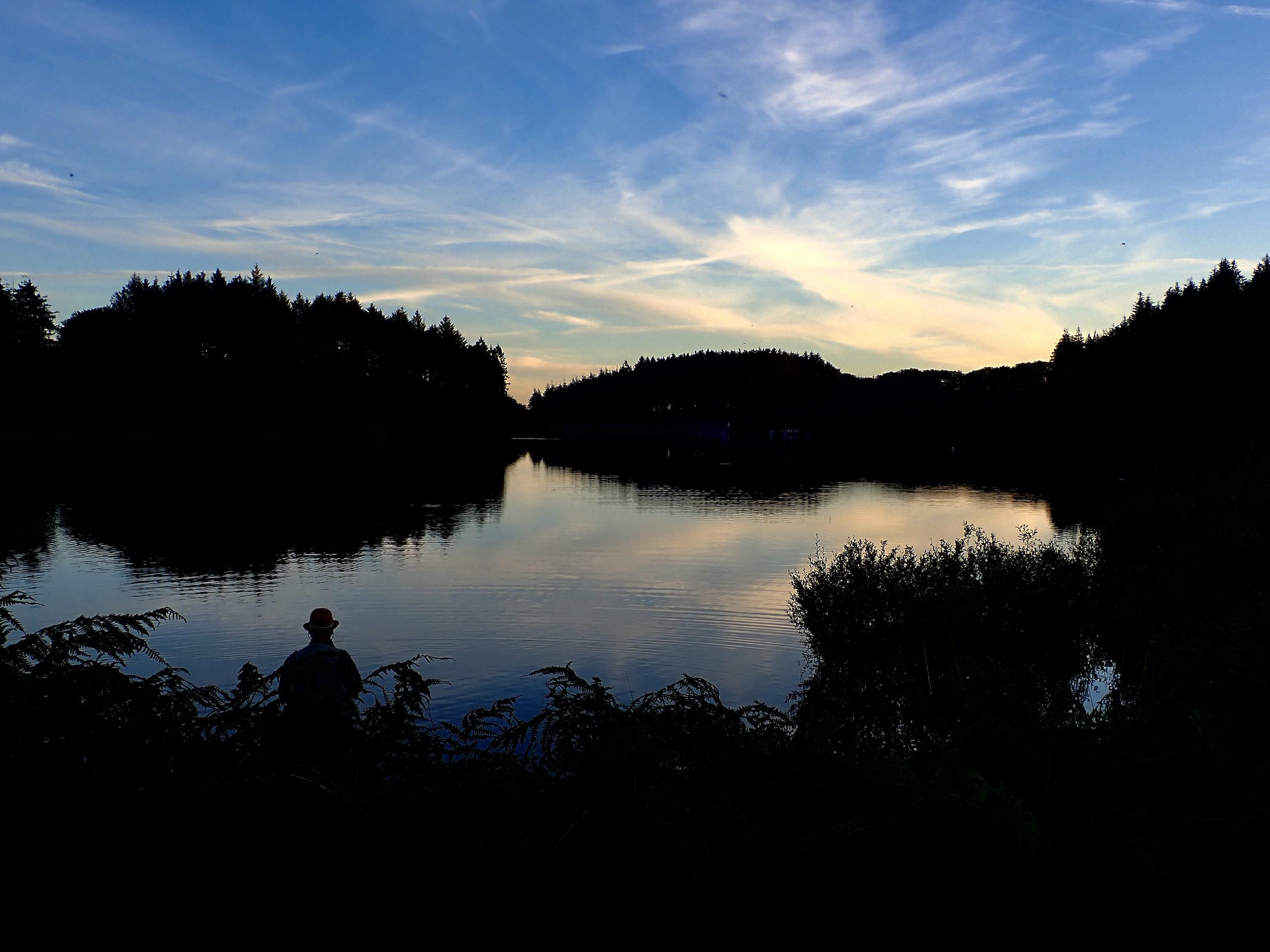
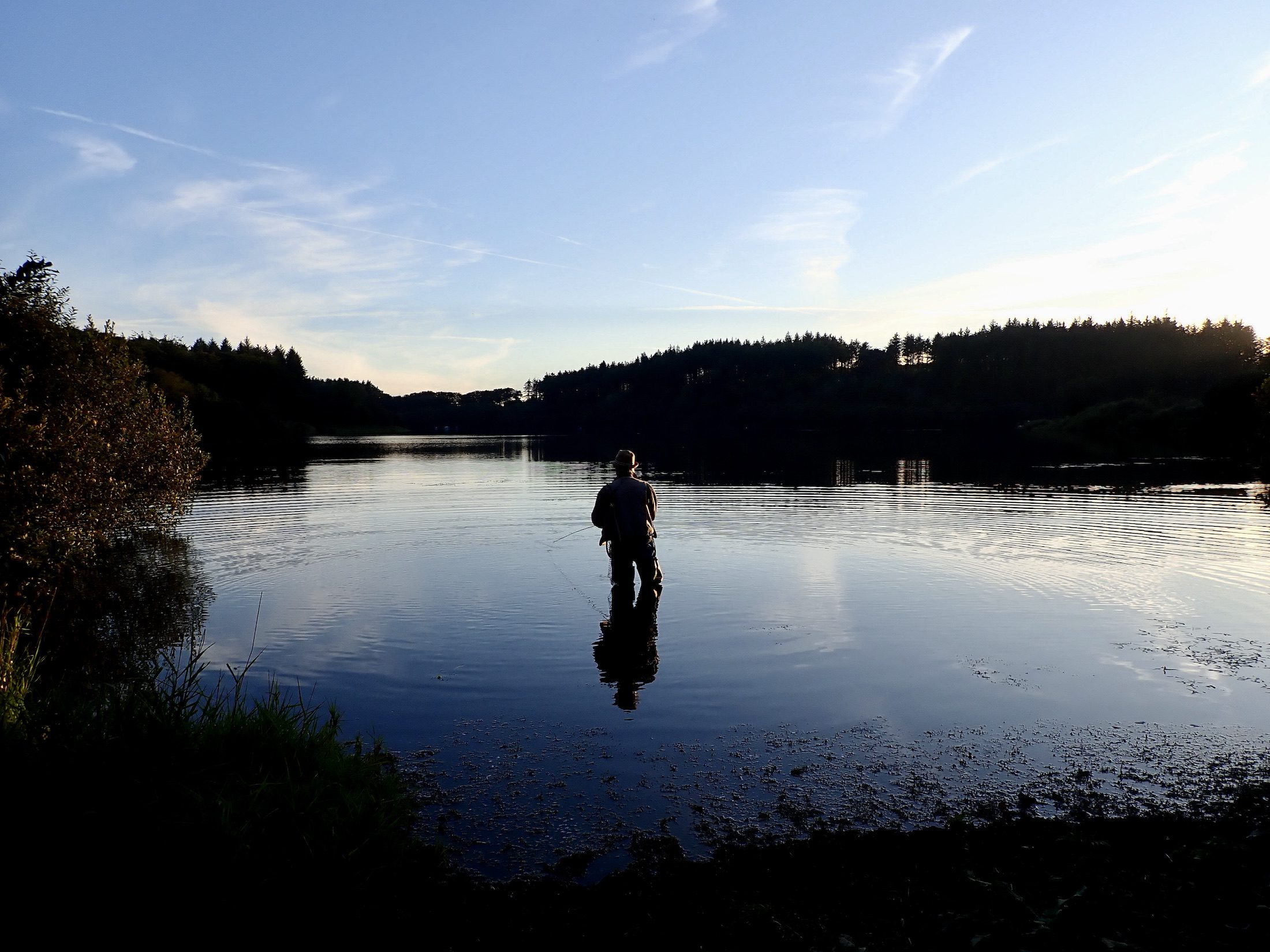
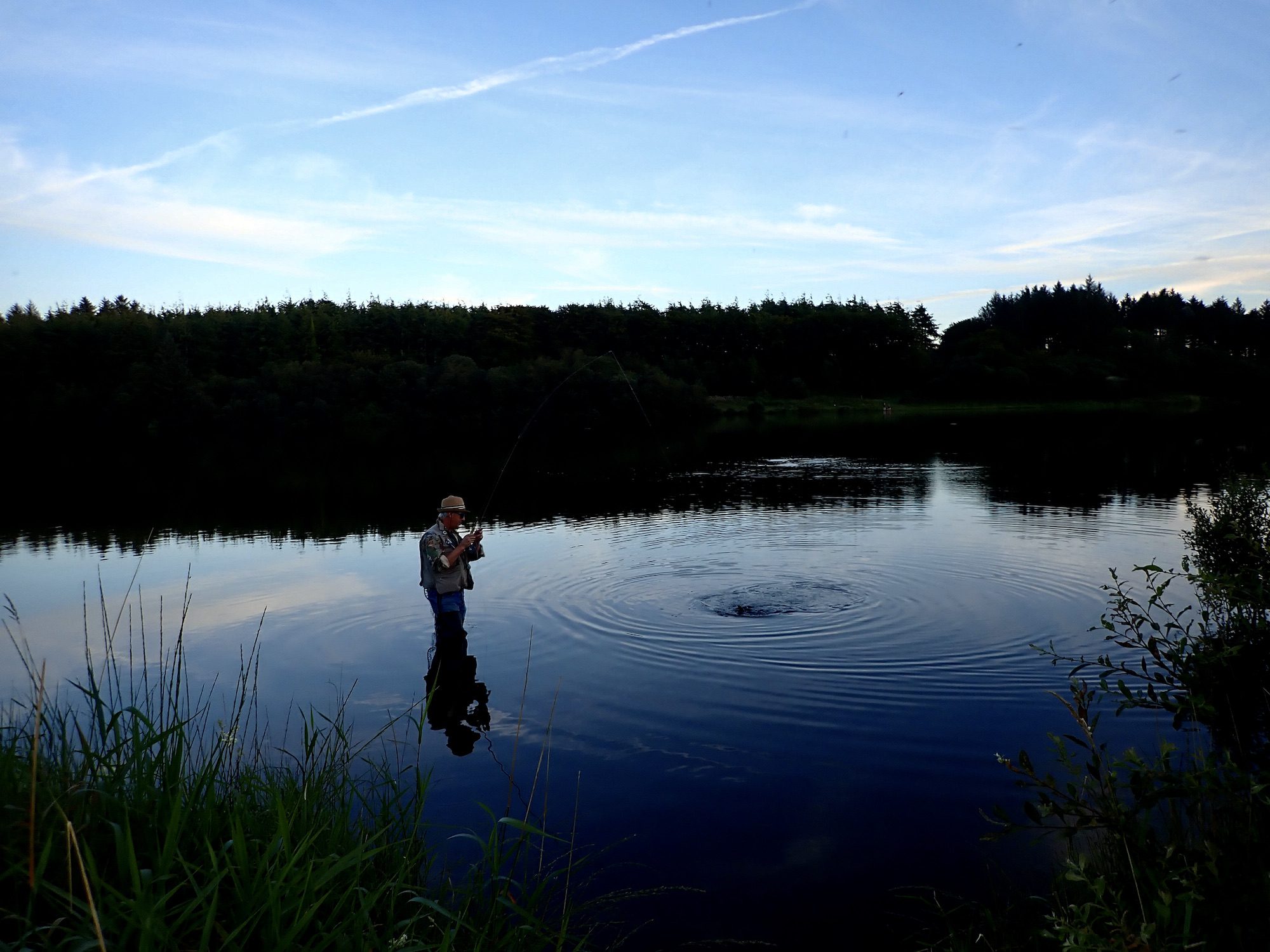
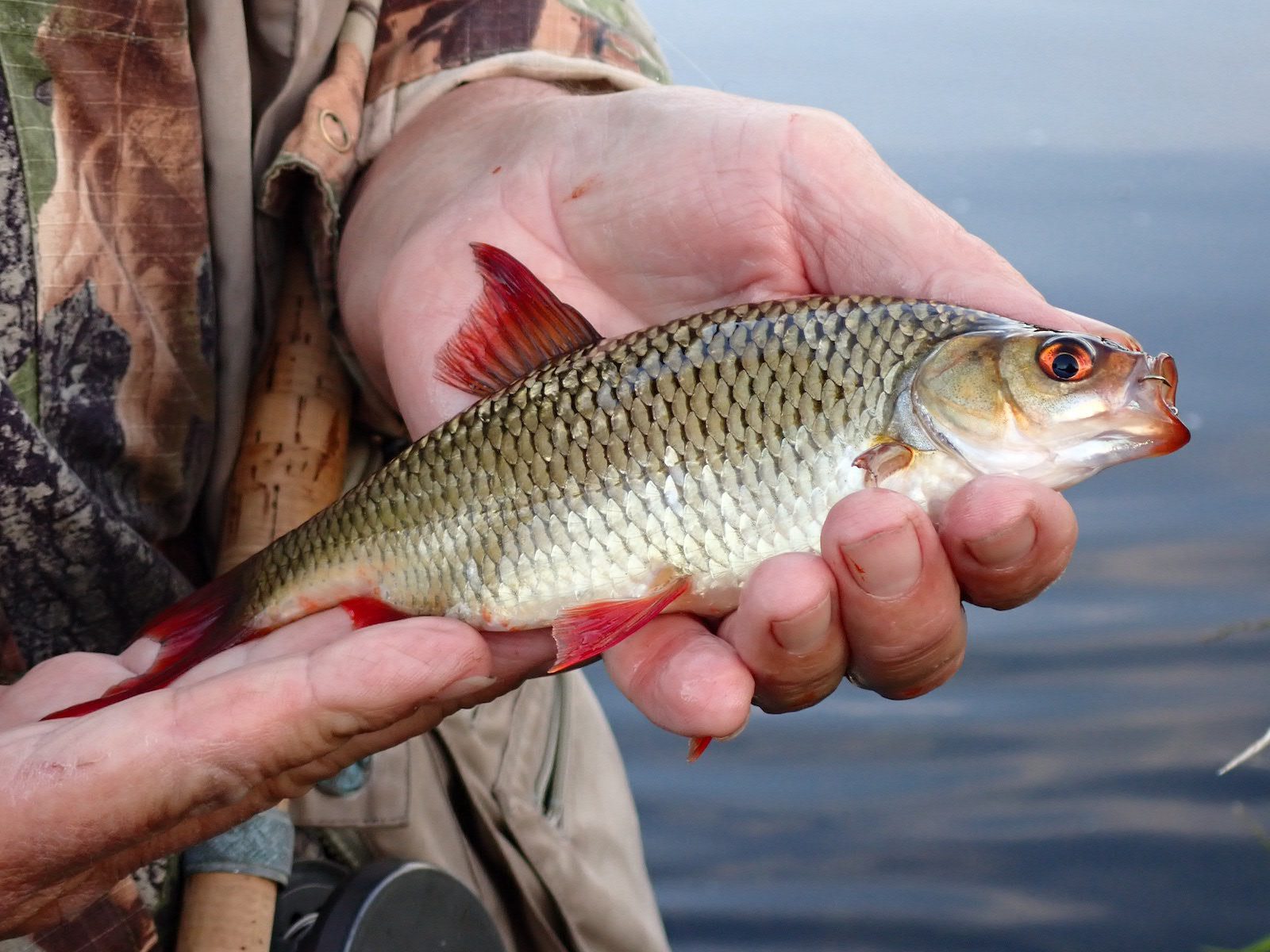
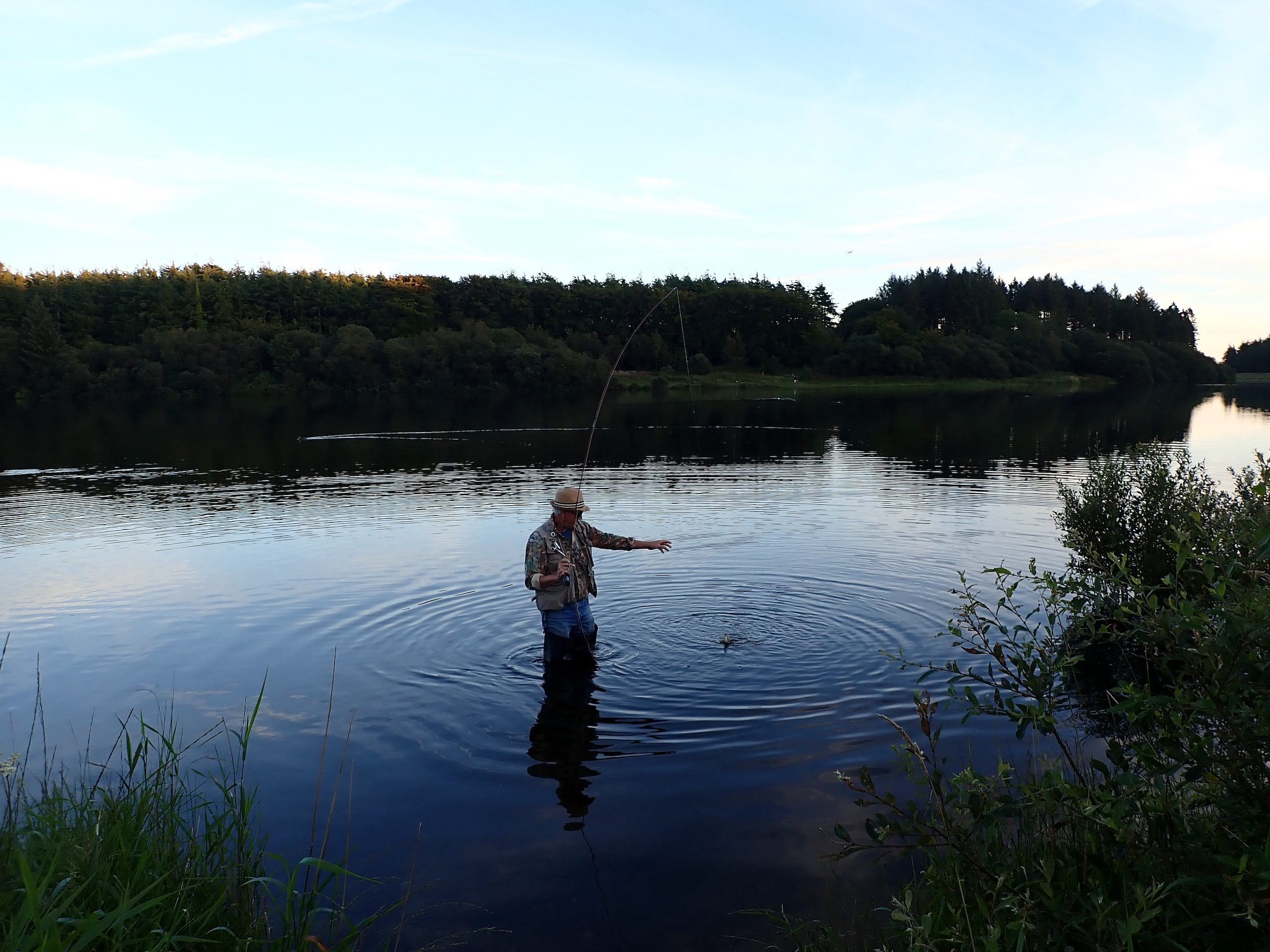
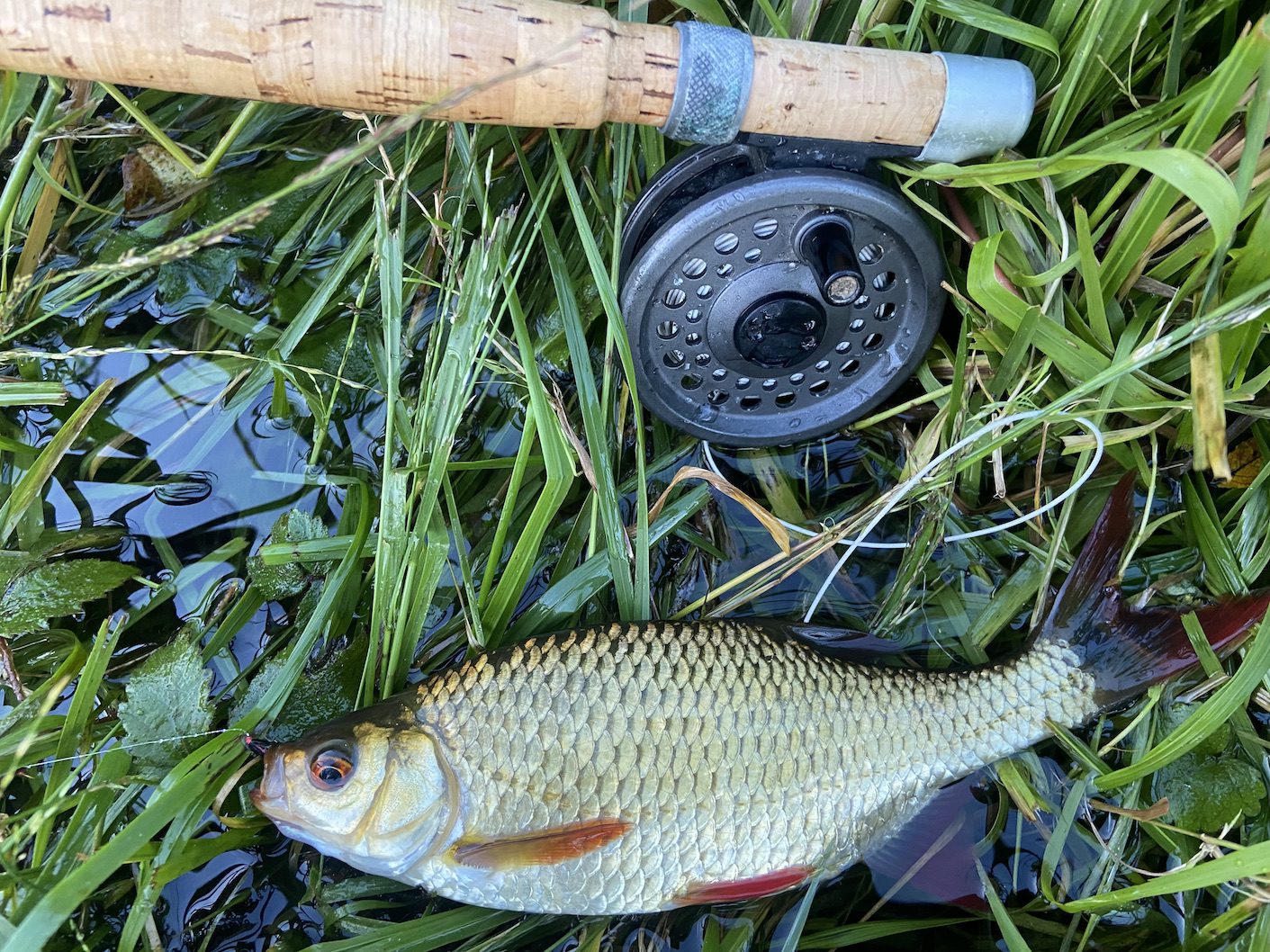
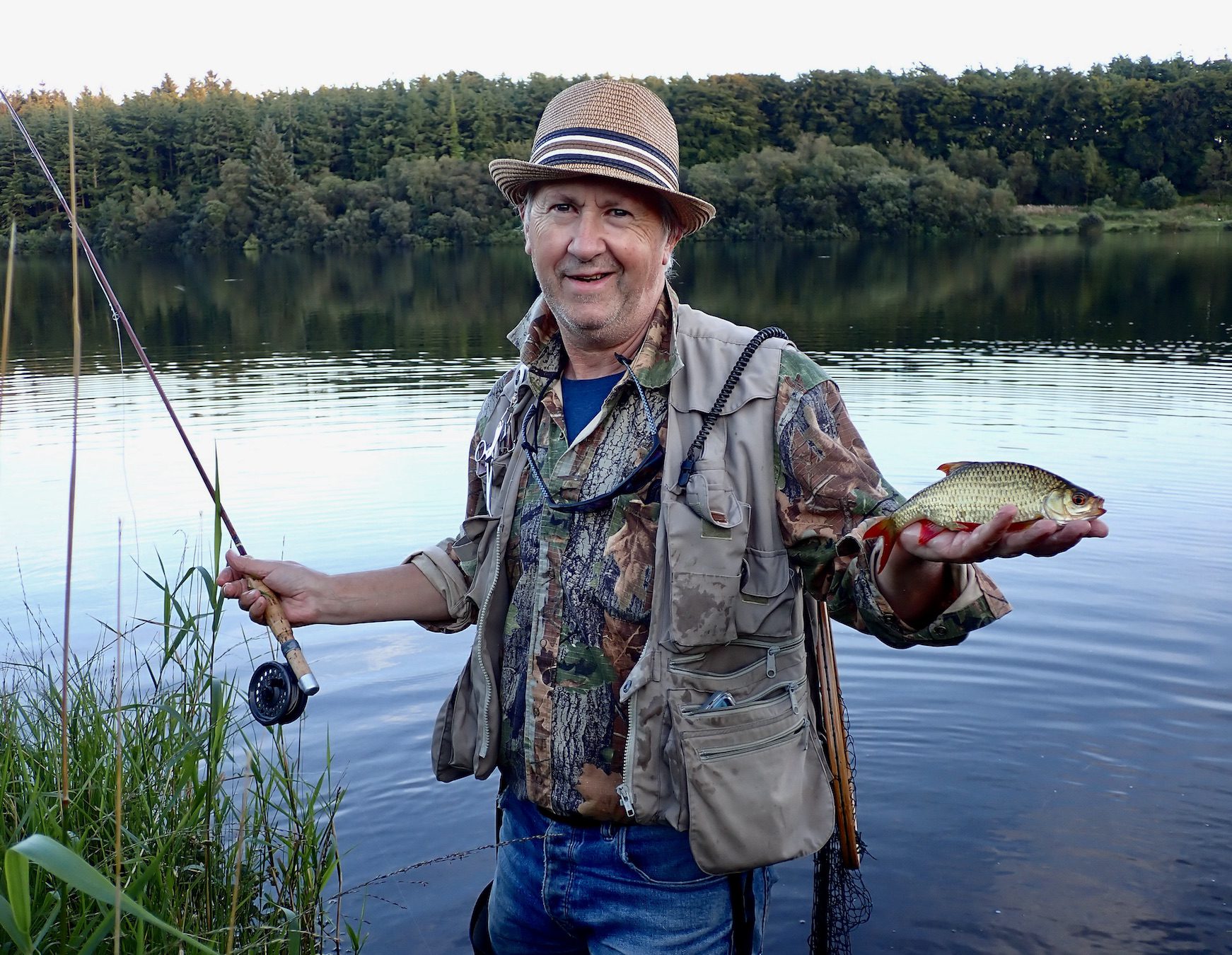

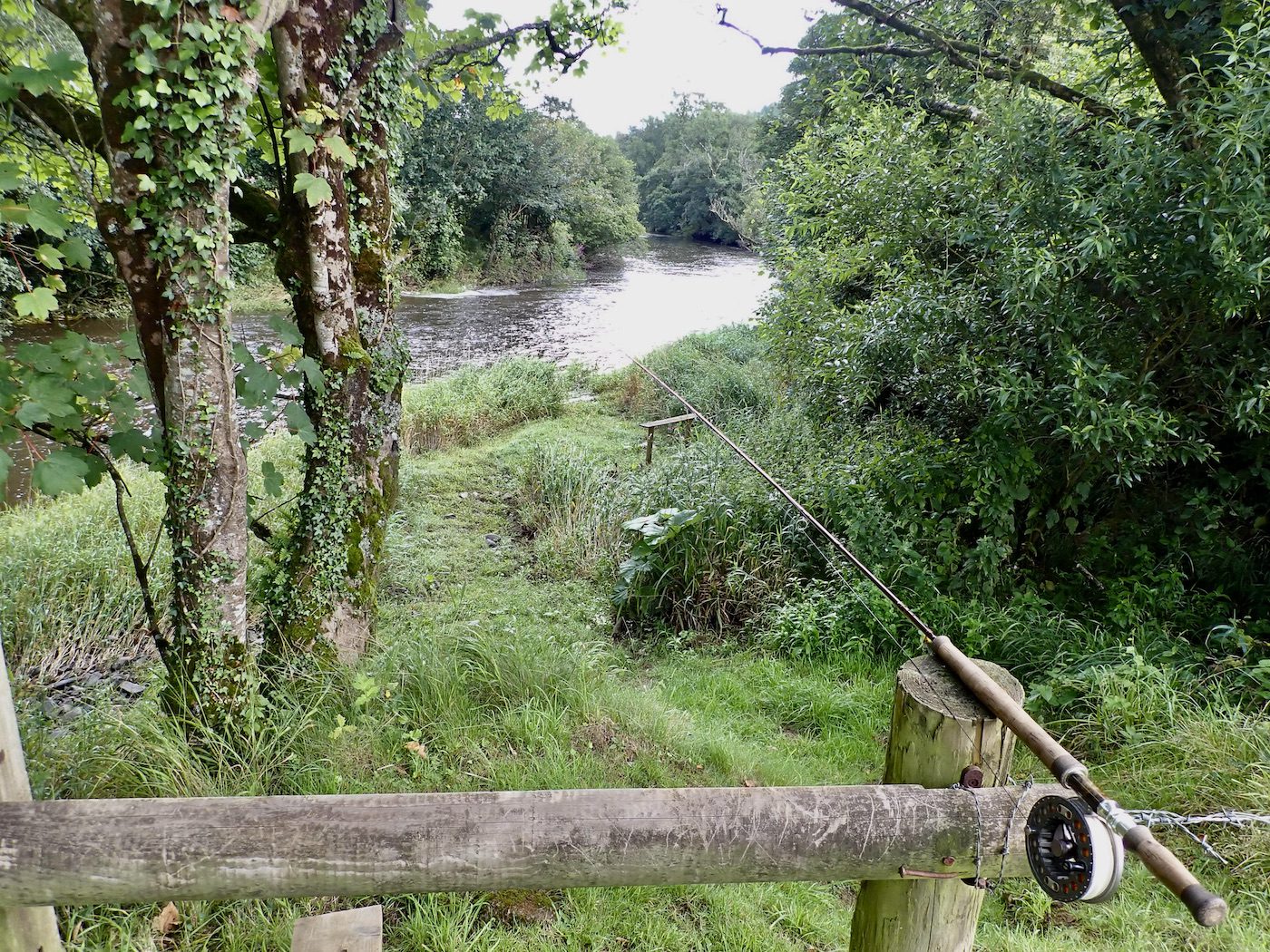
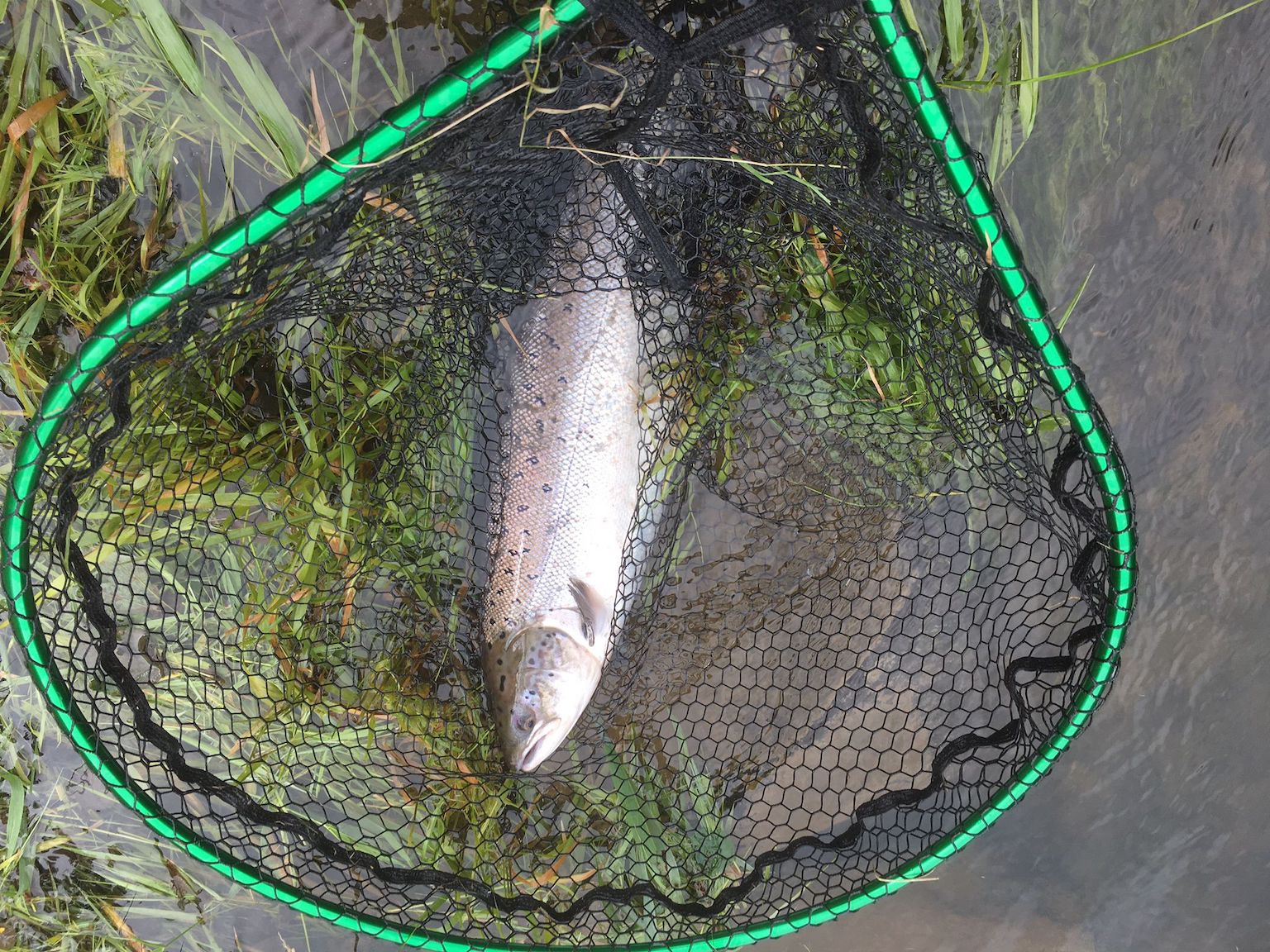
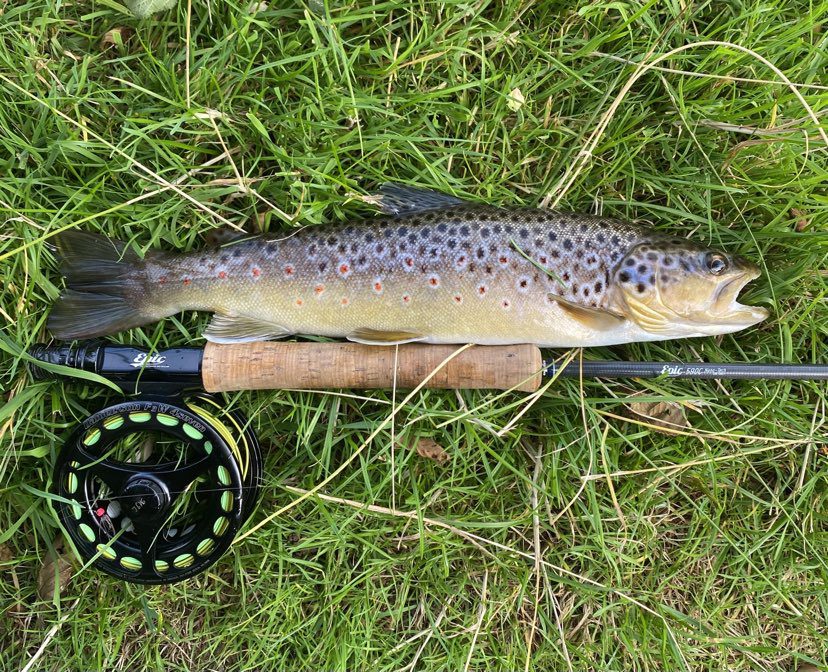
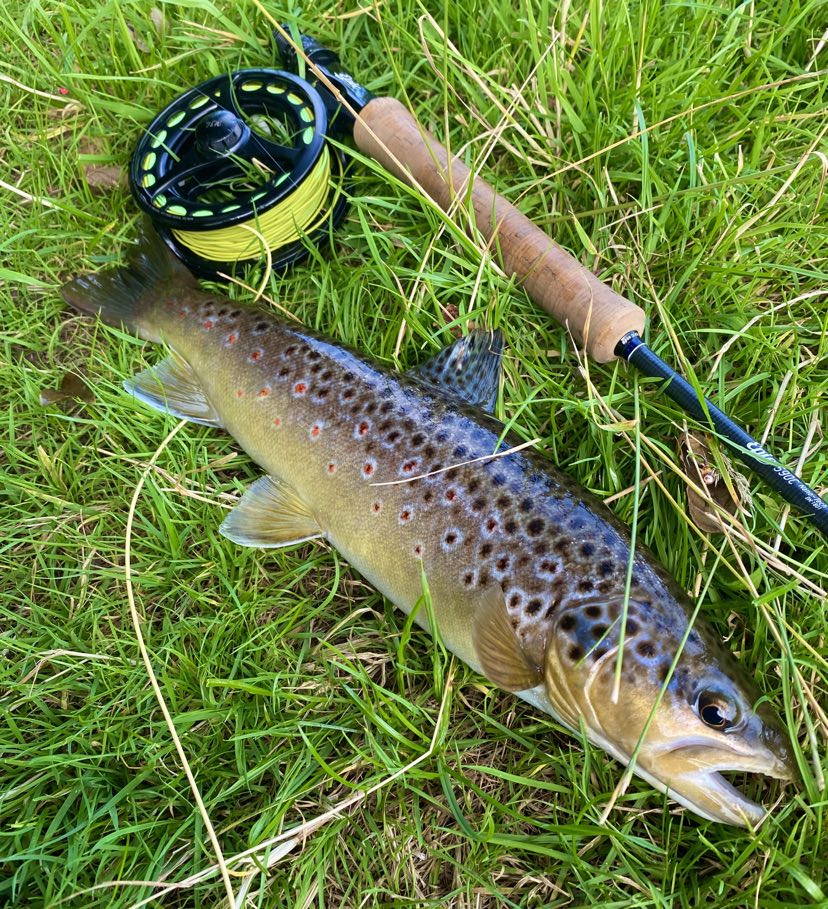
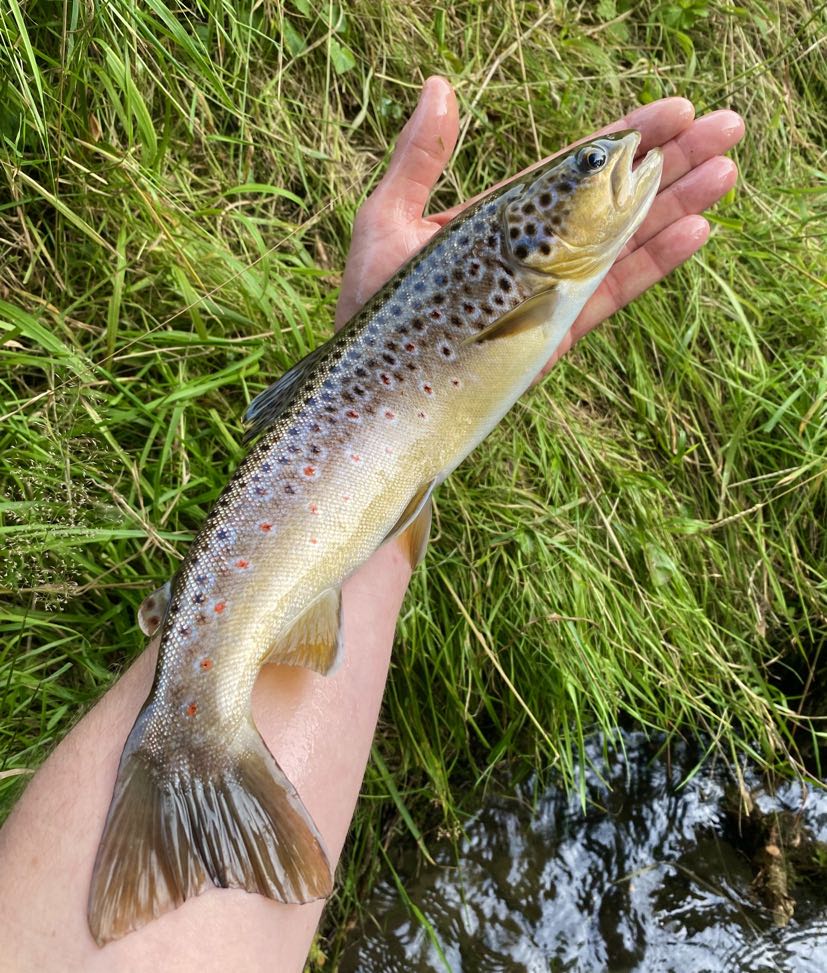
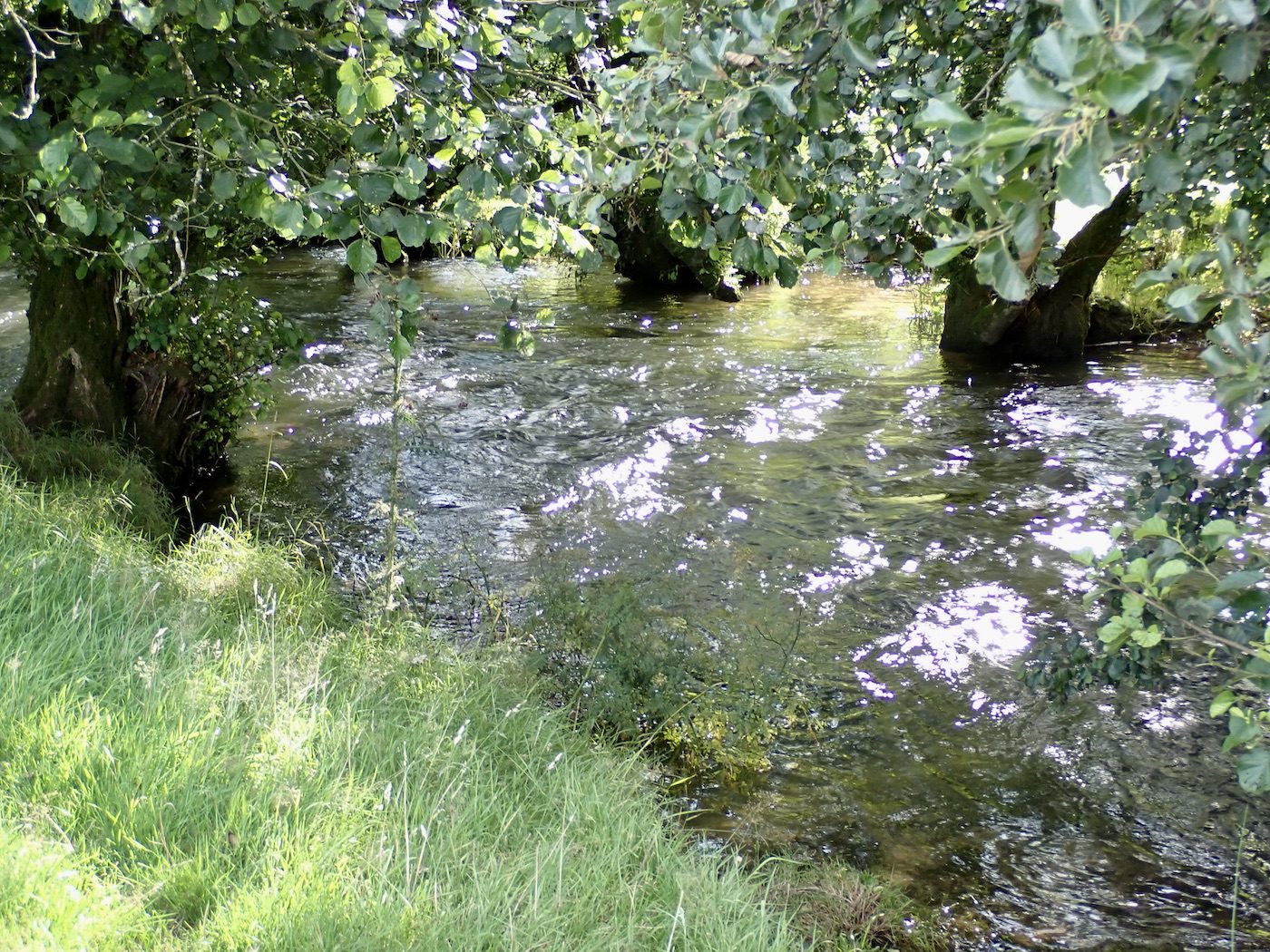
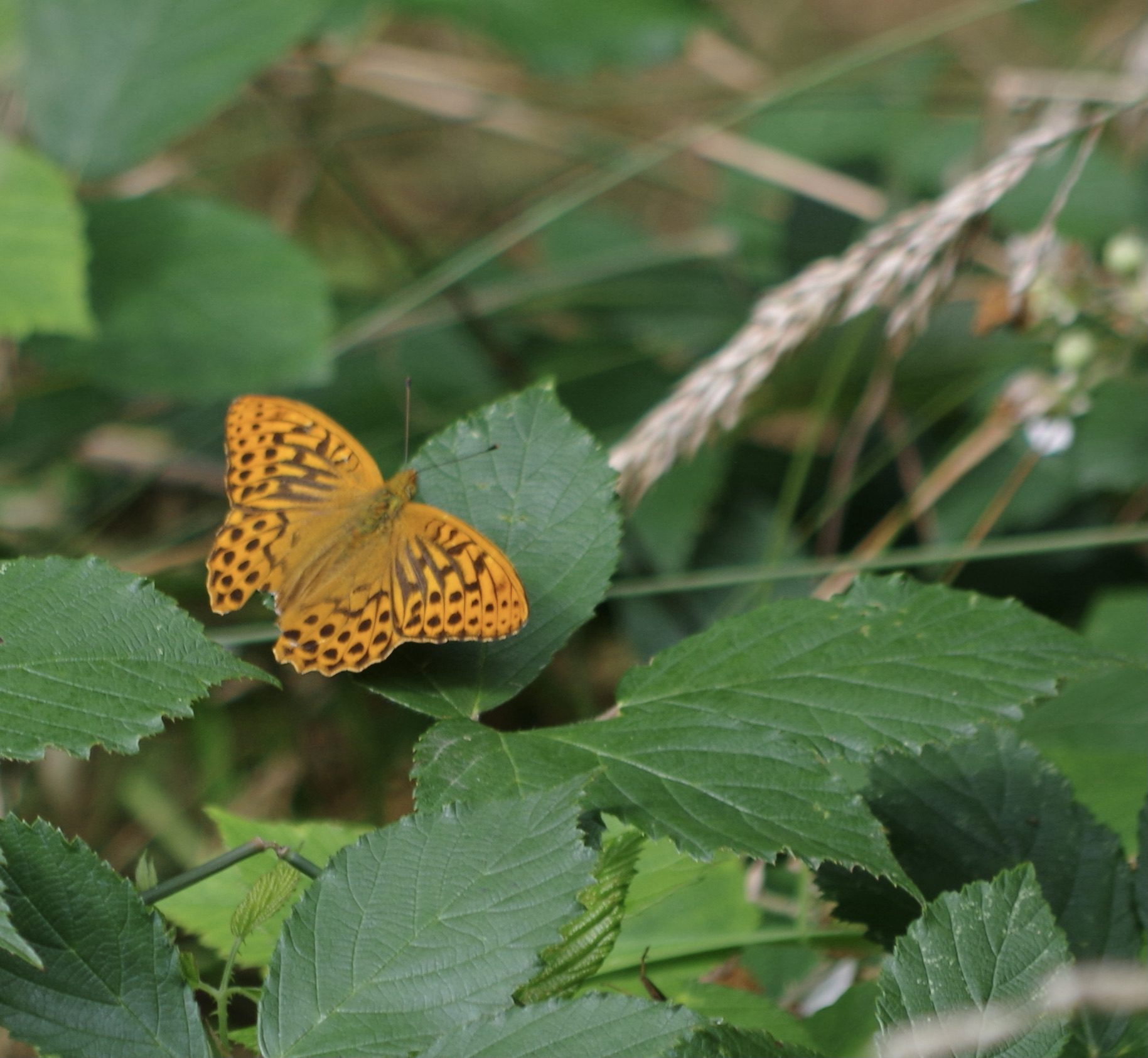
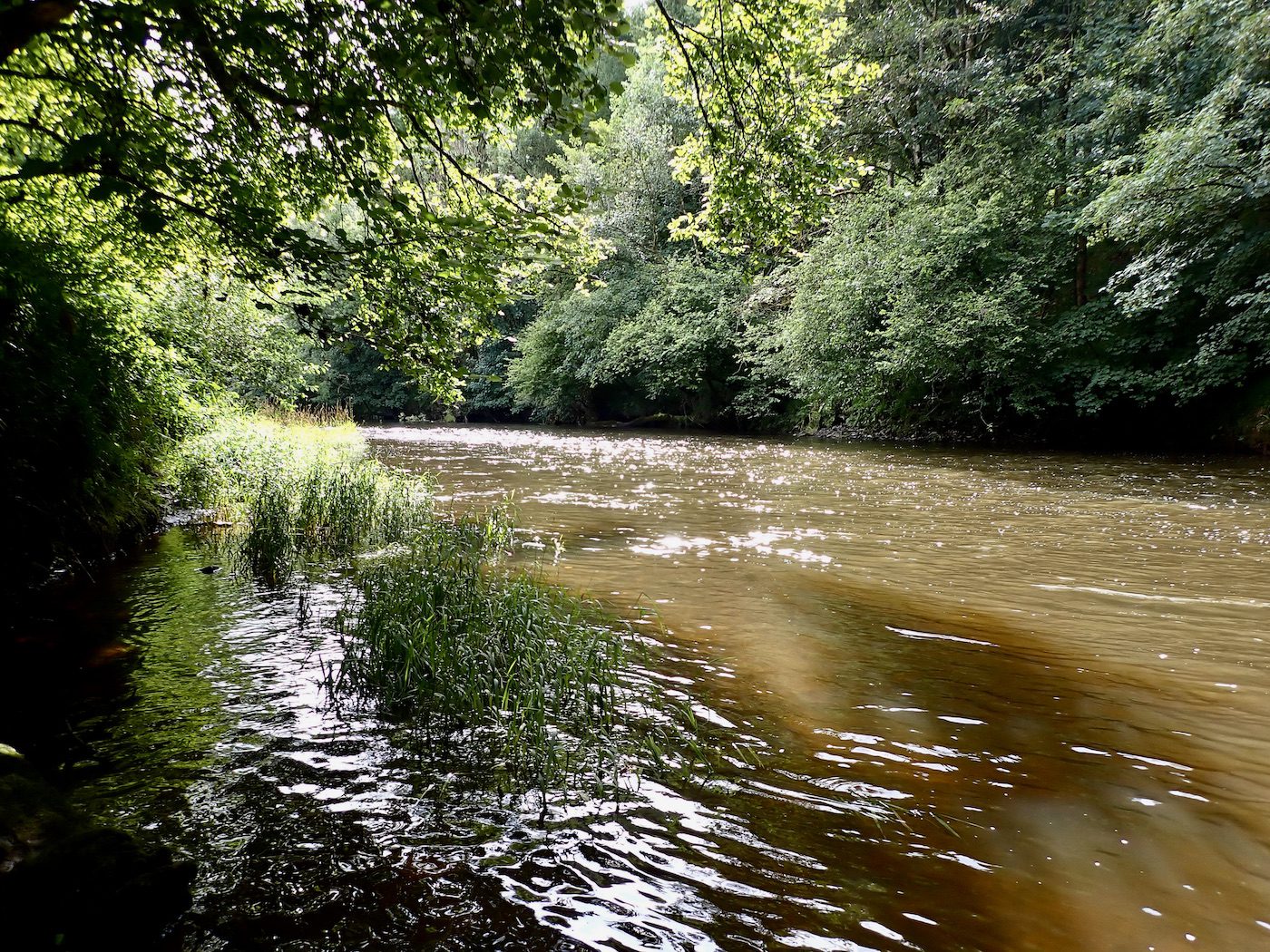
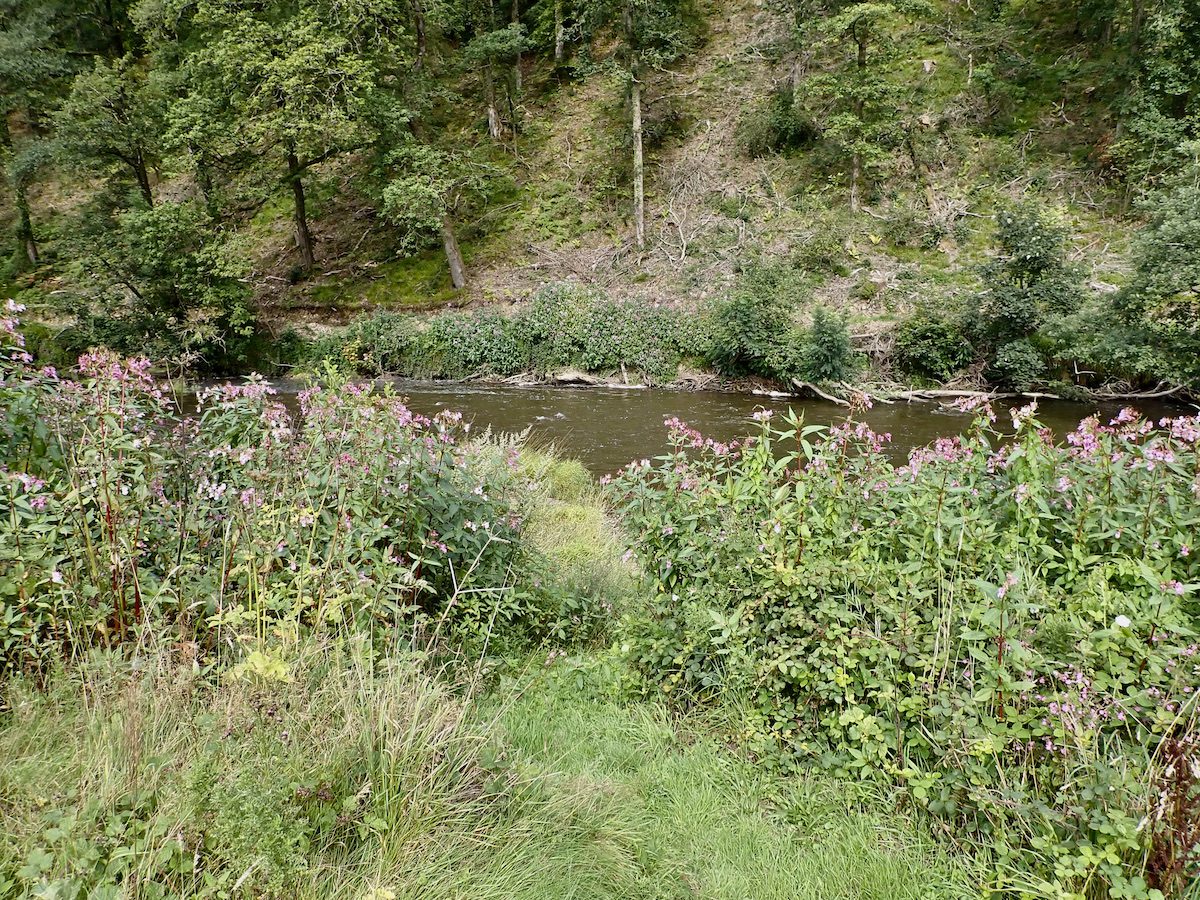
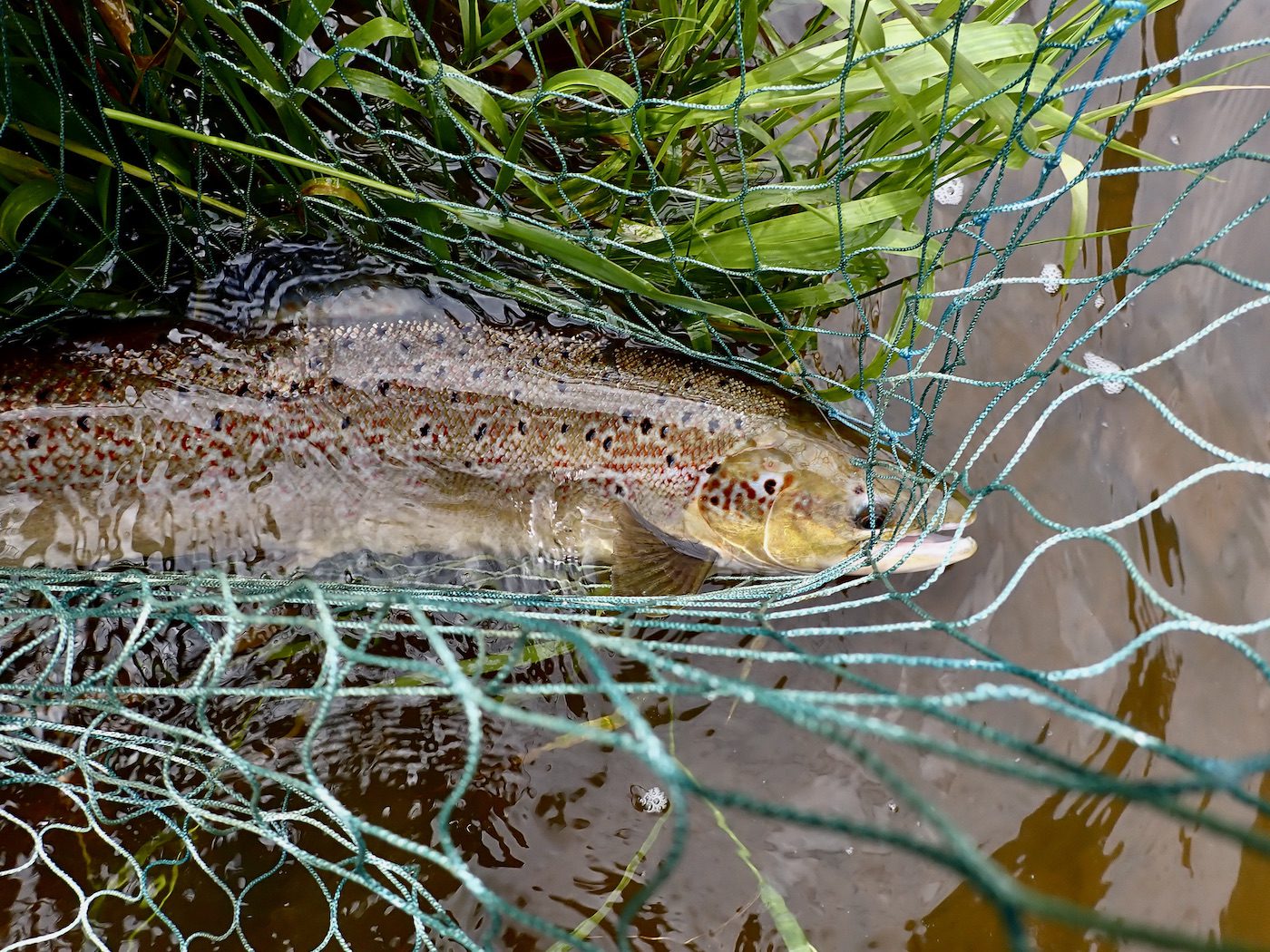
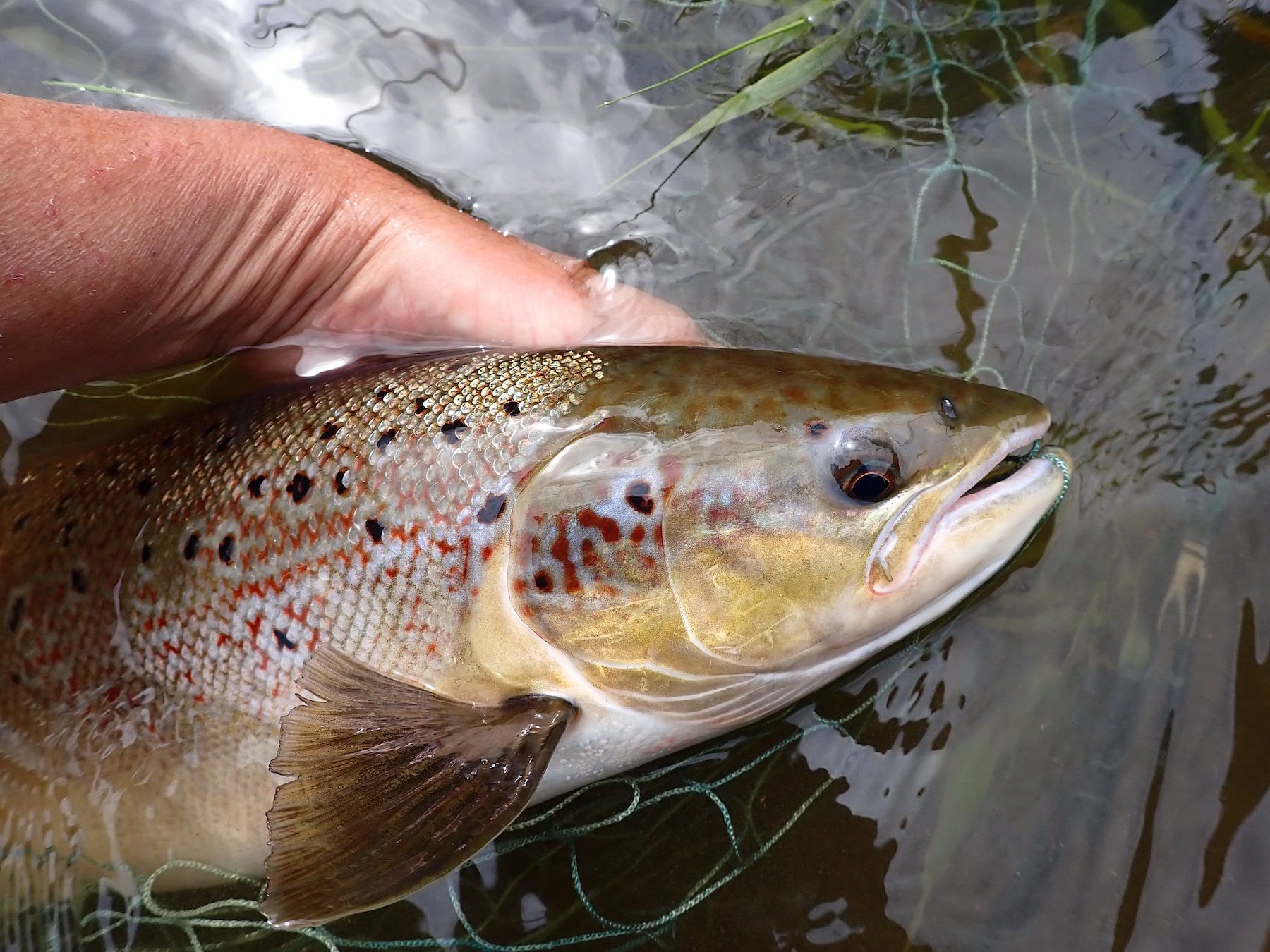
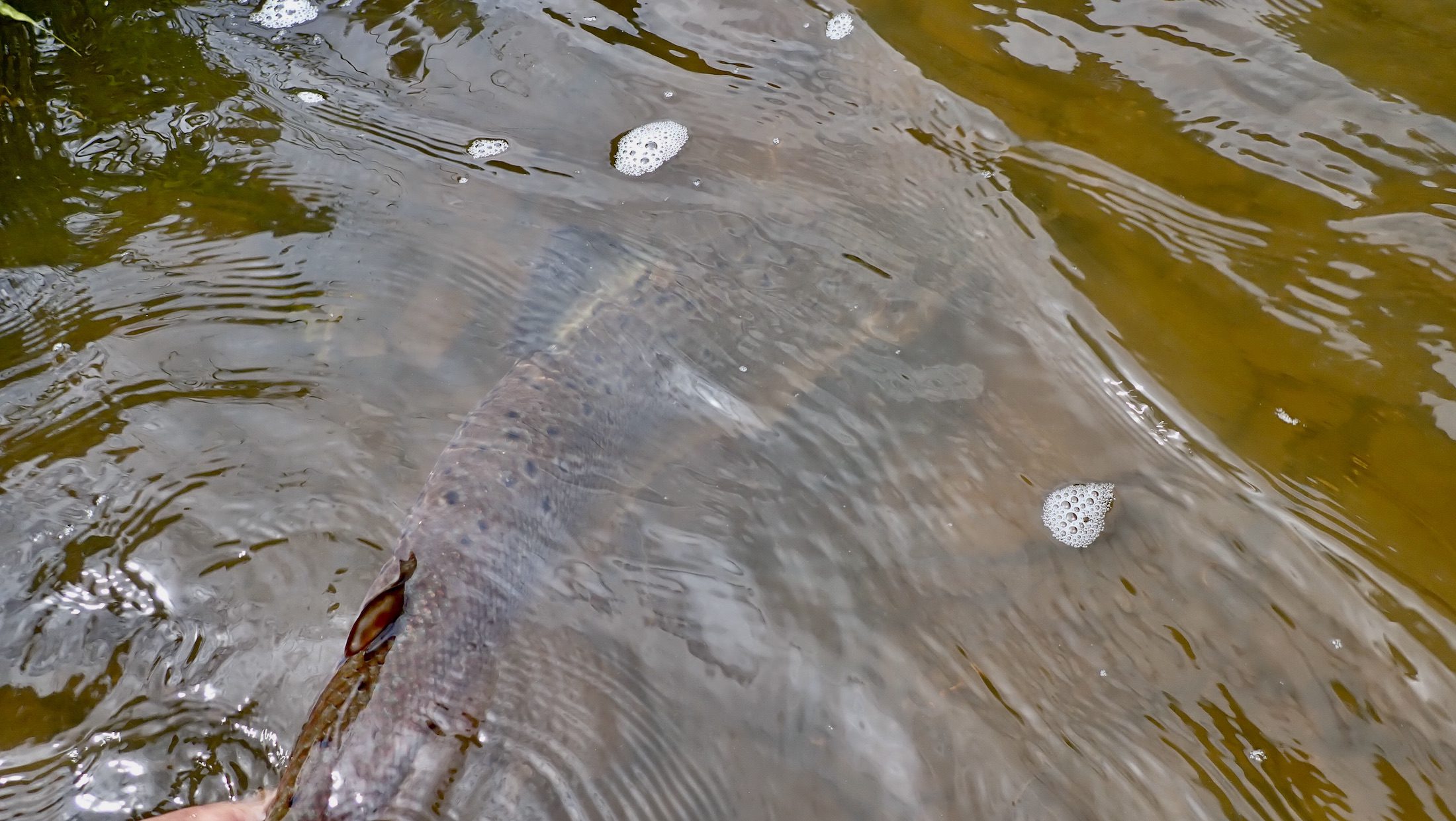
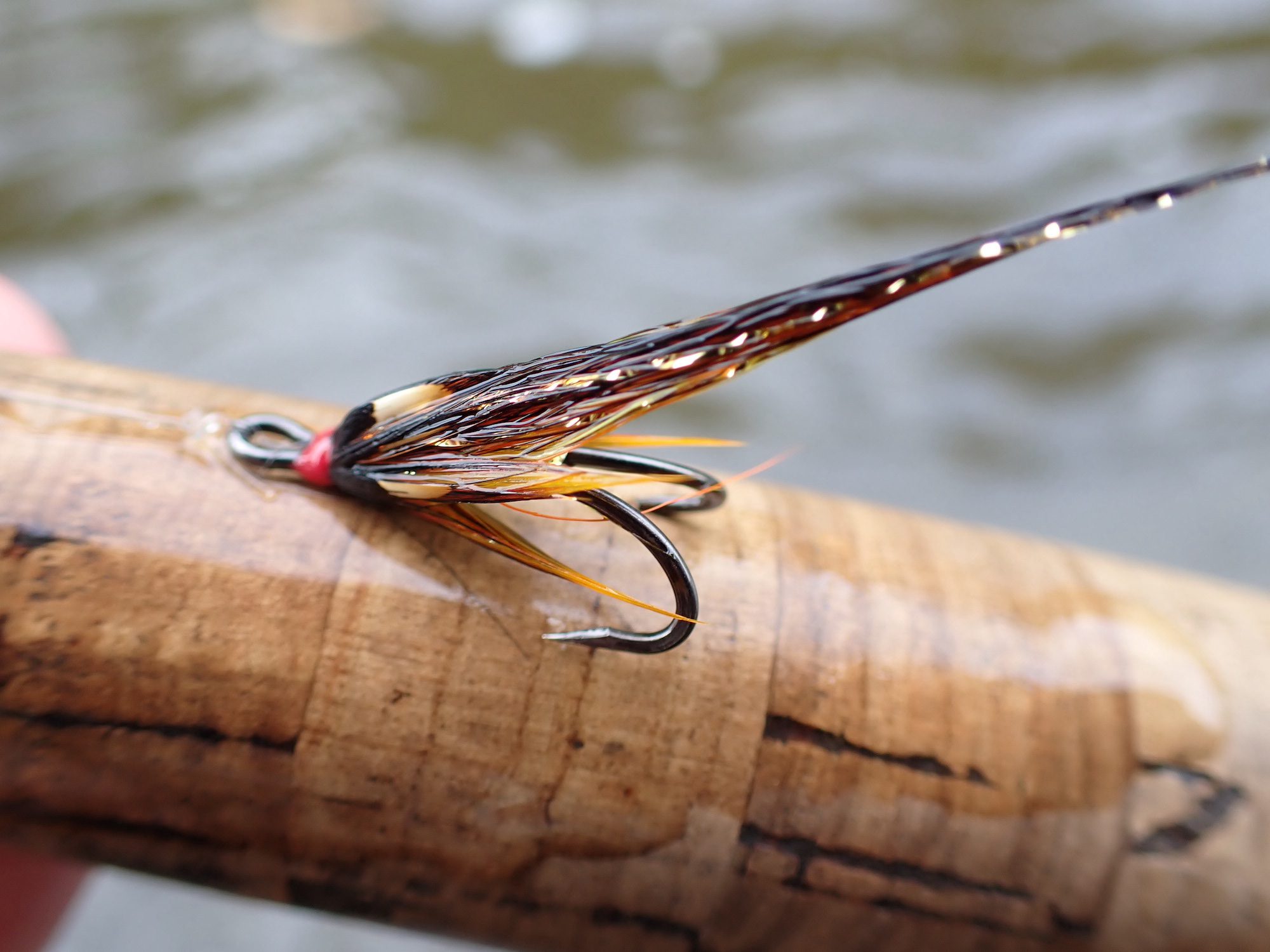
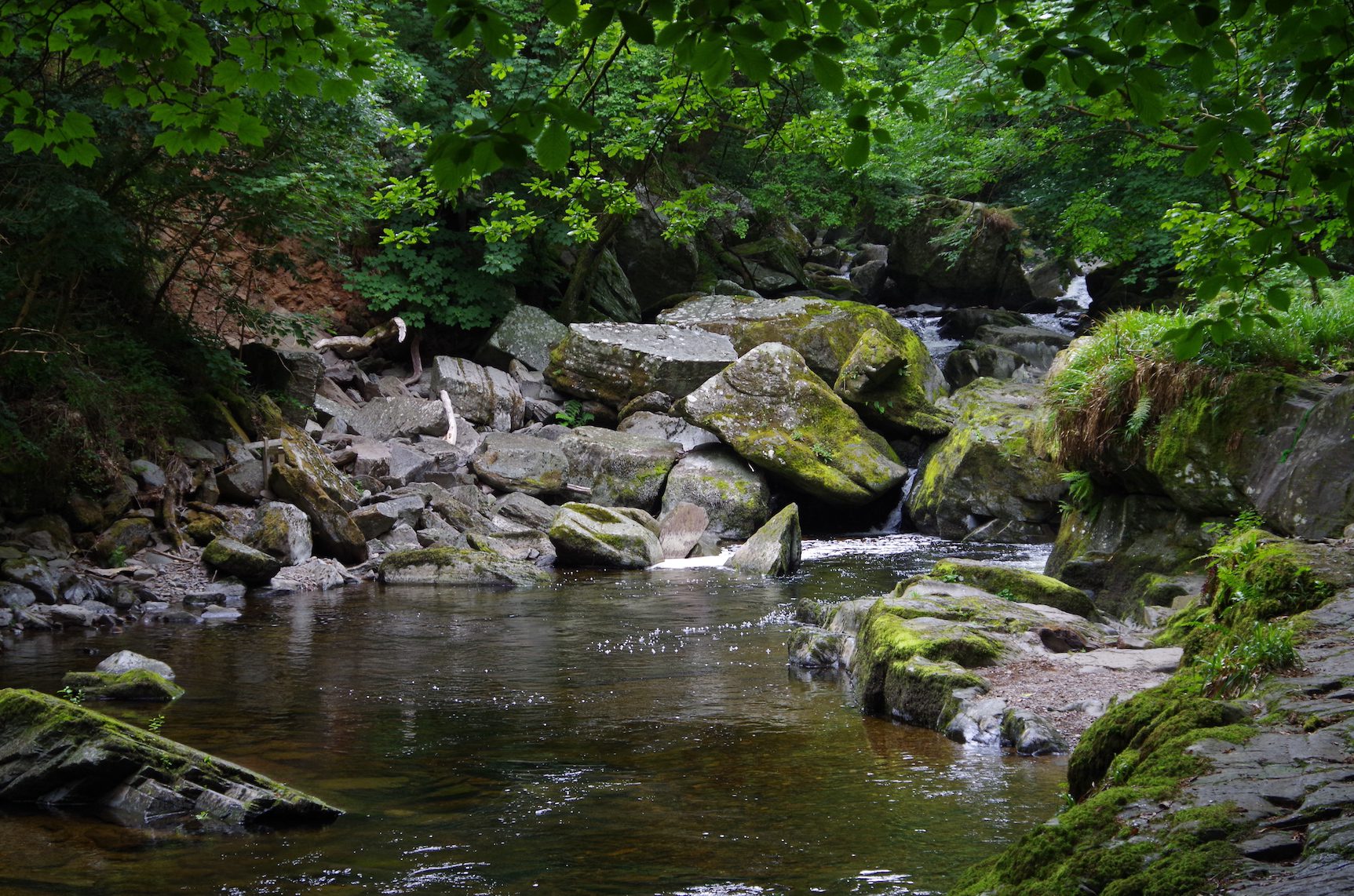
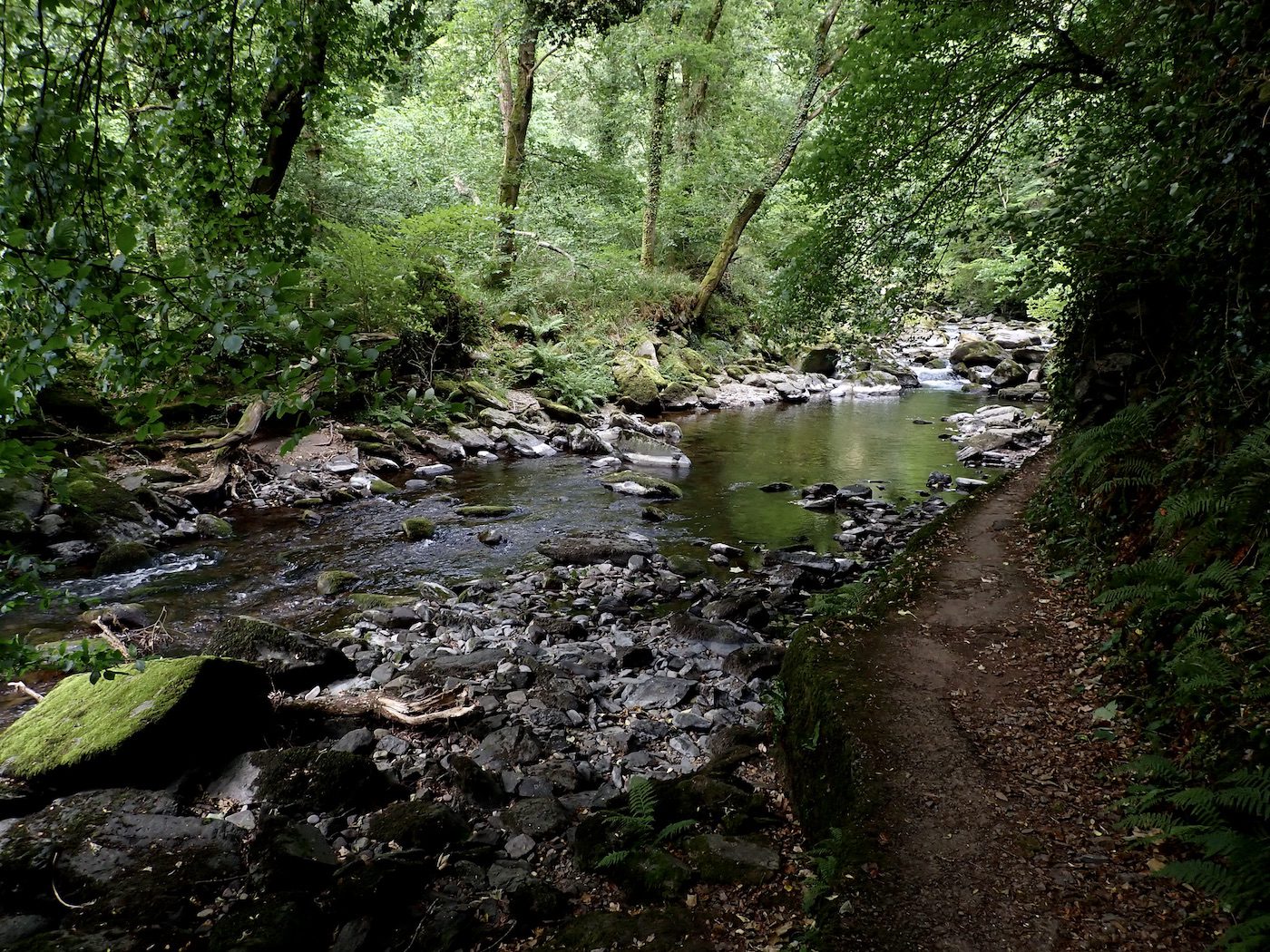
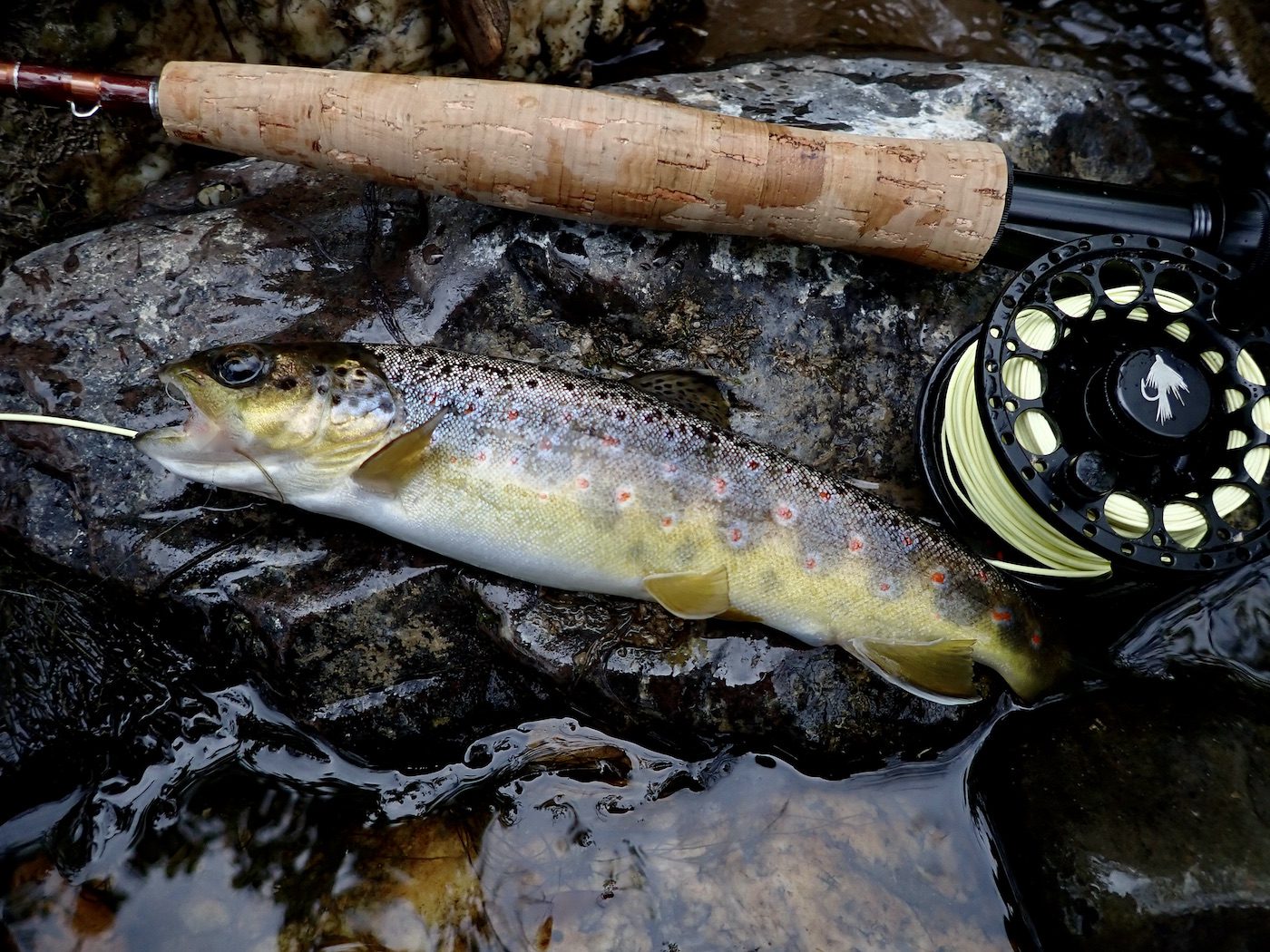
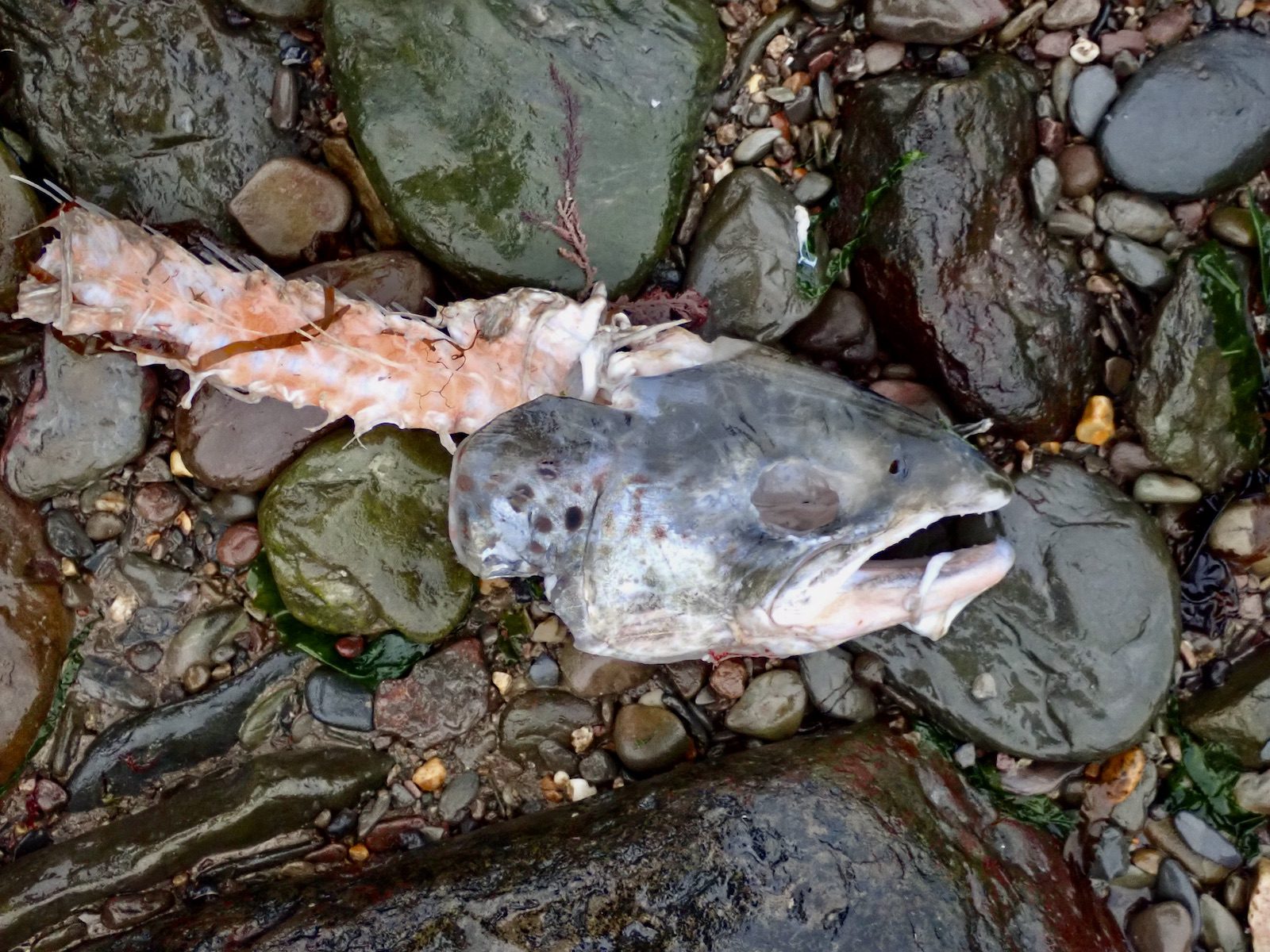

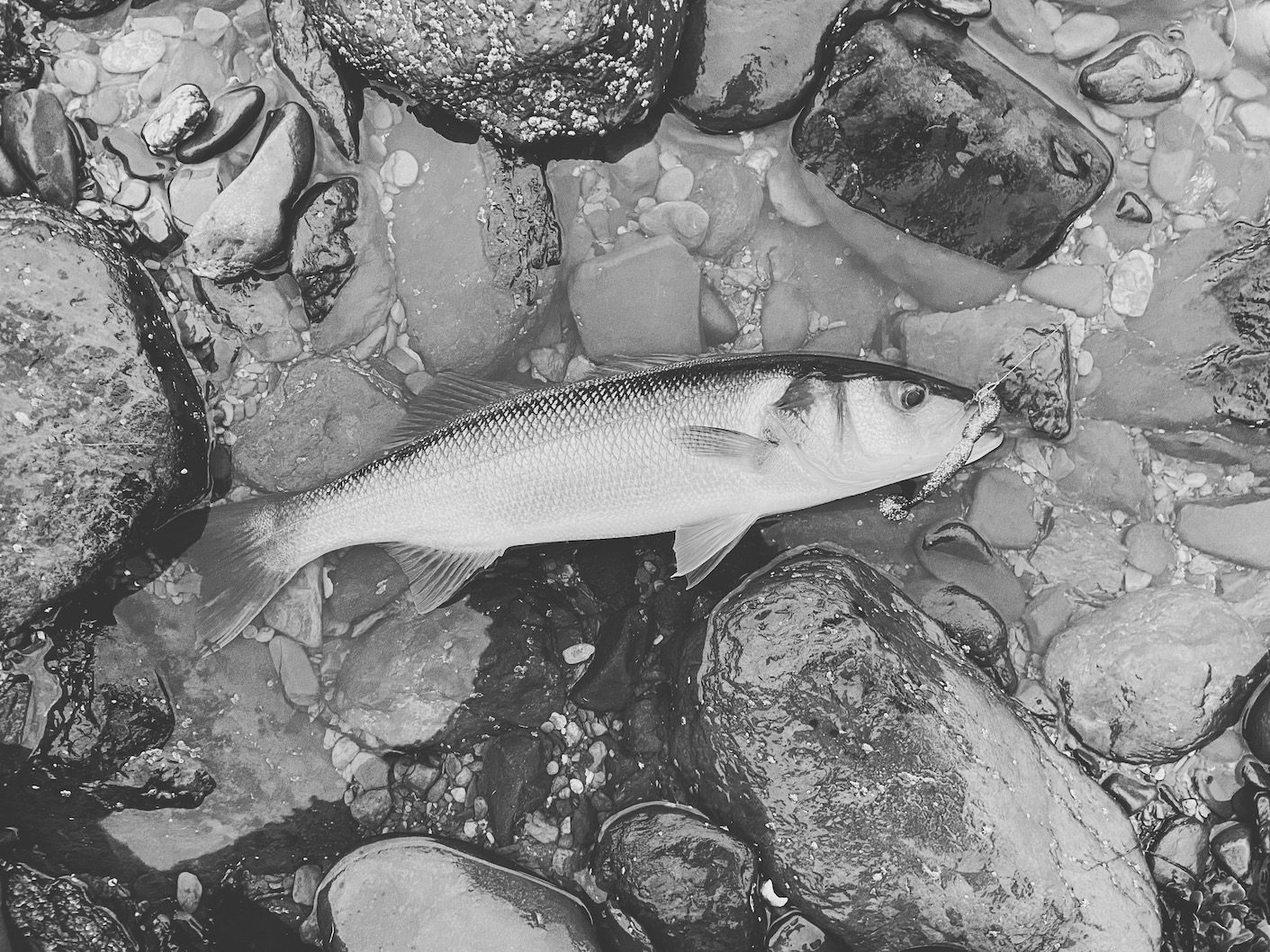
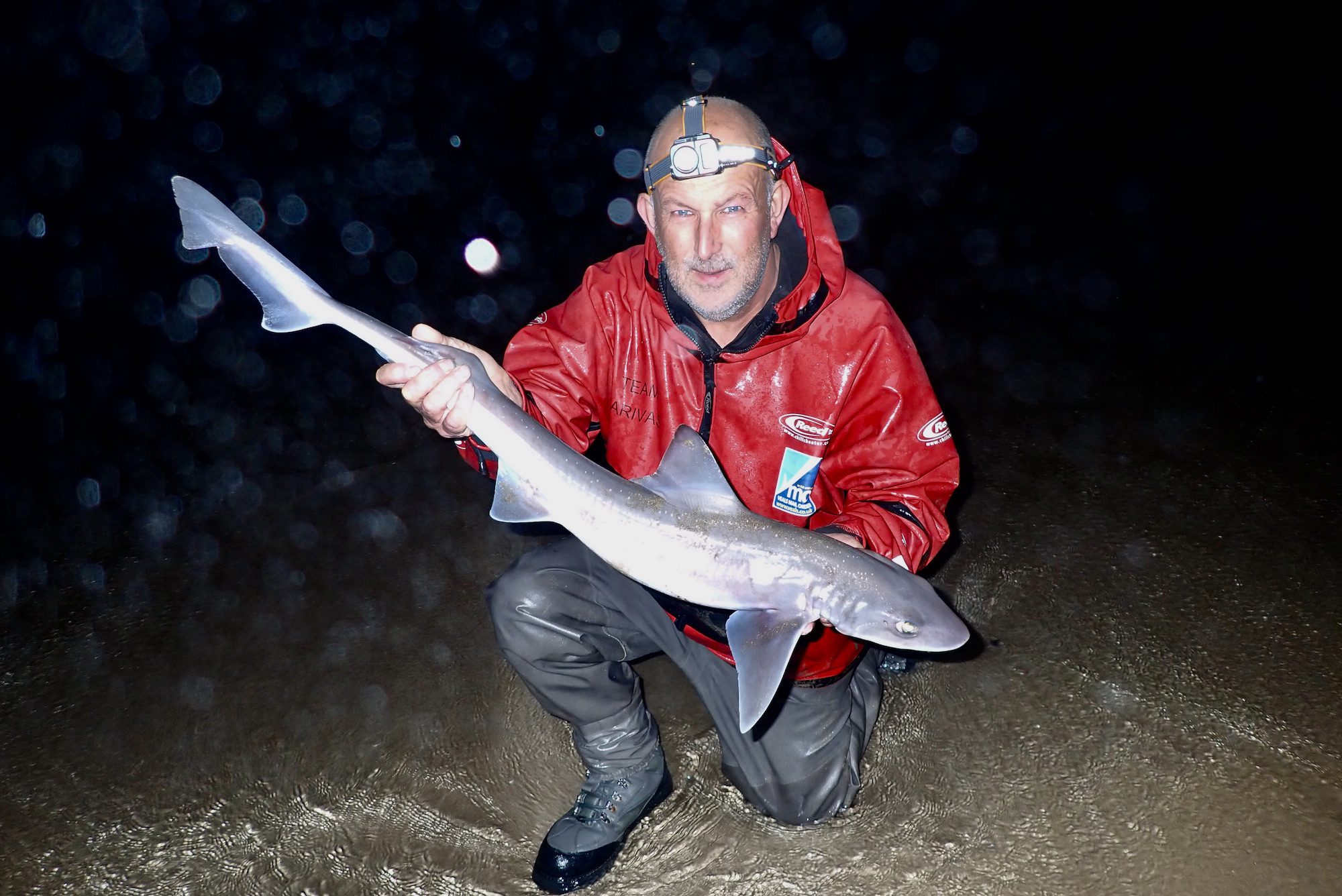
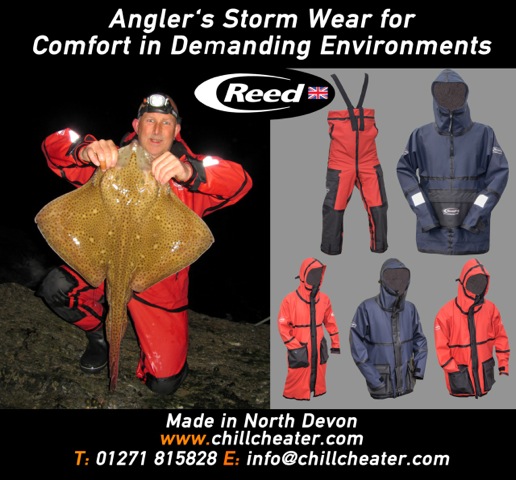
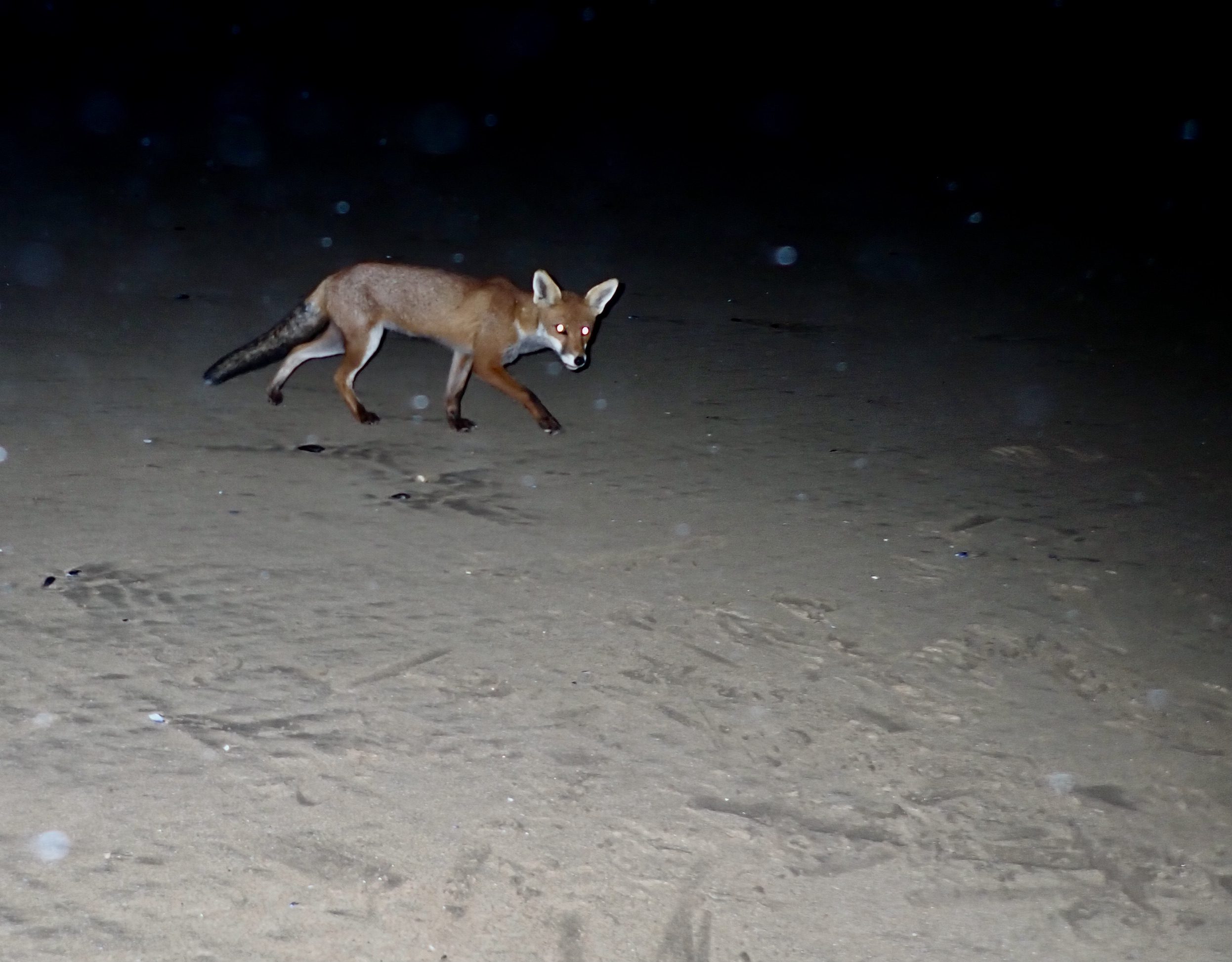
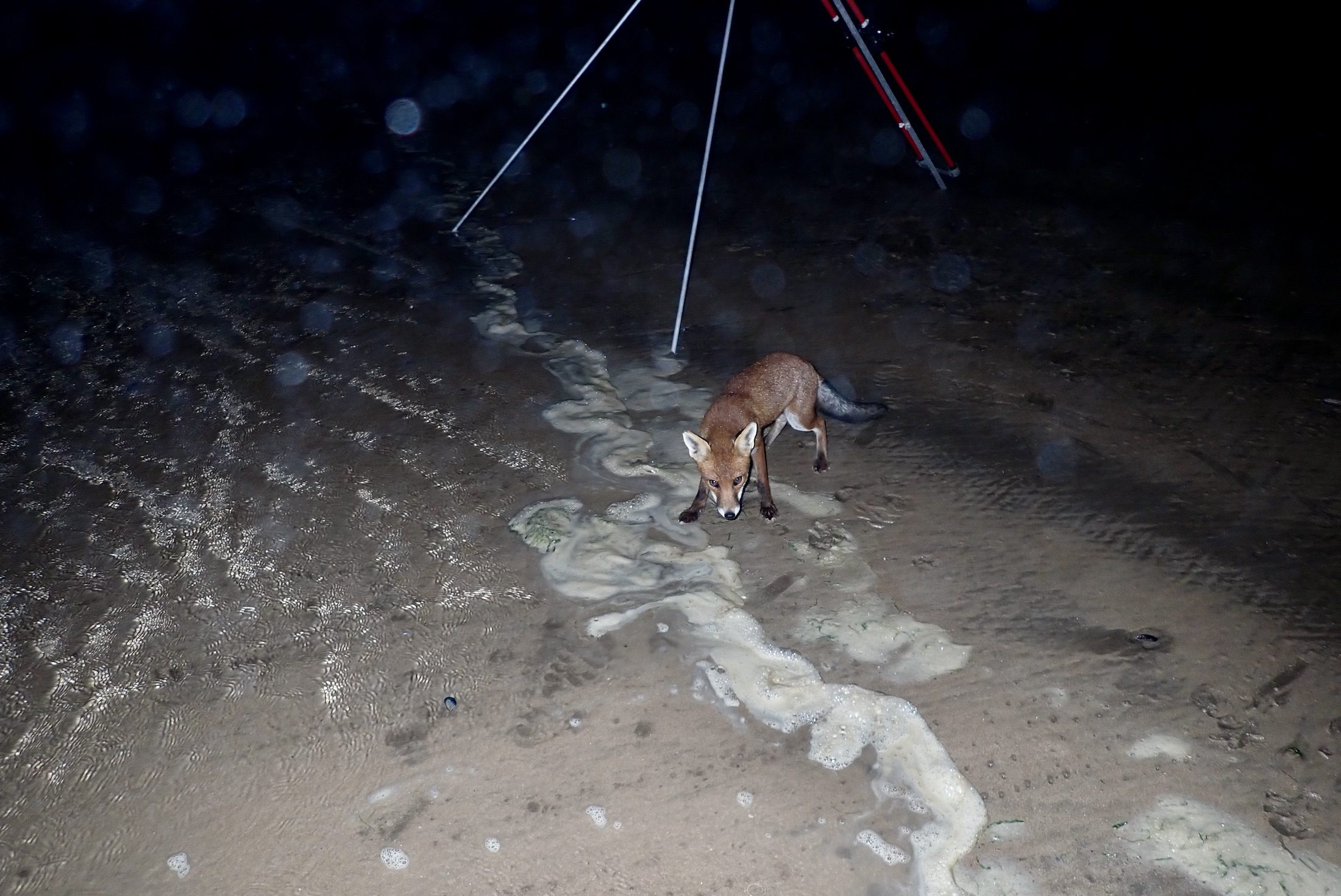
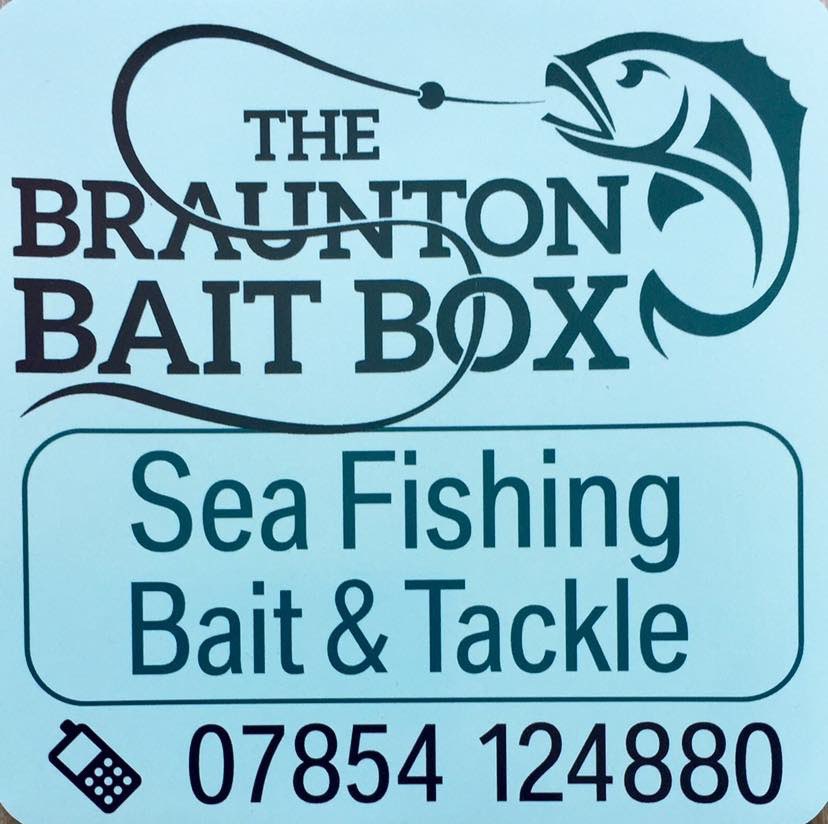
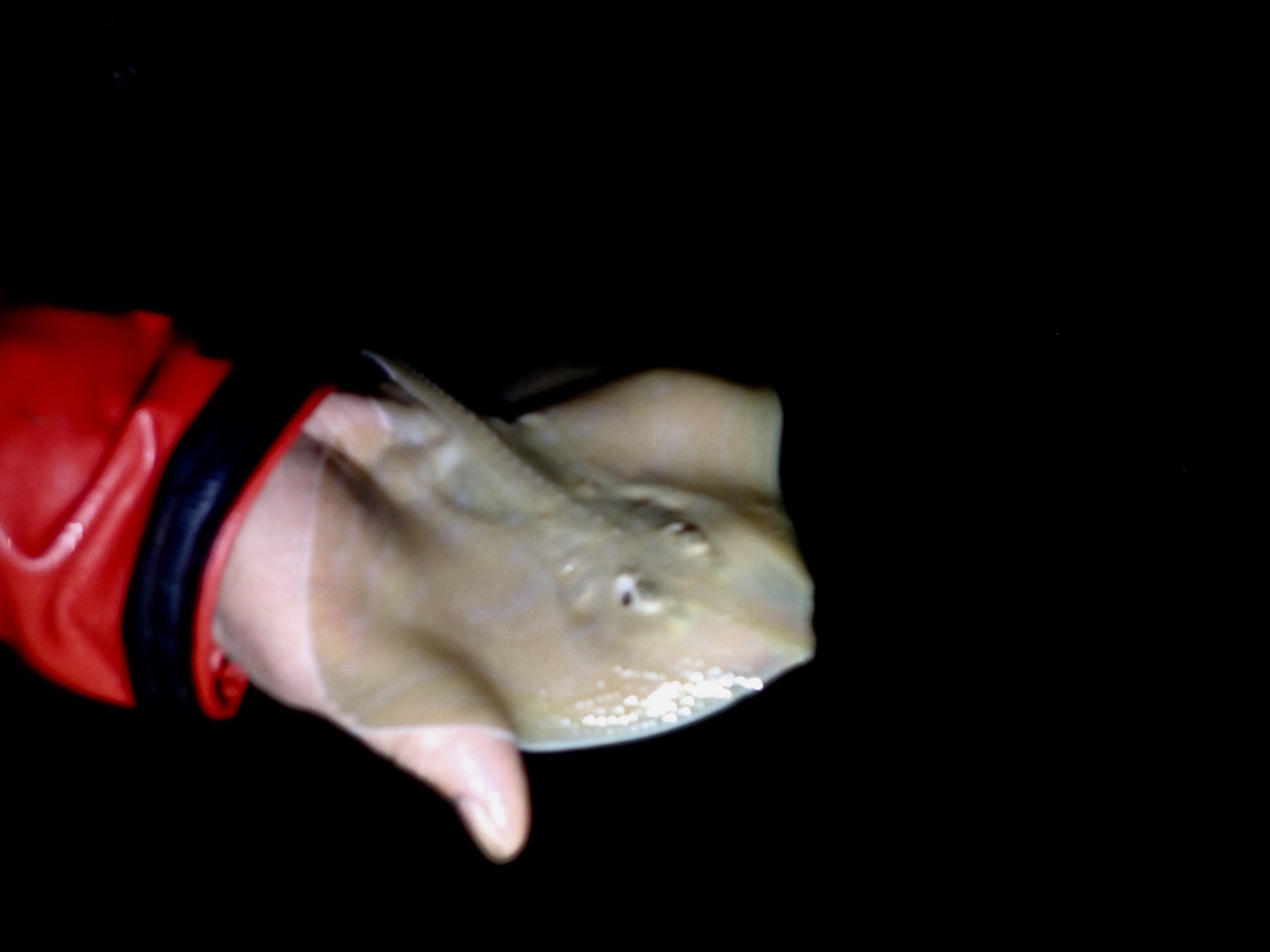

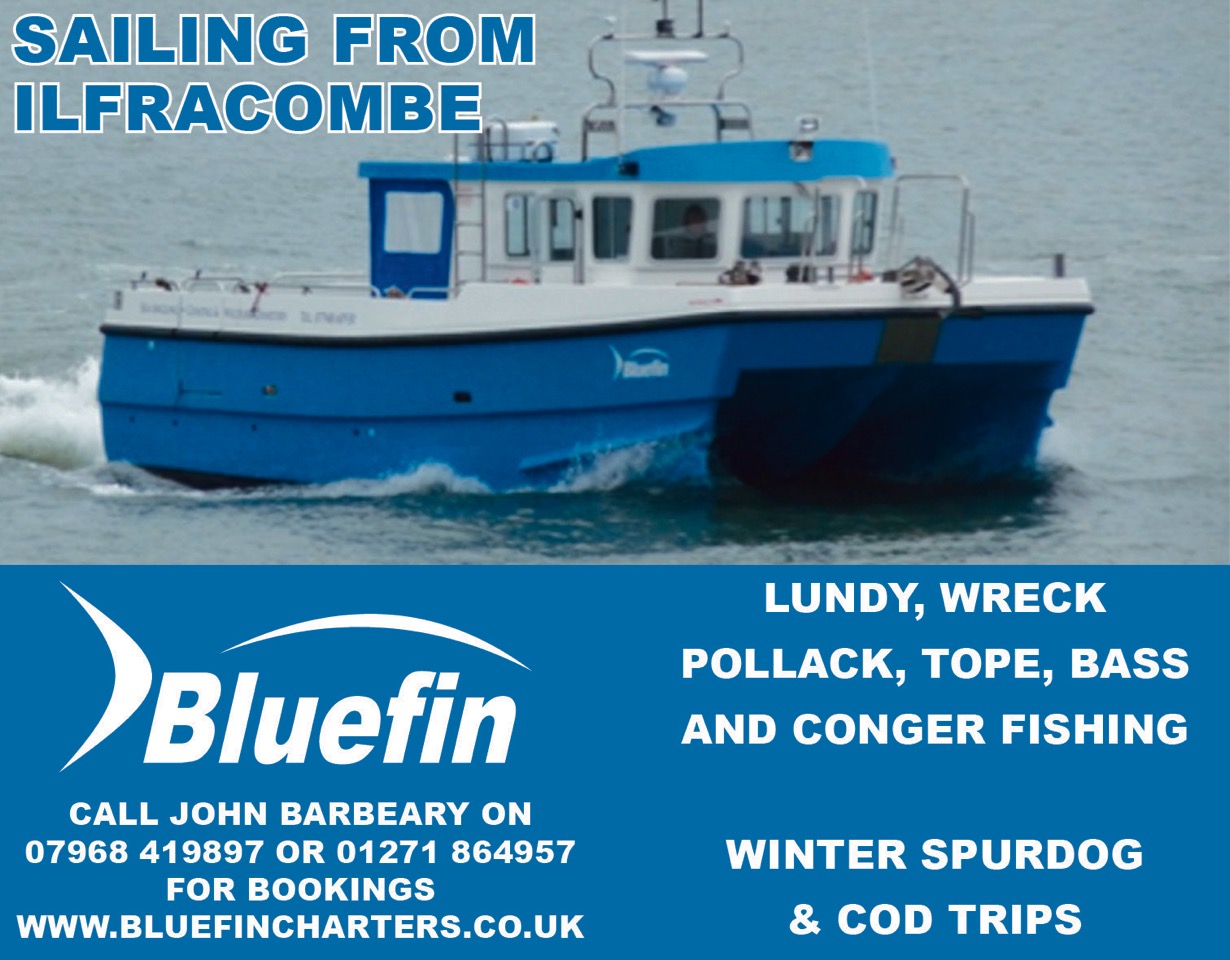
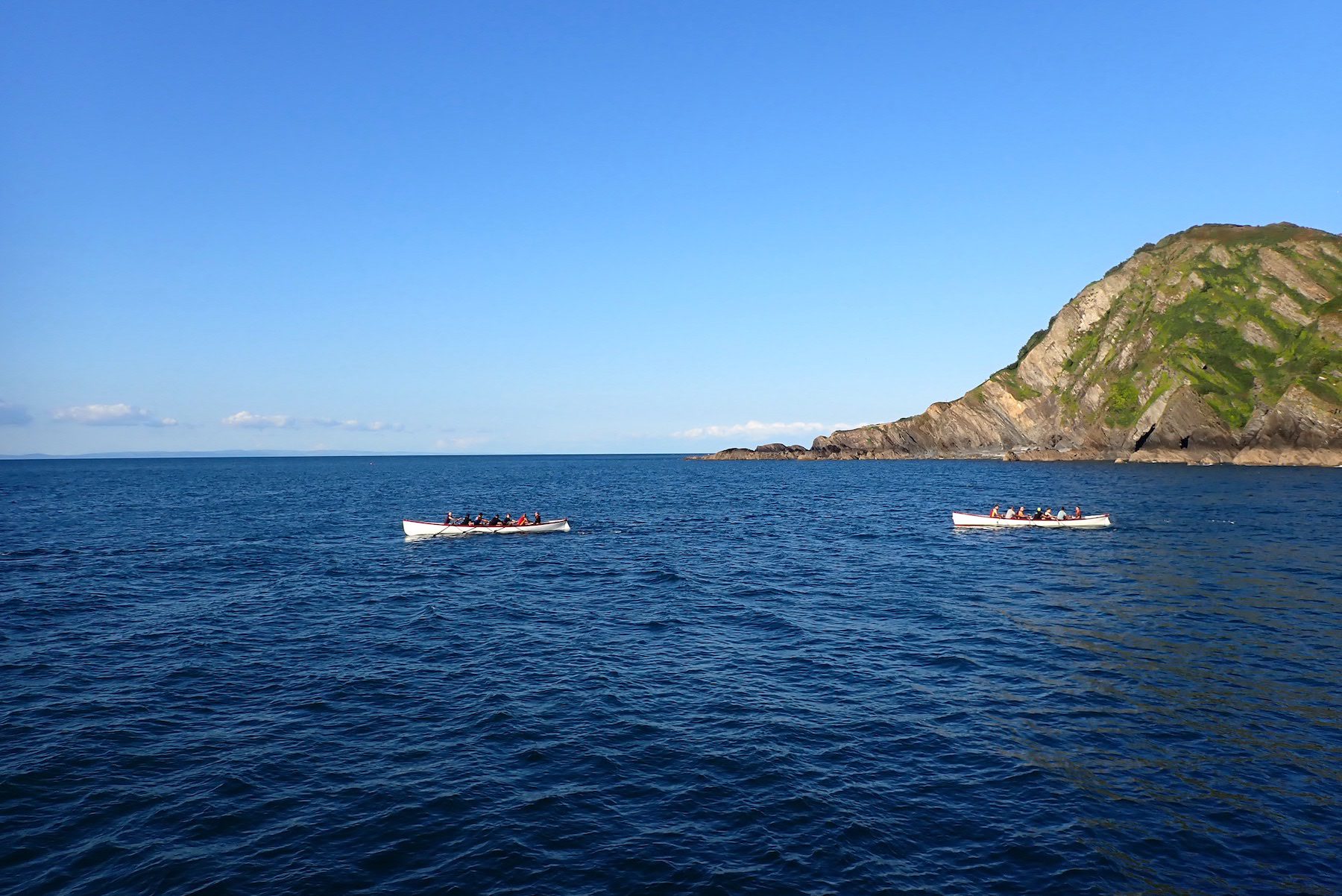
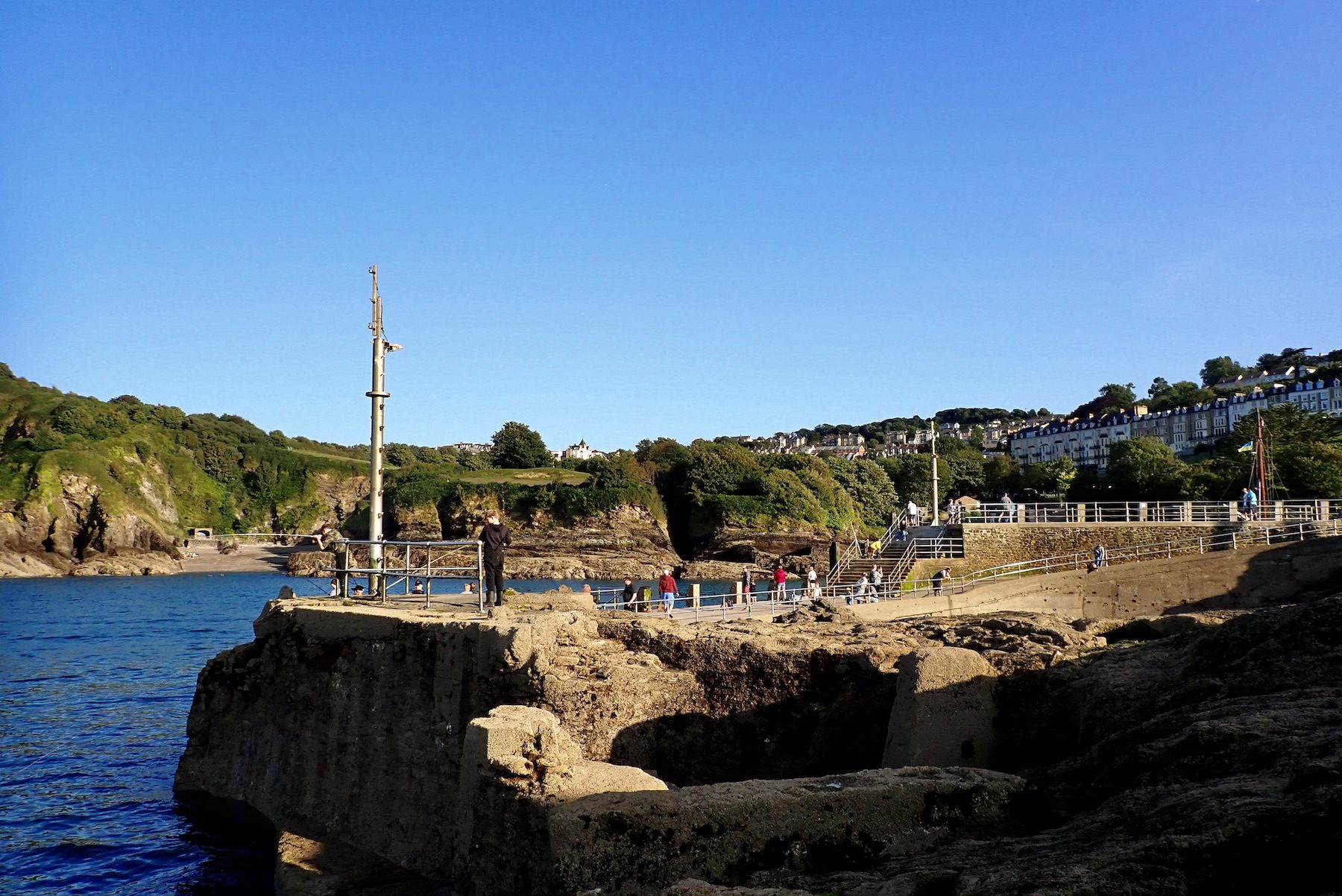 I had begun to think that those days of plenty had been consigned to history books but sometimes nature bounces back. I had heard that mackerel were abundant in shoals not witnessed for decades with large shoals showing from Hartland to Porlock.
I had begun to think that those days of plenty had been consigned to history books but sometimes nature bounces back. I had heard that mackerel were abundant in shoals not witnessed for decades with large shoals showing from Hartland to Porlock.